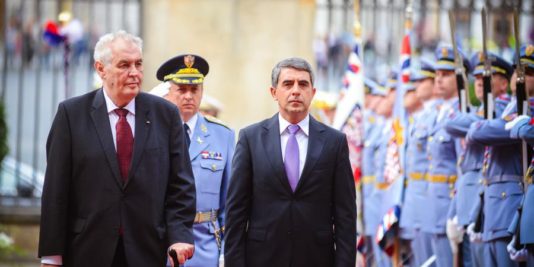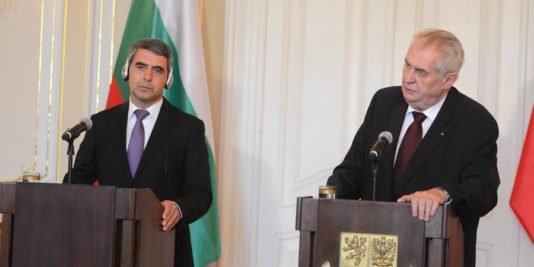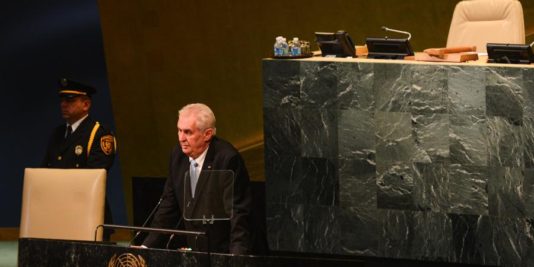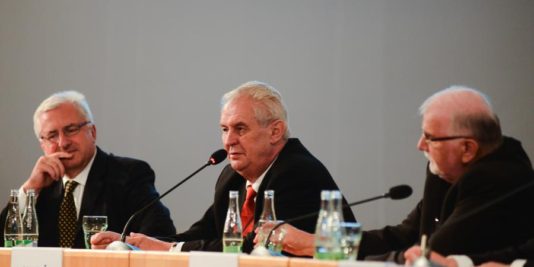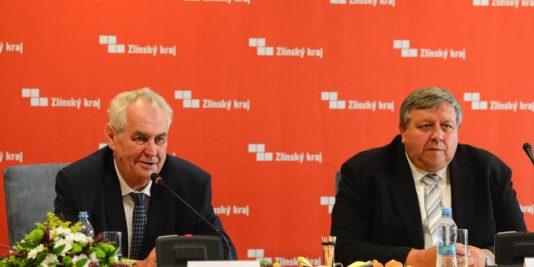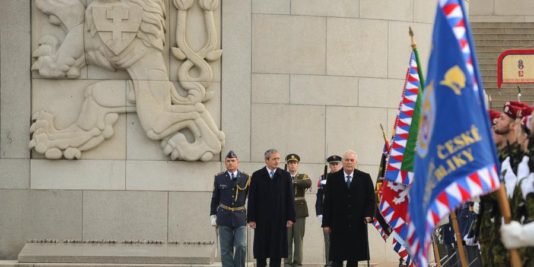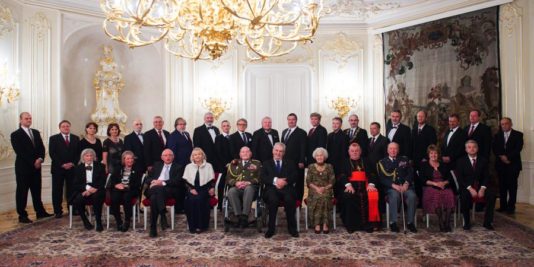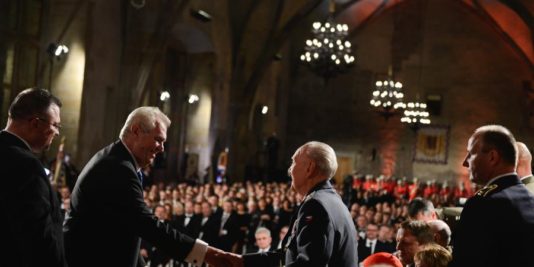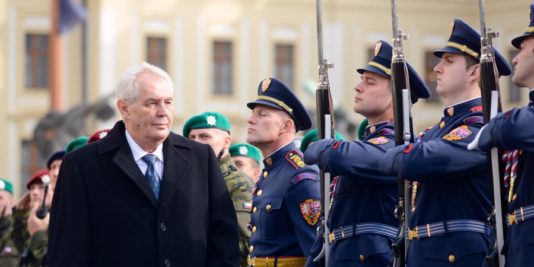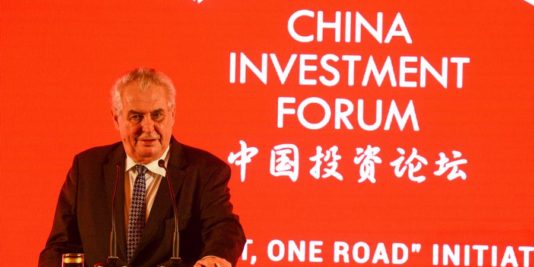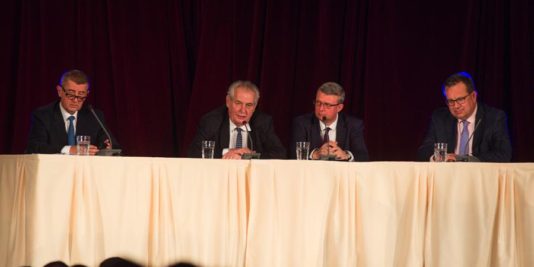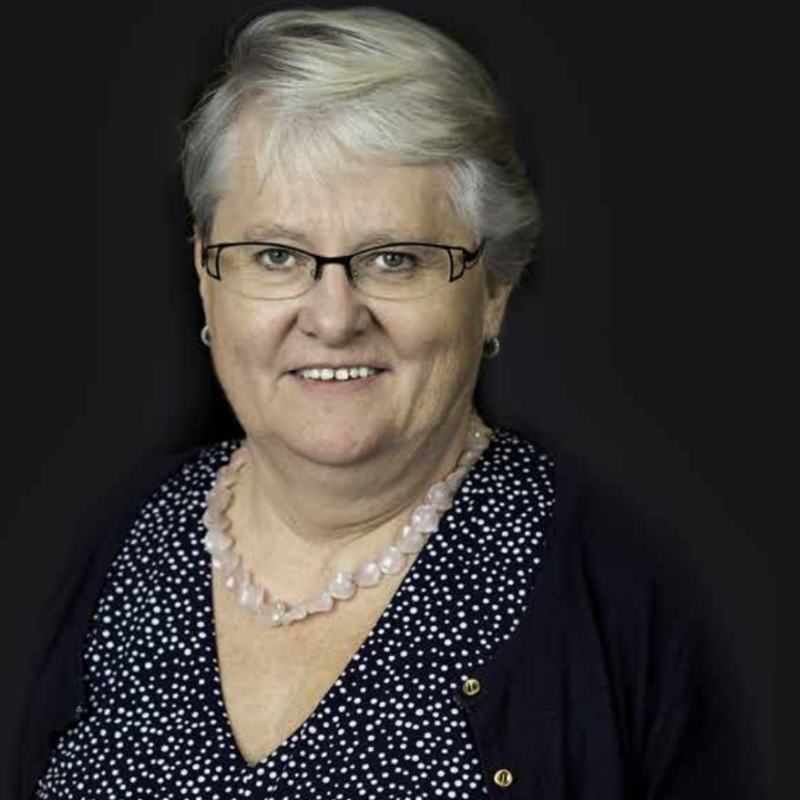The Circular Economy, or the Road to Conscious Consumption
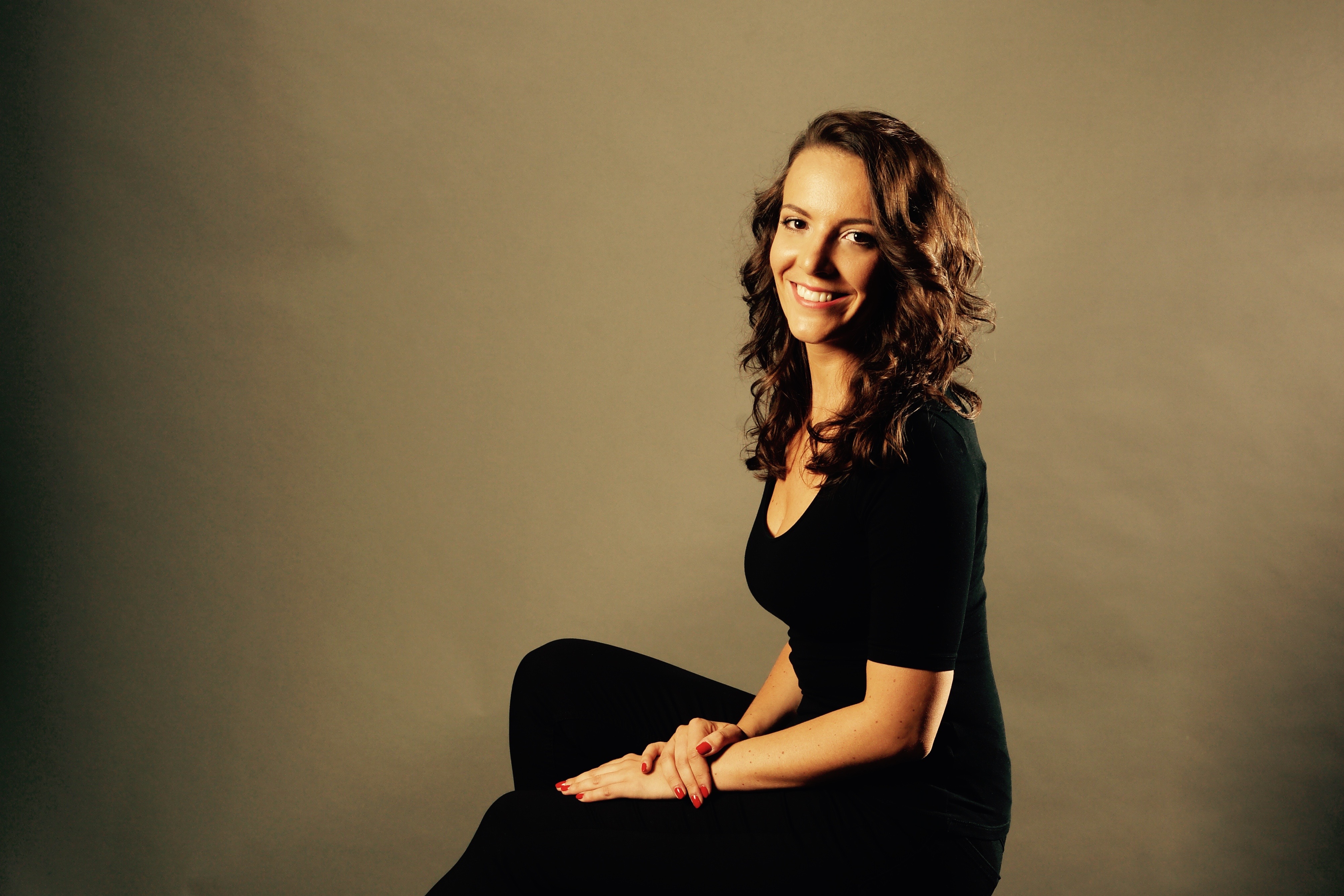
Soňa Jonášová, founder and director of the Circular Economy Institute
Meet Soňa Jonášová, founder and director of the Circular Economy Institute (Institut Cirkulární Ekonomiky, INCIEN). Soňa graduated in agricultural engineering from Mendel University. Her own motto is ‘The changes we want to see around us have to begin with ourselves’. She is interested in sustainable development, food production, agriculture, ‘cradle to cradle’ systems, the circular economy, and networking in the form of placements for university students. She has been the director of INCIEN since 2015 and is actively involved in the transition from a linear to a circular economic system in the Czech Republic. Within INCIEN, she is responsible for development activities and co-operation with key interested parties in the Czech Republic and abroad. Thee main field she concentrates on within INCIEN is the closure of biological cycles and technical cycles within corporate sustainable development, an area encompassing agriculture, the development of new economies, waste management, eco-innovation, and support for local and community action with the objective of creating a healthy society and ecosystems.
According to the definition of the circular economy, it minimises waste and other losses of energy and materials. It is often contrasted with the linear economy, which is based on production using the approach ‘take, make, dispose’. Certain sceptics, however, might see it merely as a new corporate social responsibility (CSR) fad and another reason to print some more hard-to-dispose-of glossy brochures… How can you convince these sceptics?
The entire system behind this new concept takes us back to common sense, to conscious production and consumption and to a respect for the natural resources we have here on Planet Earth. We haven’t made up anything new here. Human society always used to work like this. Our population keeps increasing, while resources and our natural heritage remain the same. Furthermore, recent years have shown that we are running out of raw materials and here in Europe we are not self-sufficient in raw materials. We import phosphorus, for example, which is essential for agriculture, from Morocco and its reserves are diminishing. Phosphorus recycling is beginning to turn into a lucrative business of the future. There are no longer discussions as to whether climate change and raw material limits are real or not.
The circular economy system is not about publishing attention-grabbing reports, but about a real change in business models. There are examples of renowned companies, such as IKEA, which observes its principles. Ikea implemented the Second Life project for its furniture which secures the return of old furniture and its further resale. Thus products remain in the cycle for as long as possible and waste production is avoided. The success of this model is evidenced in the fact that following assessment of the pilot project at Zličín, Prague, the project is being extended to other stores.
You founded the Institute of Circular Economy Institute in the Czech Republic. What is your mission?
Our mission is to spread circular economy ideas across all sectors and interested parties. Besides spreading our idea, we also work in implementing its principles in practice. We co-operate with dozens of municipalities which, for example, are implementing new efficient waste management systems in order to sort as many materials as possible for further processing such that they do not become waste, but rather a value resource. We also co-operate with companies implementing circular economy principles at various levels. Some companies transfer to more sustainable resources, others process secondary raw materials, and other change their business models and implement systems of repair or collection in order to recycle as many materials as possible.
Our objective is also to take and implement examples of good practice abroad, whether in terms of know-how or technology. It is our conviction that if we can learn from the experience of others, we can save time and money.
We also co-operate with the public sector and endeavour to ensure the environment for investors and entrepreneurs is as ready as it can be. Sometimes laws and directives have to be changed to ensure materials can circulate in the environment in practice.
It’s been two years since INCIEN was founded; what specific outcomes are you most proud of?
We were very pleased by the response to our Odpad Zdrojem ( Waste as Resource) conference, which we launched in 2016 with the objective of spreading the CE concept, this time amongst local authority players. It is often a very complex topic and in particular we think the growing interest and positive response seen year-on-year shows our success. This year, we are expanding the conference to include an event of the same name but more narrowly focused in autumn which will focus on eco-innovation and the circular economy within water management. This year, our target group will also include companies. Another great success is the organisation of the PAYT Tour, which we undertook this year in collaboration with the Ministry of the Environment. The event was implemented with the objective of presenting the Action Plan for the CE objectives, as issued by the European Commission whose goals we are obliged to meet by 2030. Our target group was local authorities, and almost 700 municipality and city representatives visited our seminars. We appreciate the large number of orders and projects from companies and municipalities who seek us out themselves in order to set up co-operation.
Stories of people with a total of 33 items of clothing including shoes and accessories, and others whose annual waste fits into a jam jar are very popular. On the other hand, a lifestyle like that surely isn’t for everyone…
Ideas of minimalism, conscious consumption, zero waste and other concepts are undoubtedly commitments made individually. It is hard to implement them on a blanket basis, but it is good to discuss them as these principles arouse interest, and people then try to do ‘at least something’ and become aware of their responsibility. Little changes in everyday life have a large impact in a global context. Buying less clothes, for example, in the long term not just reduces our environmental footprint, but also helps us to slow consumption, something which may in future lead to better conditions for workers in textile factories.
How do you personally implement circular economy ideas in your life?
One interesting principle promoted by the circular economy is a transfer from ownership to leasing and the sharing economy. Owning things requires not just money, but also time. The more we have the more space and the more time we need to maintain them. I live in a rented apartment, for example, drive a lease car and since moving to Prague I’ve also hired most of my sports equipment, including skis and bikes. When I take account of the fact that I might own skis which I hardly use one week in a year with the rest of the time spent wondering where to store them, then lease works out much cheaper. And it’s the same with almost everything. And I always recycle or give away things that can’t be leased at the end of their lifecycle; this applies to IT technology and furniture. I have come to realise how much people actually need when they don’t keep up with the latest fashion trends, for example. I’ve reduced my wardrobe by a third and I’ve always got something to wear. I buy as little as possible and hire an outfit for important occasions. And when I do go shopping, I want to know what the product is, where and from what materials it has been produced and if it can be recycled. And I sort all my waste for recycling. At home and at work. I avoid single-use products and instead use multiple-use bottles, bags and food packaging. We should all implement these types of principles to such an extent that it does not restrict our daily lives. We never try to persuade people to do things; we just show people products’ complete story and discuss the global context and what they can change in their lives.
INCIEN – Institut Cirkulární Ekonomiky, z. ú. – is a non-governmental non-profit organisation promoting the circular economy within the Czech Republic. It was established in 2015 and has implemented a number of successful events and projects since then. More at www.incien.org.
By Linda Štucbartová


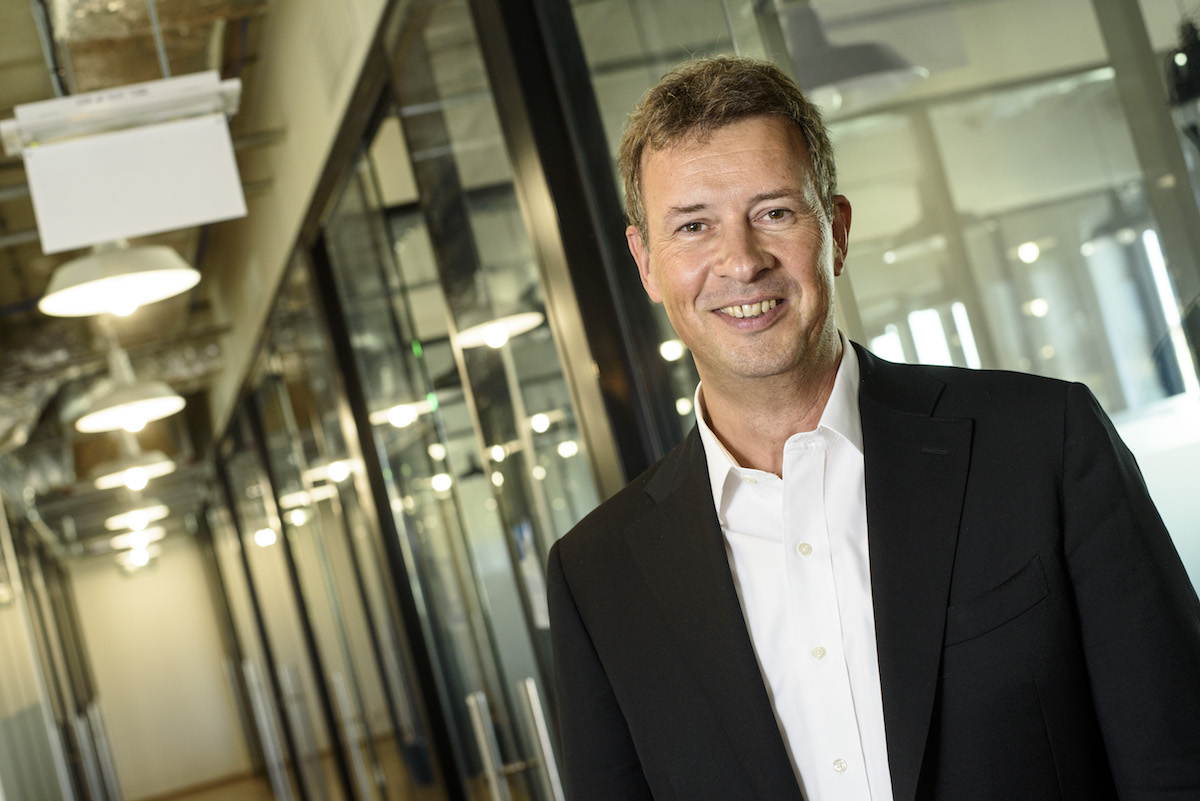
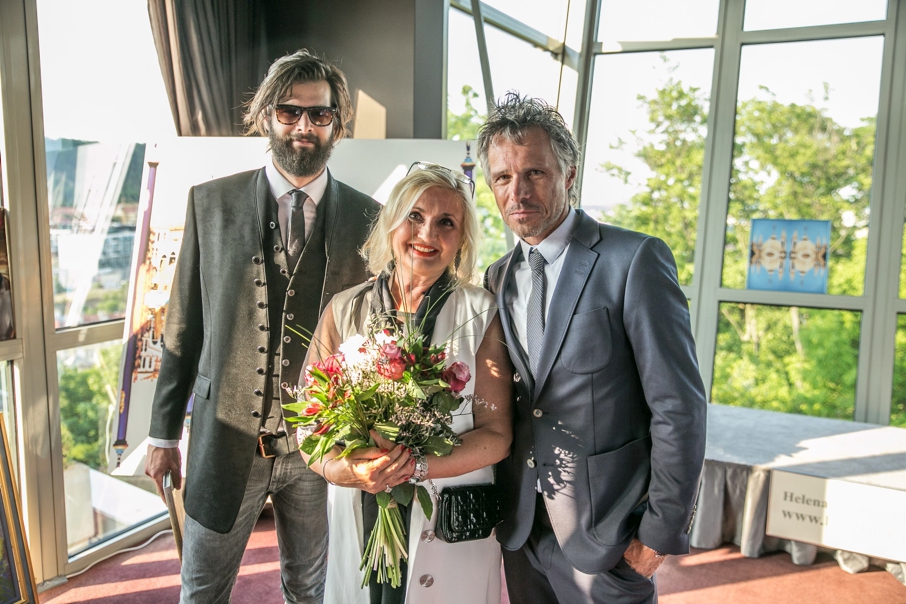
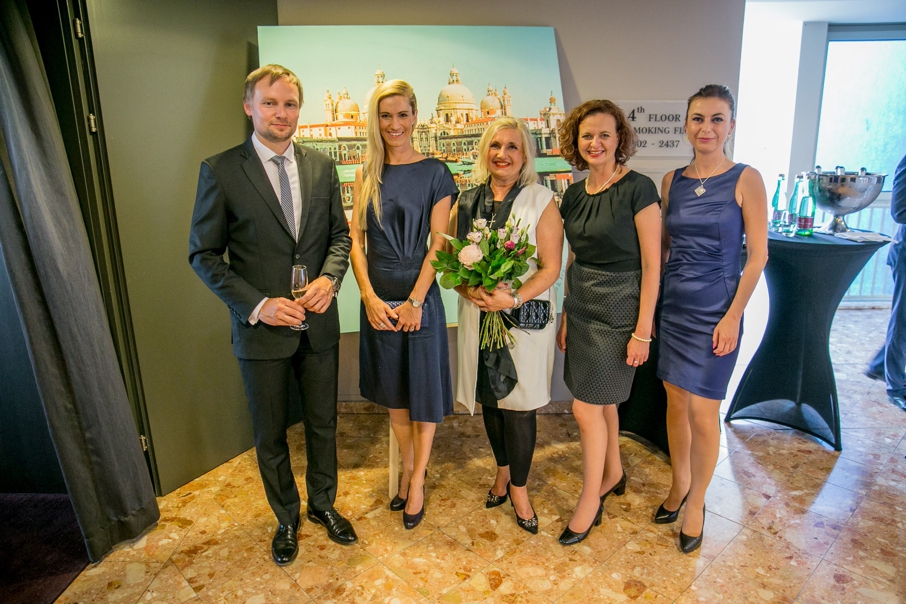
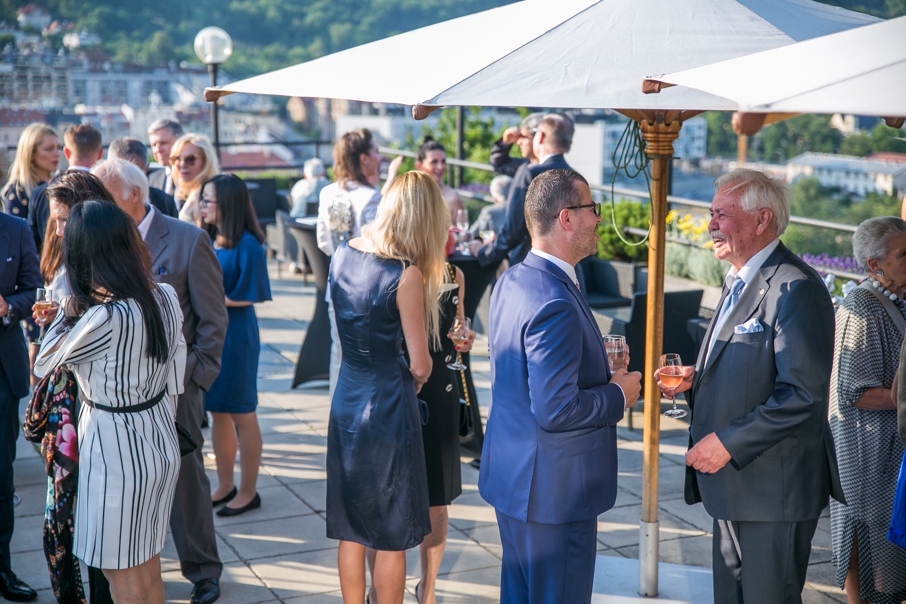
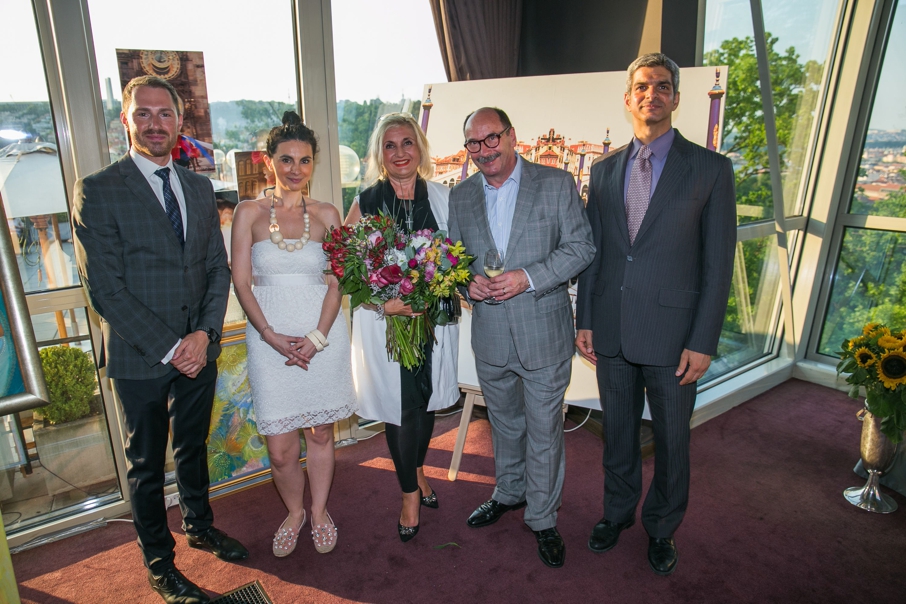
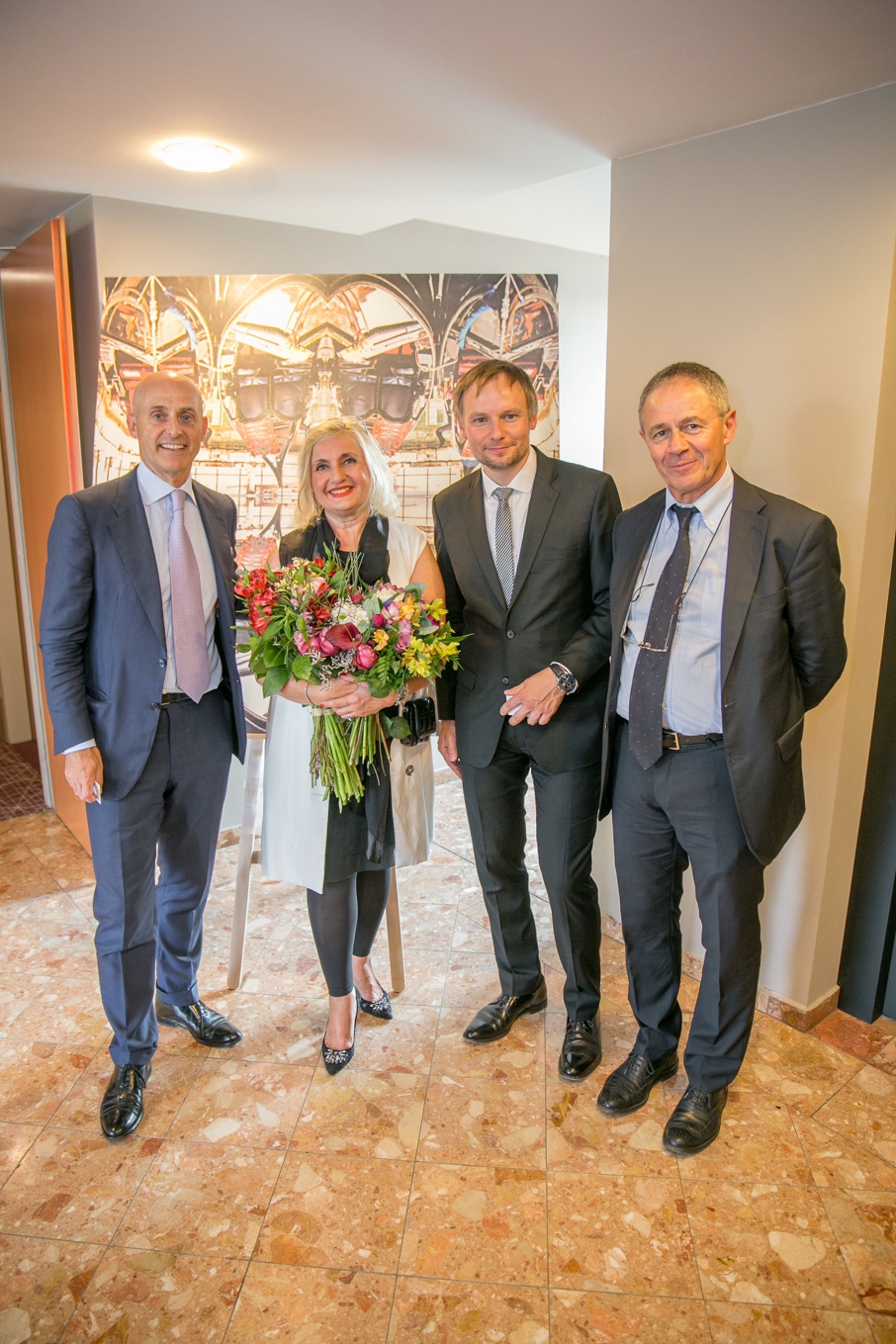
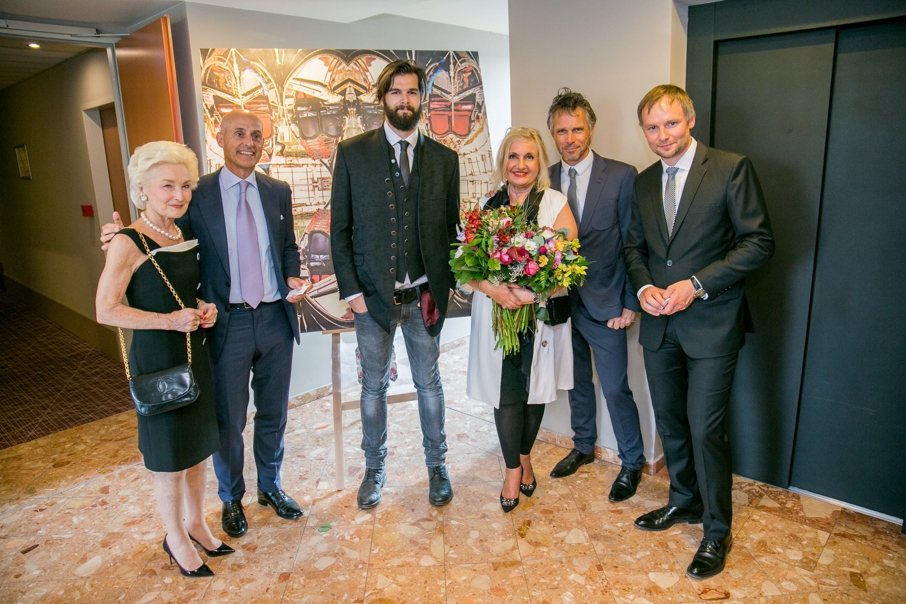
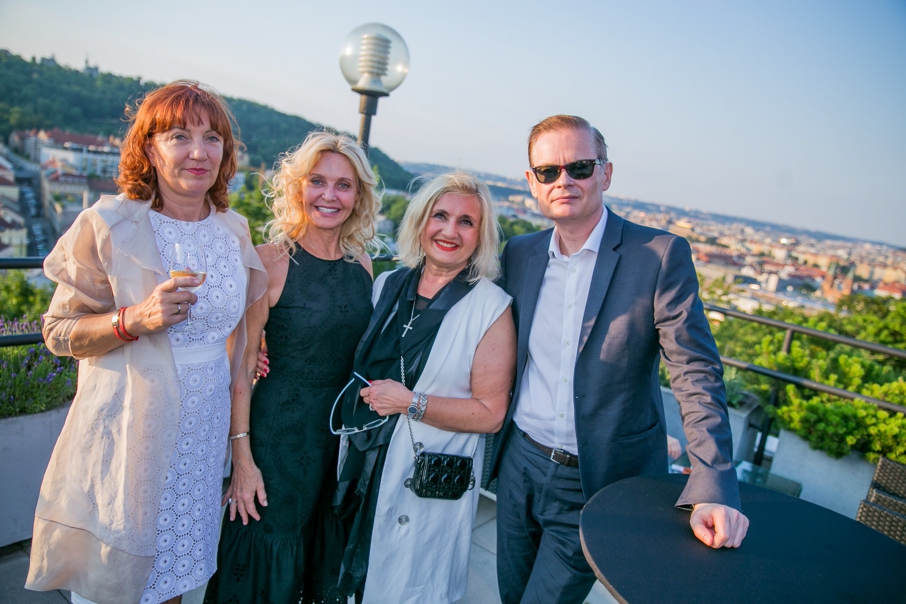

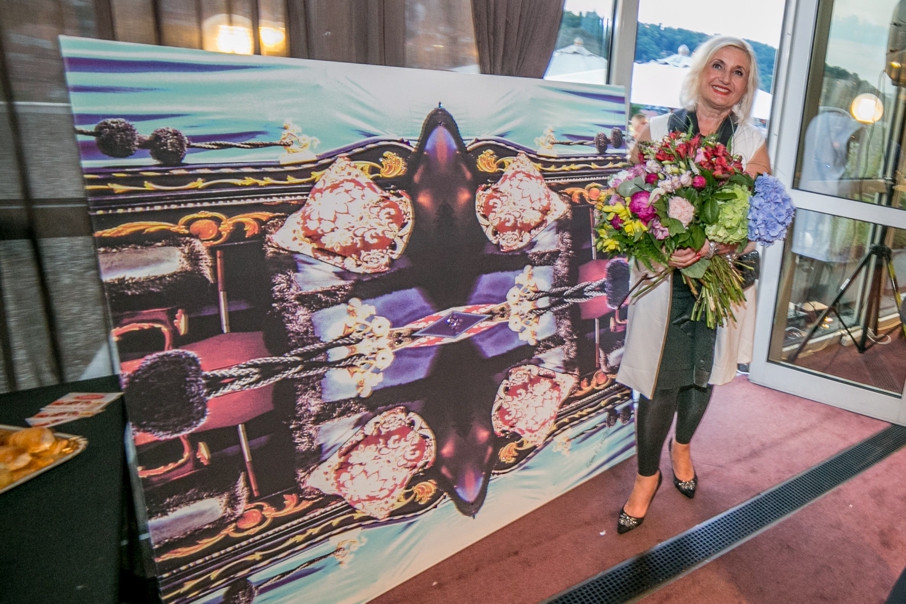


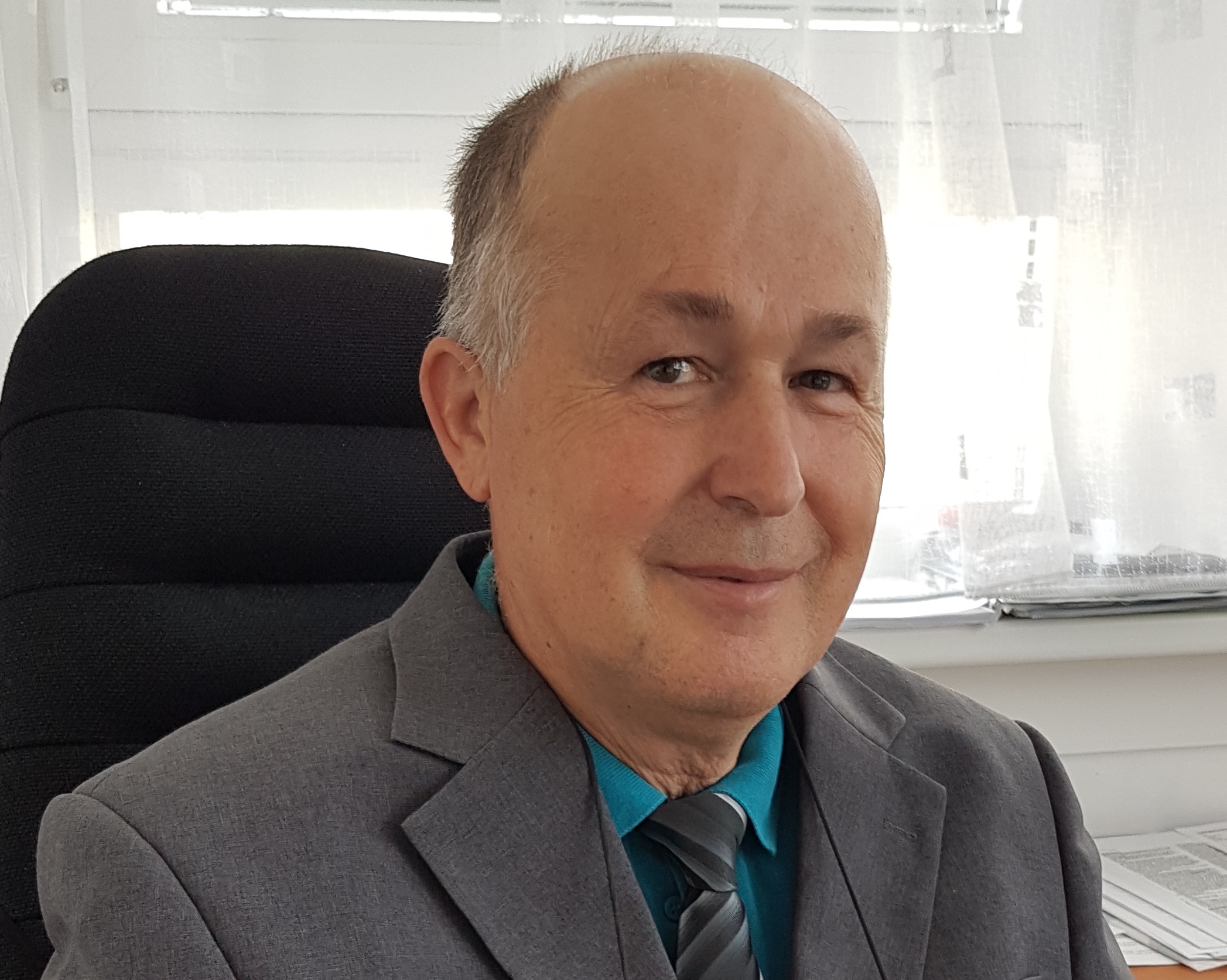
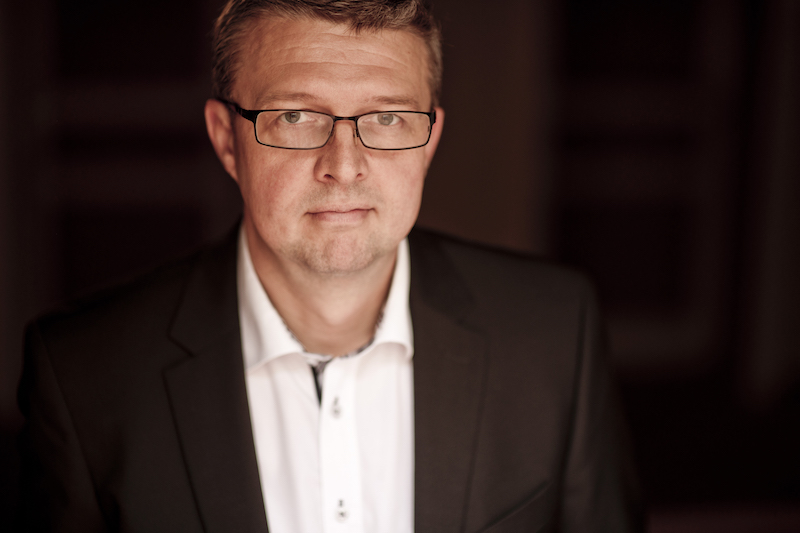
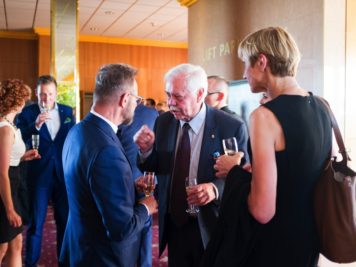
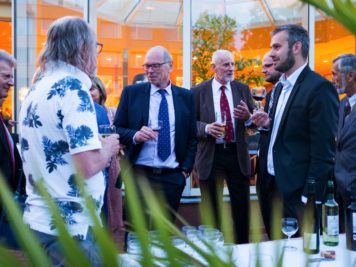
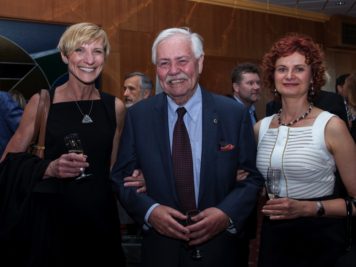
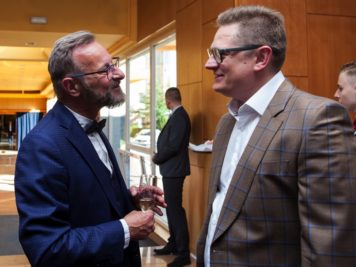
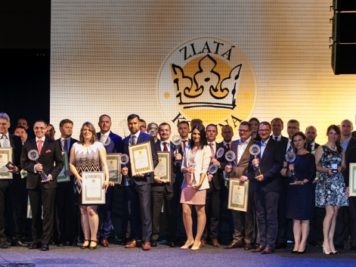
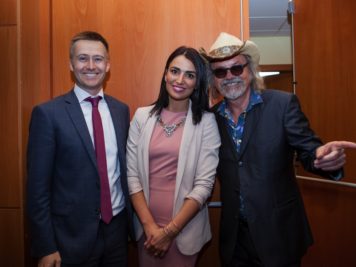
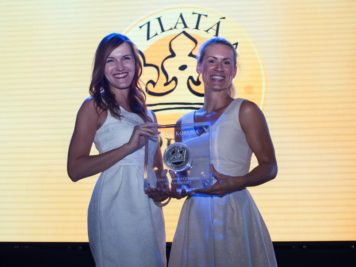
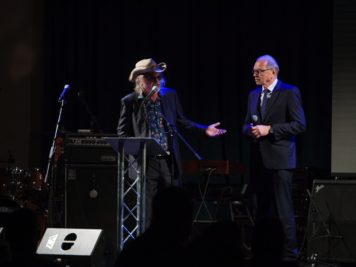
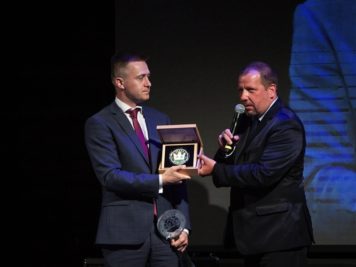
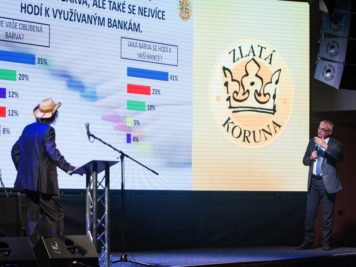
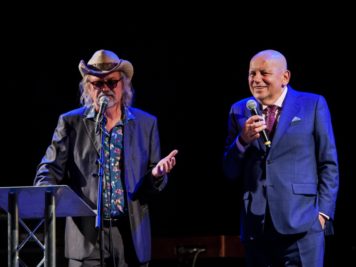
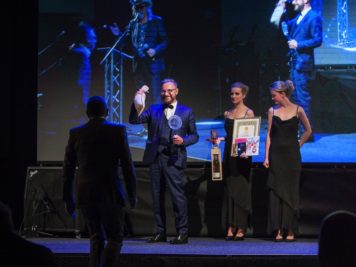
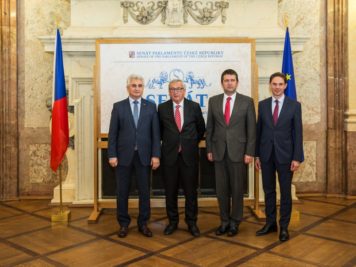
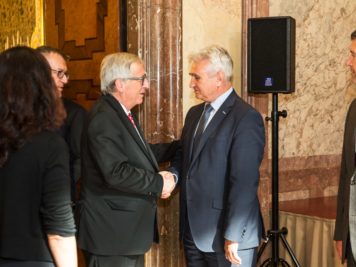
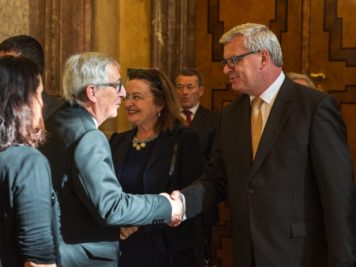
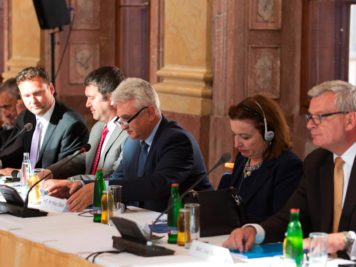
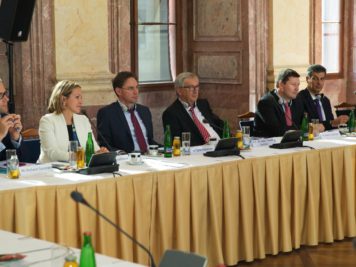
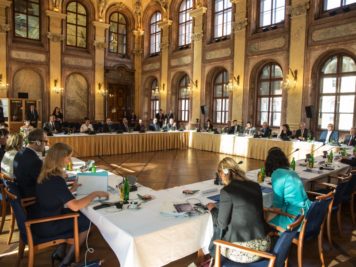
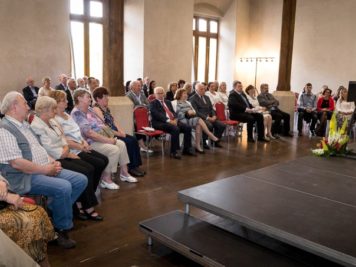
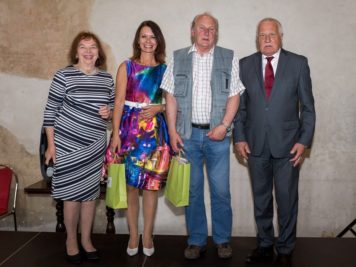
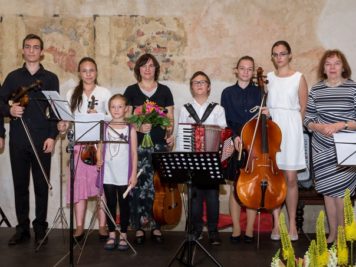
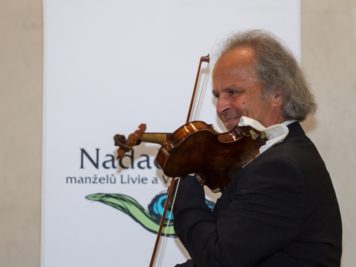
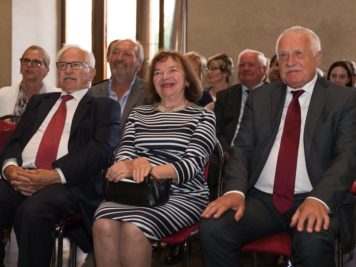
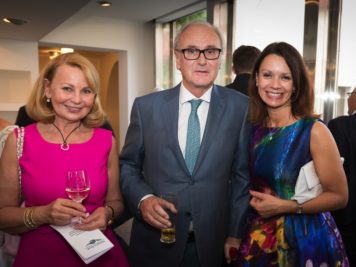
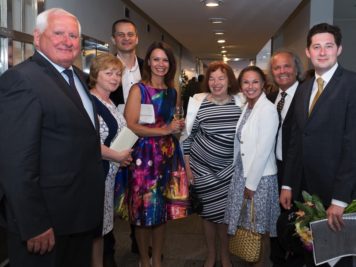
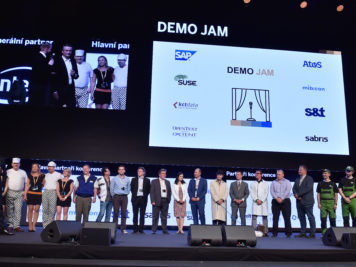
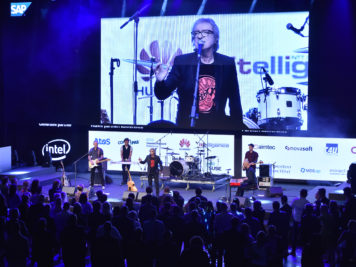
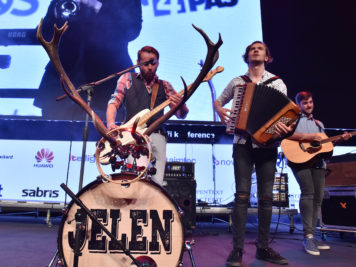
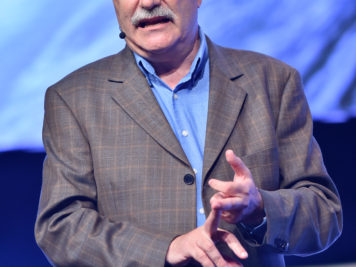
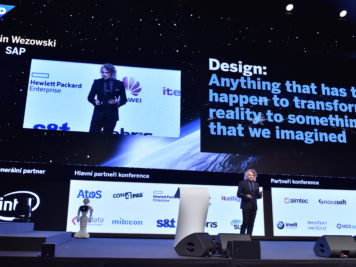
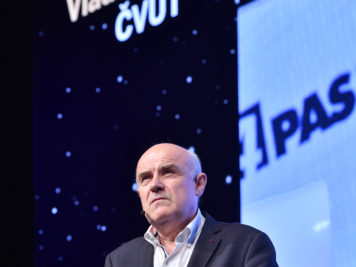
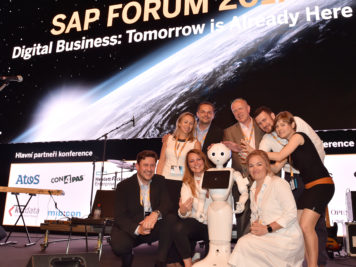
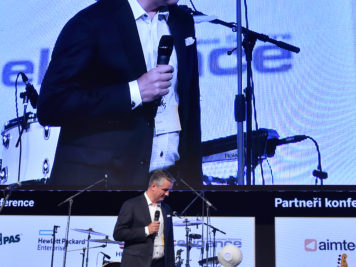
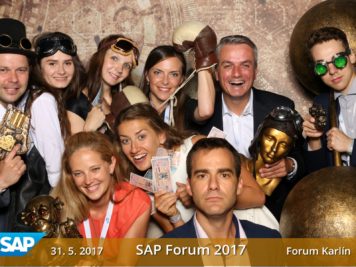
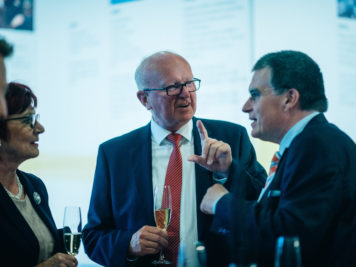

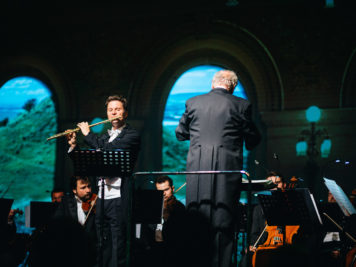
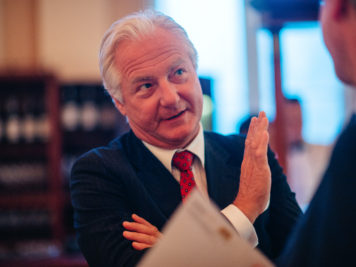
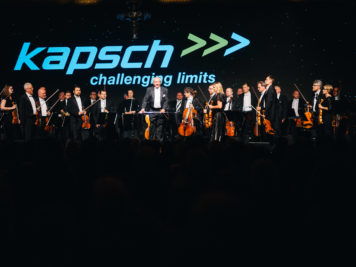
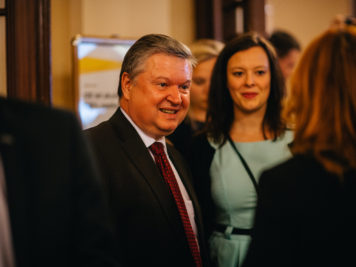
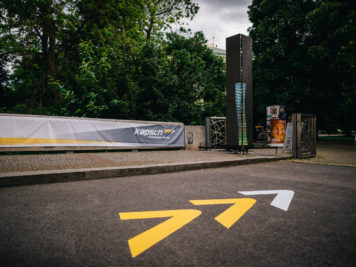

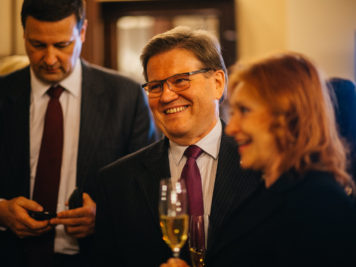
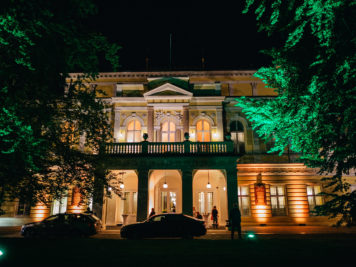
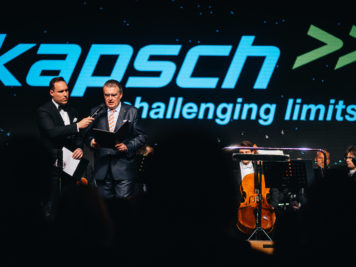
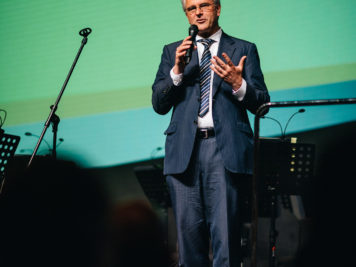
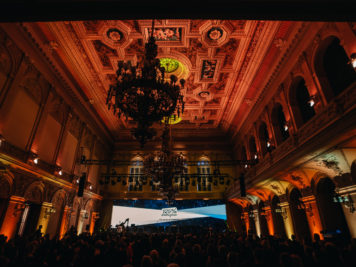
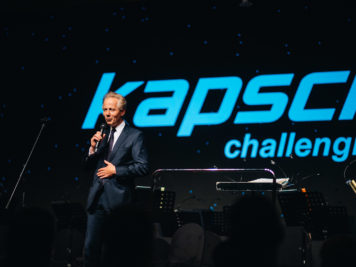
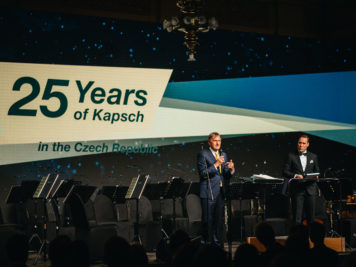
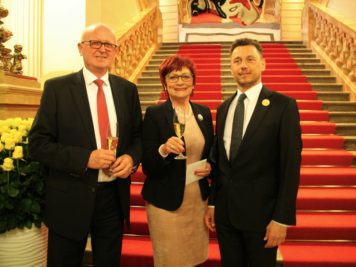
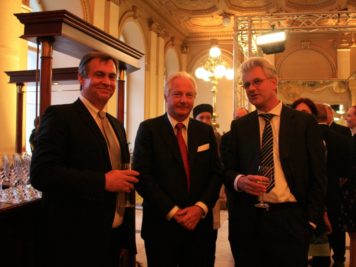
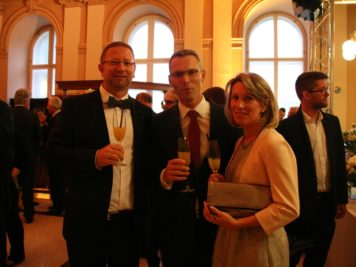
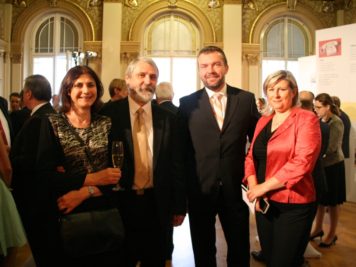
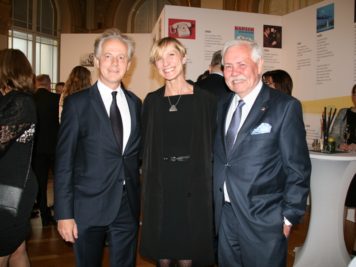
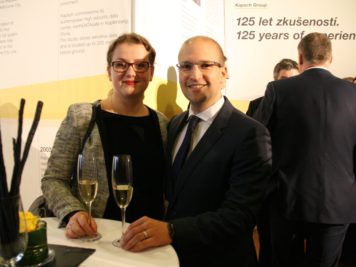
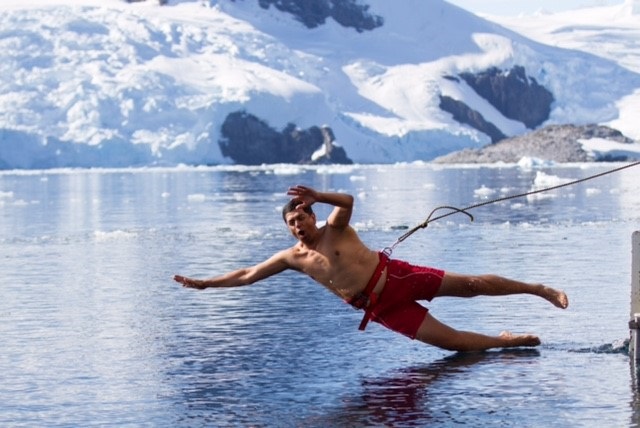
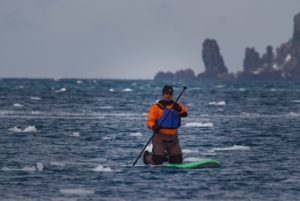
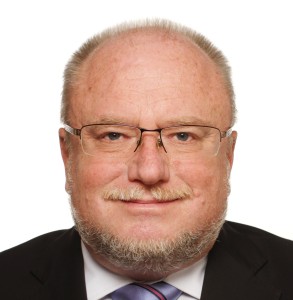 Since 1 May 2004, the Czech Republic has been member of the European Union. Our country can benefit from a large permeable market and from financial assistance that can be used to heal deep economic wounds caused by decades of Communism. The sum of net subsidies received from EU funds have reached more than CZK 700 billion (EUR 27 billion) since then, and the share of Czech exports to EU countries has extended up to more than 80 percent. The economic interconnection of Czechia with the EU has thus been almost complete.
Since 1 May 2004, the Czech Republic has been member of the European Union. Our country can benefit from a large permeable market and from financial assistance that can be used to heal deep economic wounds caused by decades of Communism. The sum of net subsidies received from EU funds have reached more than CZK 700 billion (EUR 27 billion) since then, and the share of Czech exports to EU countries has extended up to more than 80 percent. The economic interconnection of Czechia with the EU has thus been almost complete.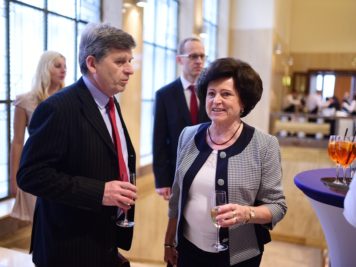
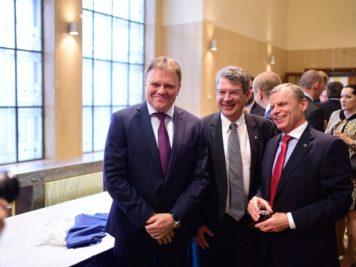
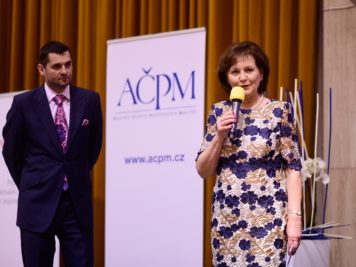
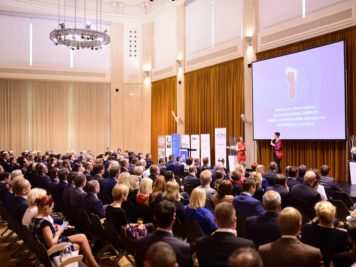
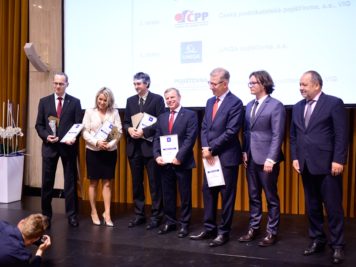
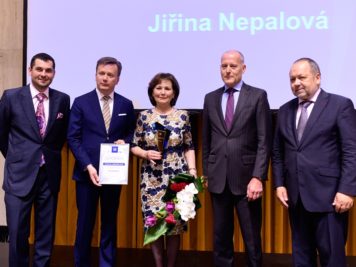
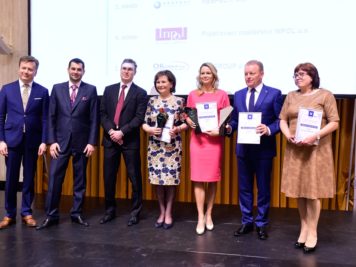
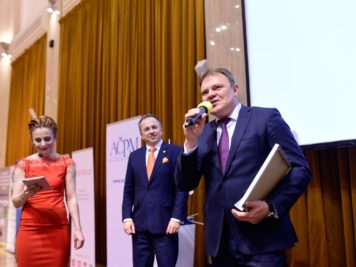
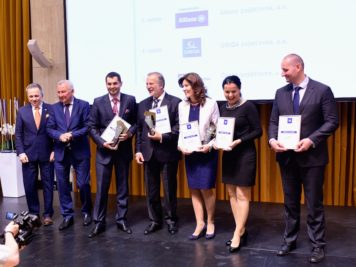
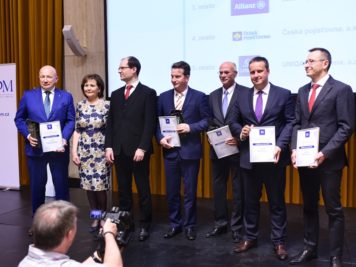
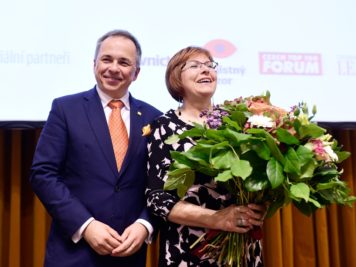
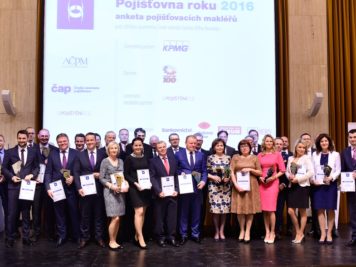
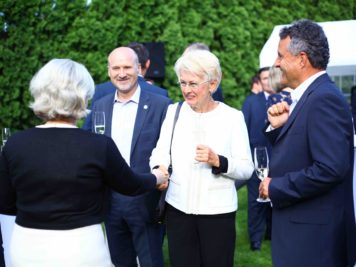
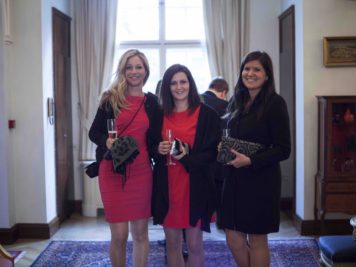
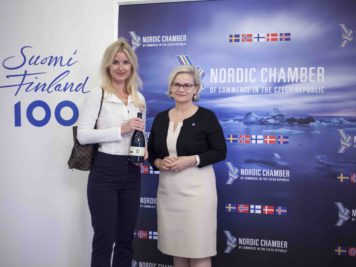
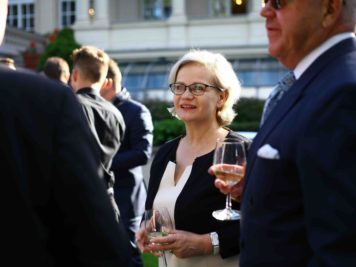
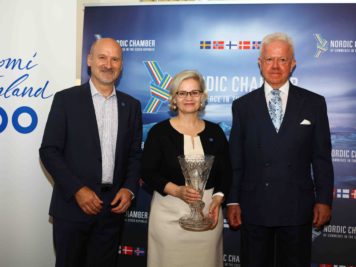
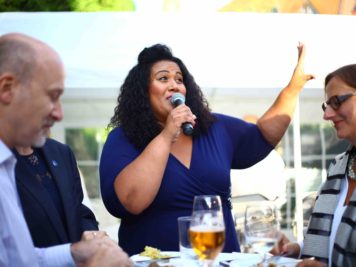

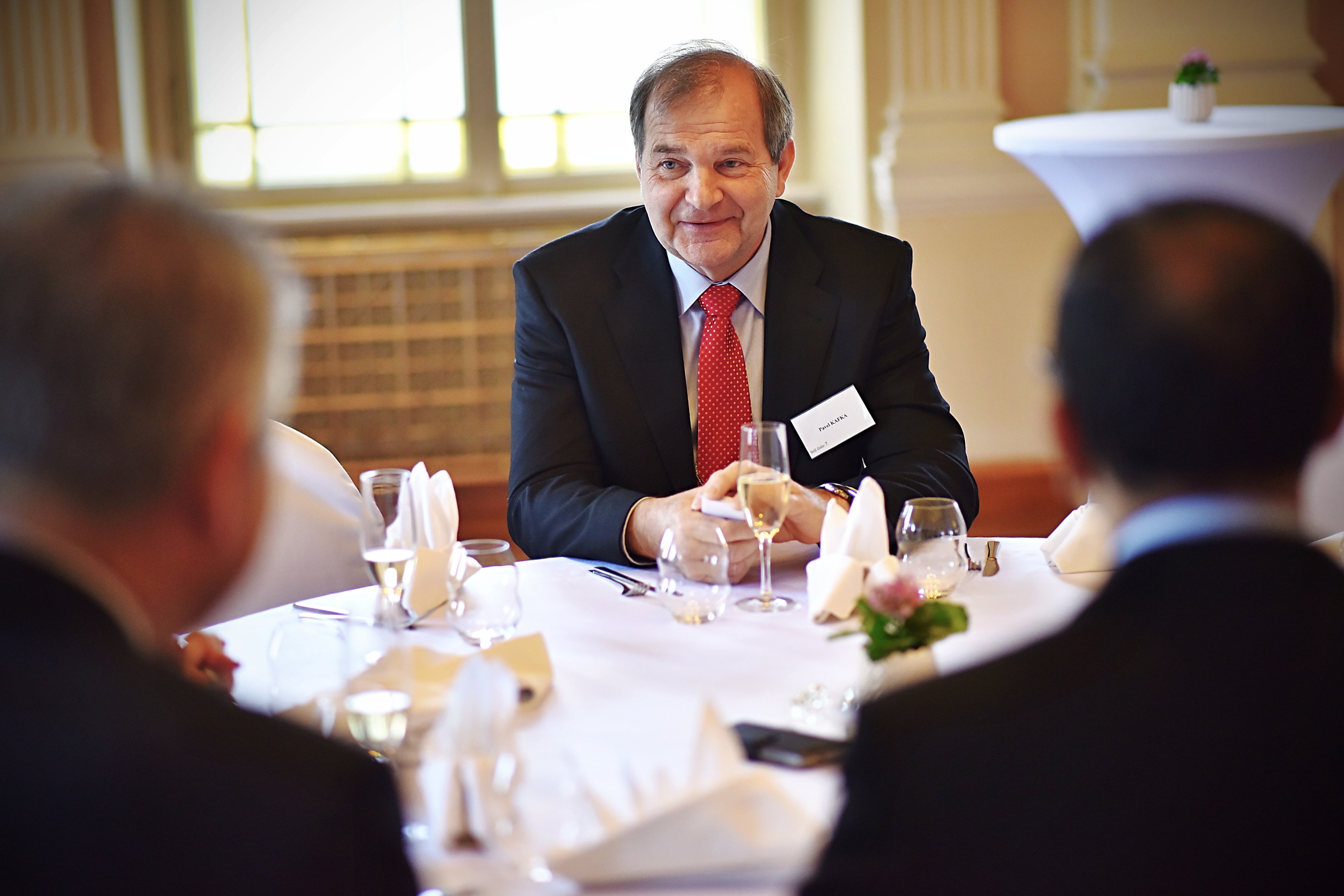
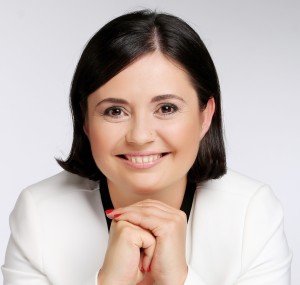
 Can working and living abroad help accelerate your professional and personal growth? I believe so. Here is why.
Can working and living abroad help accelerate your professional and personal growth? I believe so. Here is why.
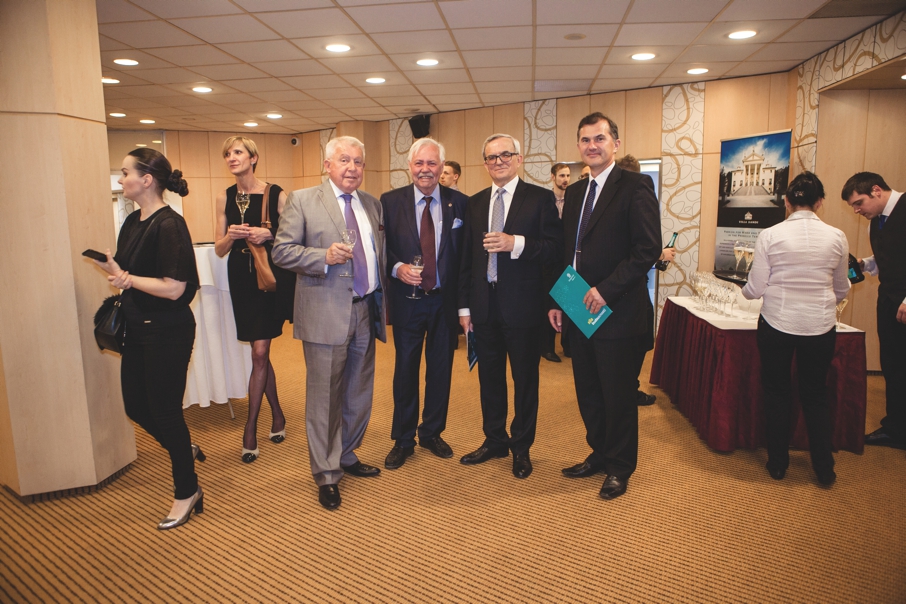
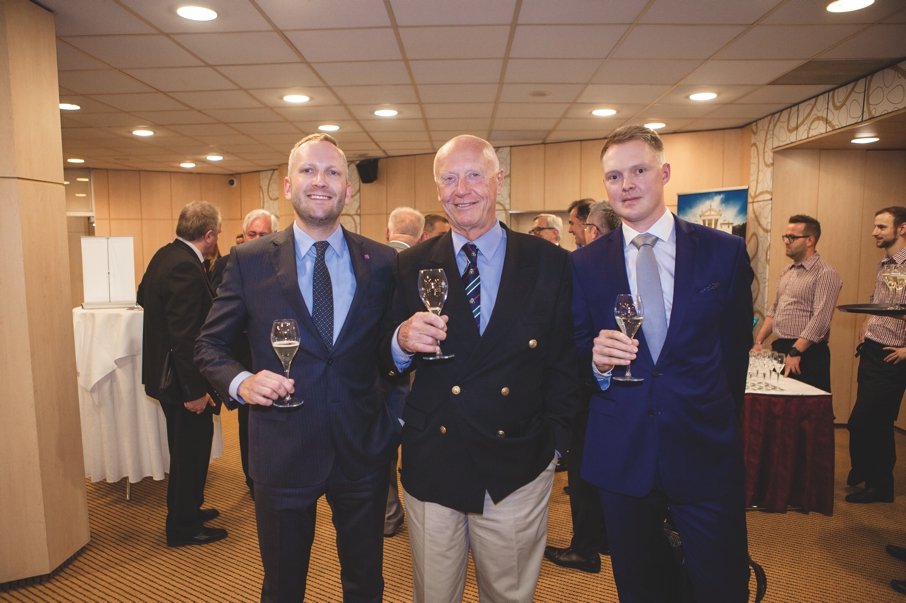
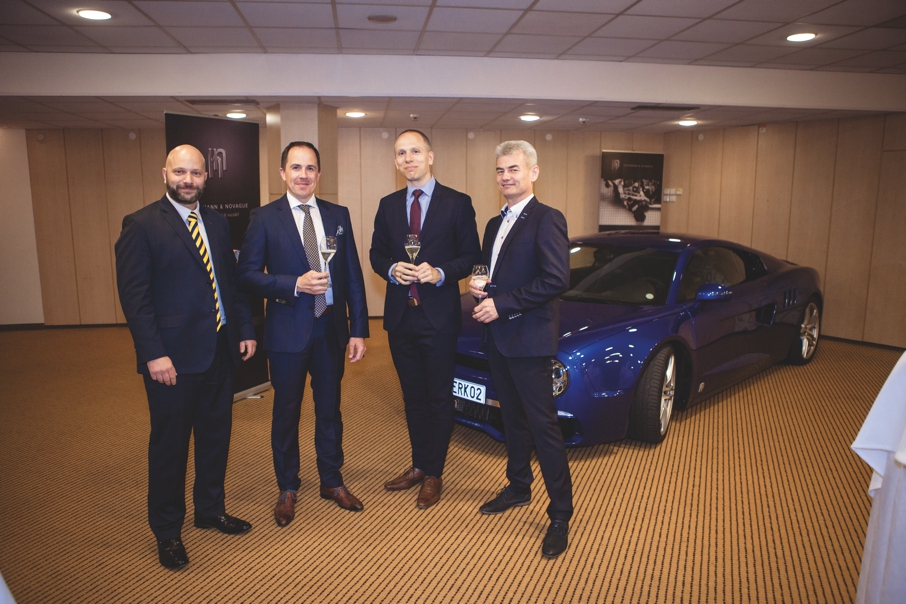
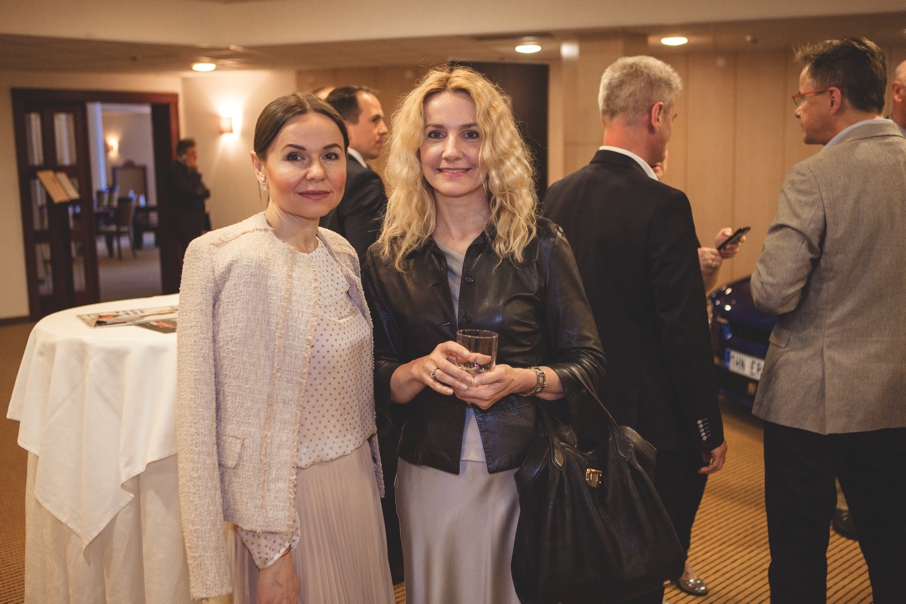



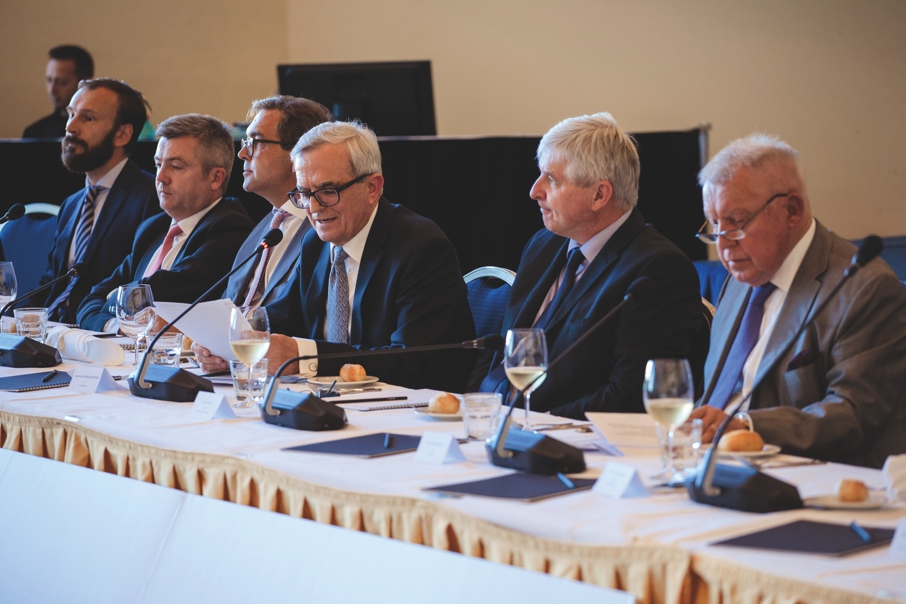

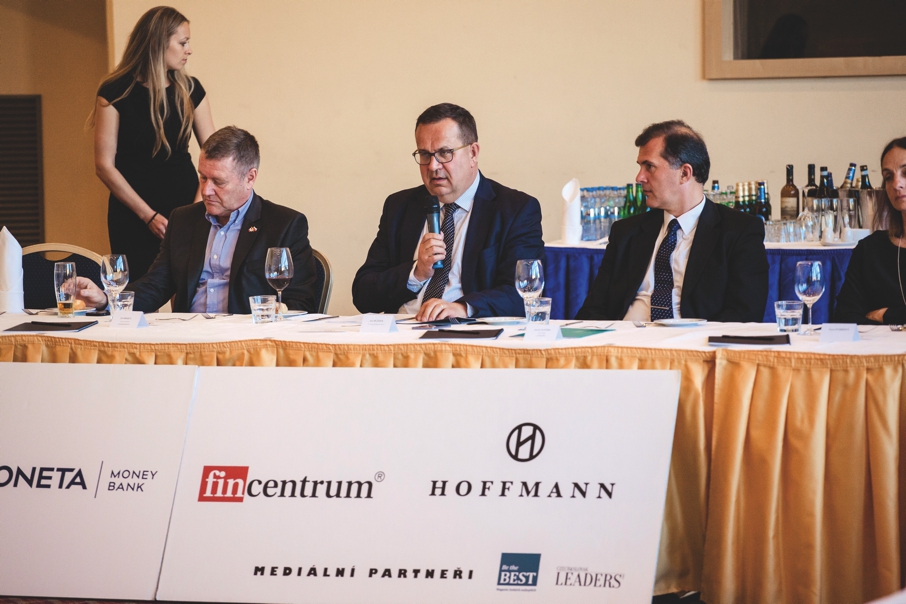








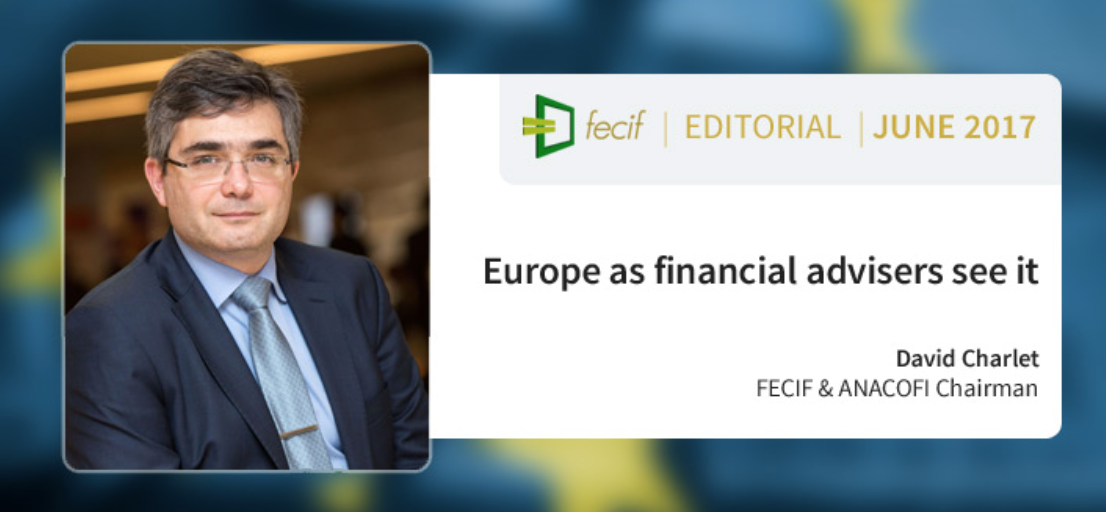
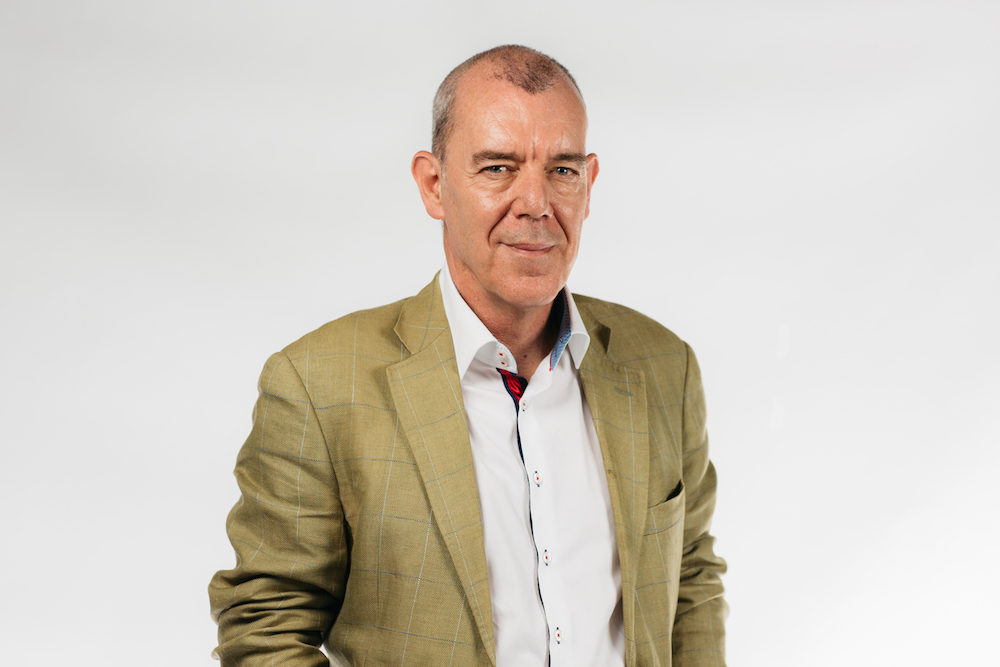
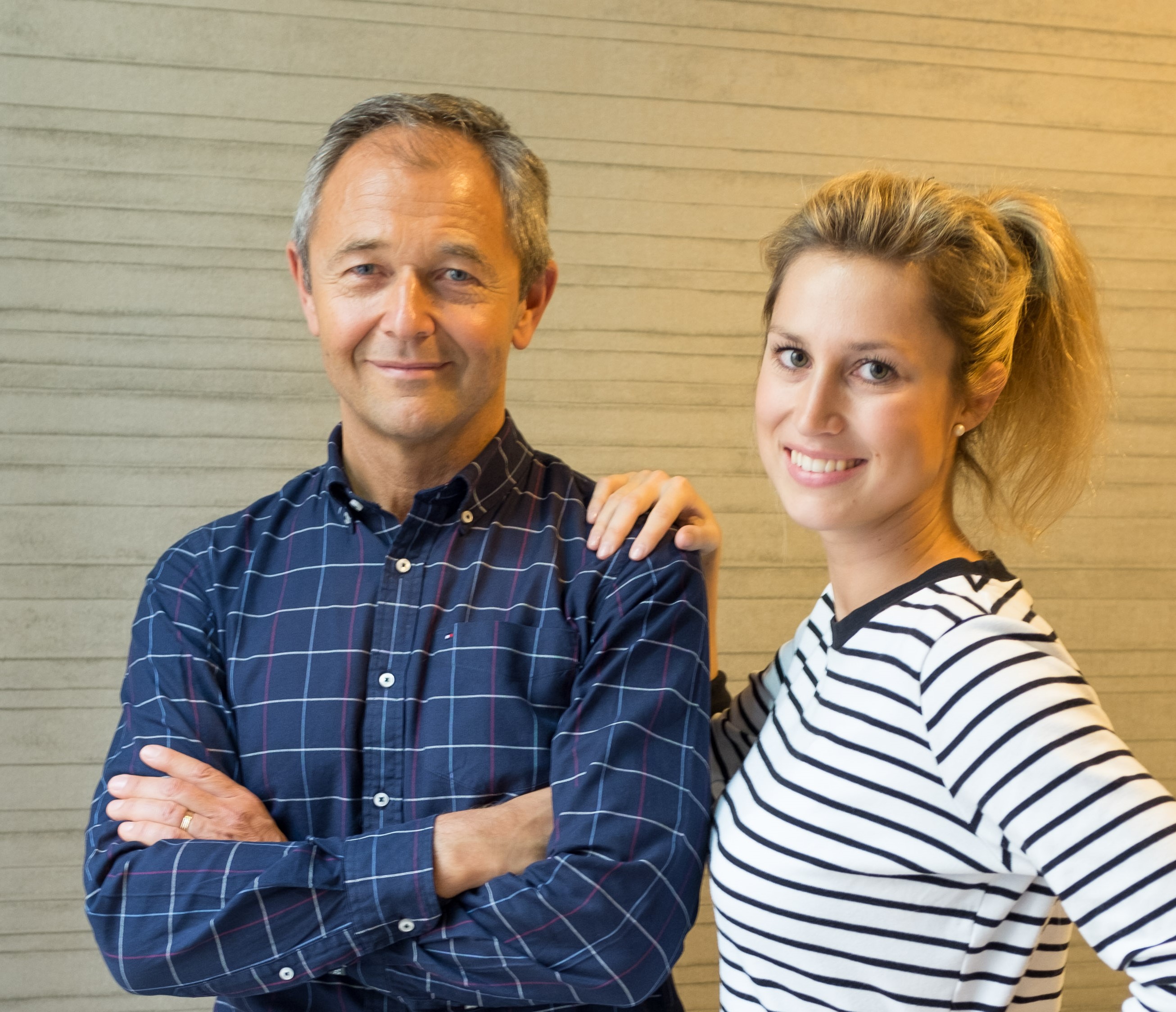
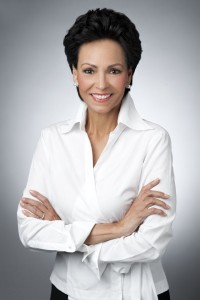 I found a great article written by Herminia Ibarra, Robin Ely and Deborah Kolb, in which they discuss unseen barriers for women at work and suggest the idea of “identity workspaces”. One of the constant issues I see companies face when dealing with gender integration, is finding
a mechanism or schema to help women transition into new roles, interesting stretch assignments, or increase their sense of presence in the organization. ERG’s, or employees resource groups are a good start , helping create a venue for pointed and targeted discussion, regarding specific areas that women need to think about or just understand better.
But this initiatives can never achieve the ultimate goal which is creating a true sense of leadership awareness that is resonant with the organization.
The creation of identity workspaces such as mentoring, coaching, women initiative programs, unconscious bias training, prove to be the right frameworks for women and men to have rich and productive conversations as to what is the leadership style needed in the organization, what are the demands of the corporate culture
and what are the values that need to be upheld.
What I know to be true is that when these “framed” opportunities are created, the shift in behavior
and mind set happens quickly and authentically.
As I always say, women do not have to be fixed or changed, they just like men, need to become aware of certain social and cultural issue and context that interact in our daily endeavors.
Once they become aware and understand the “reality” of these interactions, they are able to feel they belong, and that is why this idea of crafting identity workspaces makes so much sense – which I hope you won’t ignore.
I found a great article written by Herminia Ibarra, Robin Ely and Deborah Kolb, in which they discuss unseen barriers for women at work and suggest the idea of “identity workspaces”. One of the constant issues I see companies face when dealing with gender integration, is finding
a mechanism or schema to help women transition into new roles, interesting stretch assignments, or increase their sense of presence in the organization. ERG’s, or employees resource groups are a good start , helping create a venue for pointed and targeted discussion, regarding specific areas that women need to think about or just understand better.
But this initiatives can never achieve the ultimate goal which is creating a true sense of leadership awareness that is resonant with the organization.
The creation of identity workspaces such as mentoring, coaching, women initiative programs, unconscious bias training, prove to be the right frameworks for women and men to have rich and productive conversations as to what is the leadership style needed in the organization, what are the demands of the corporate culture
and what are the values that need to be upheld.
What I know to be true is that when these “framed” opportunities are created, the shift in behavior
and mind set happens quickly and authentically.
As I always say, women do not have to be fixed or changed, they just like men, need to become aware of certain social and cultural issue and context that interact in our daily endeavors.
Once they become aware and understand the “reality” of these interactions, they are able to feel they belong, and that is why this idea of crafting identity workspaces makes so much sense – which I hope you won’t ignore.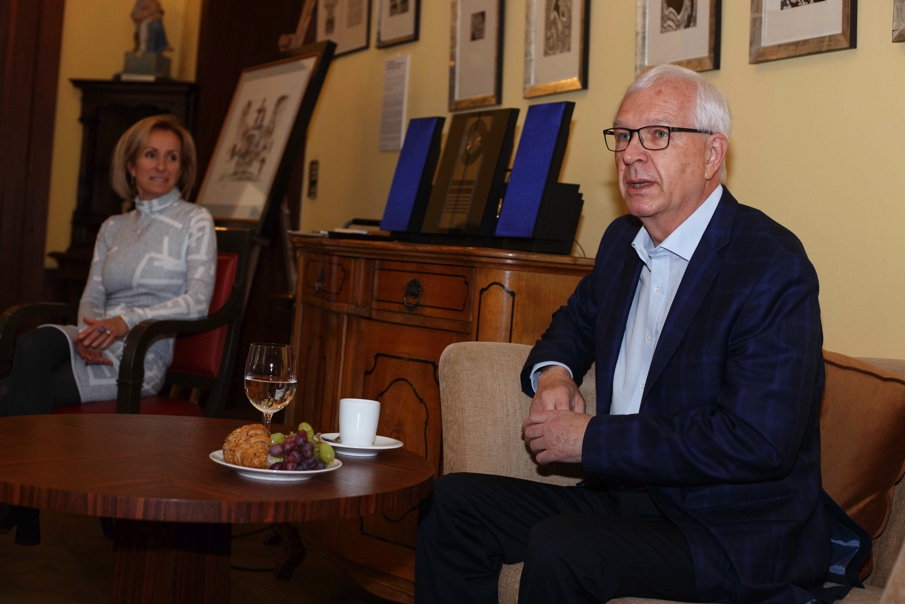
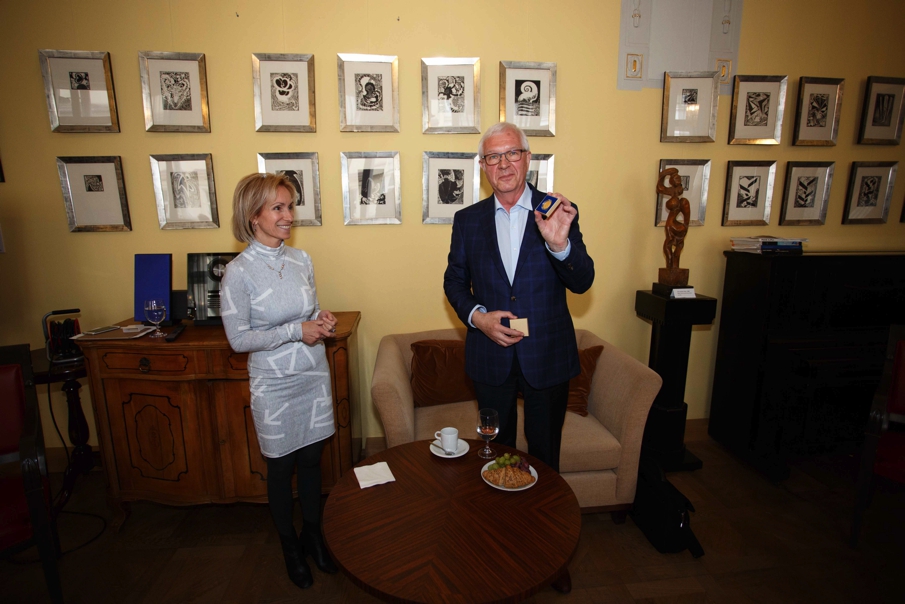
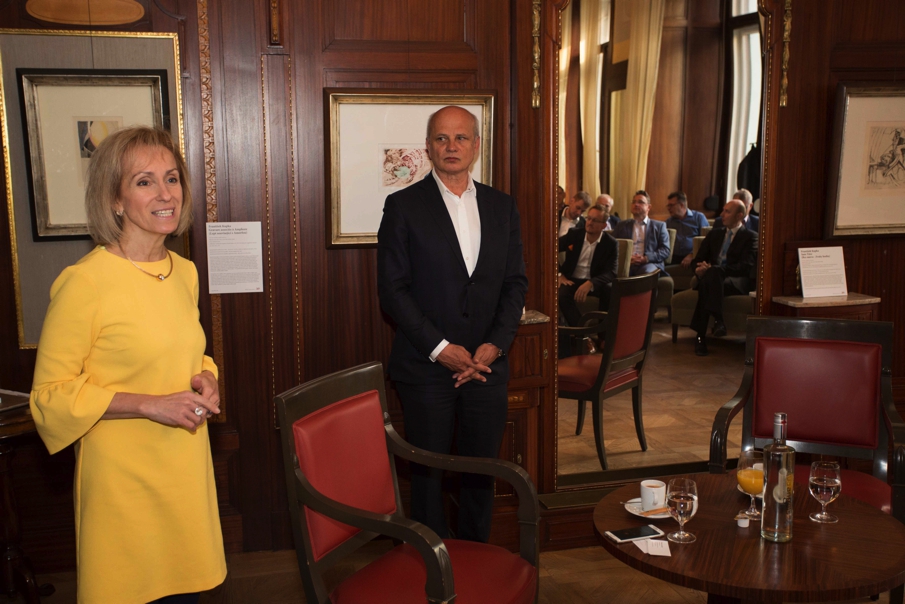
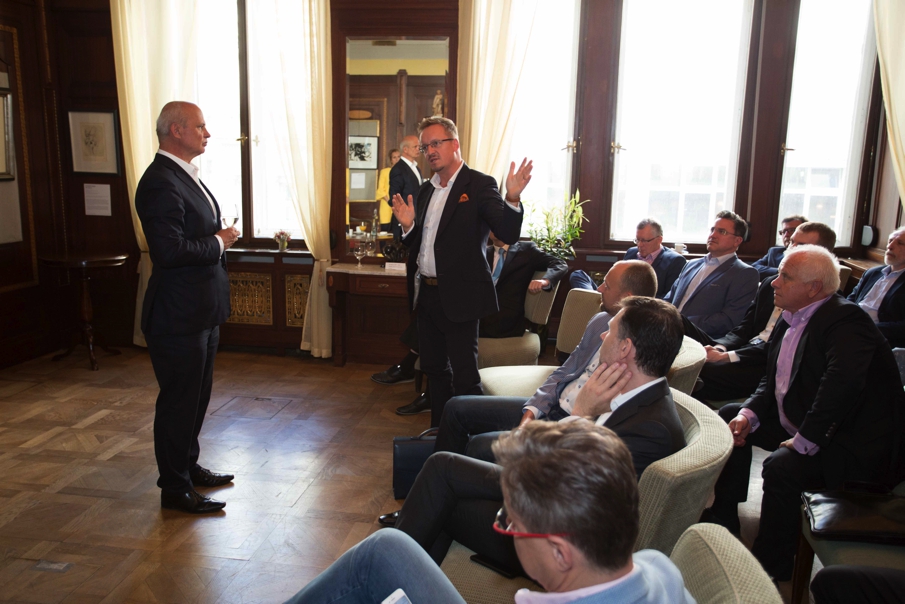
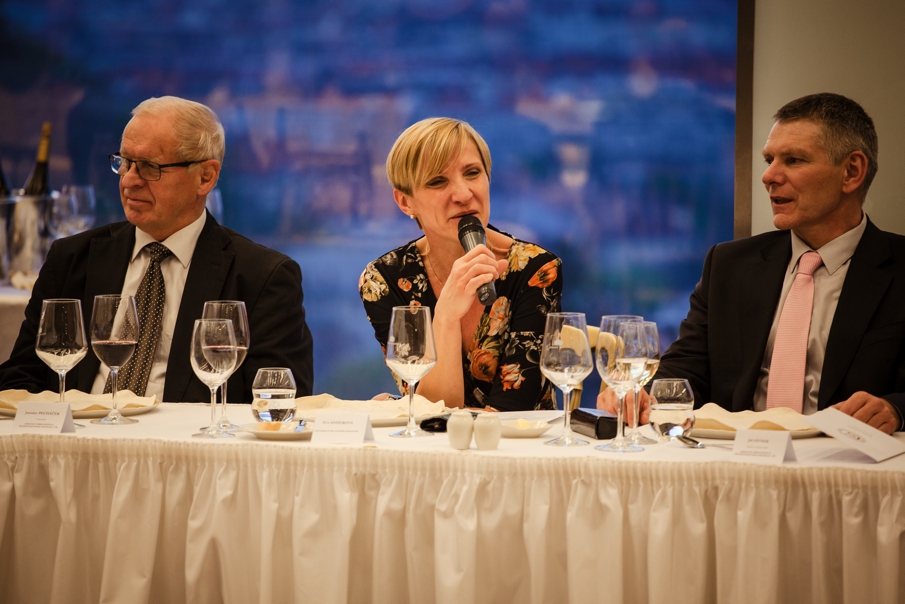
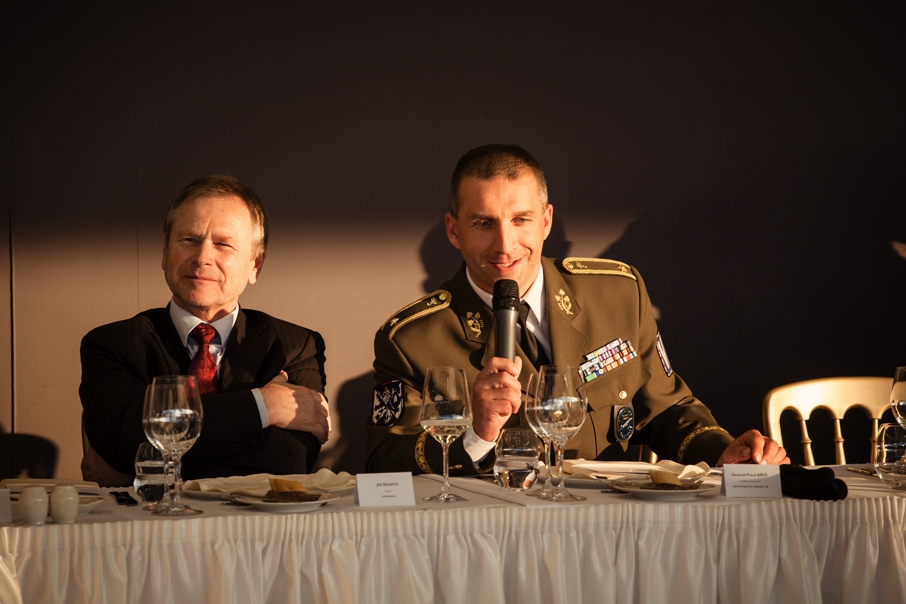
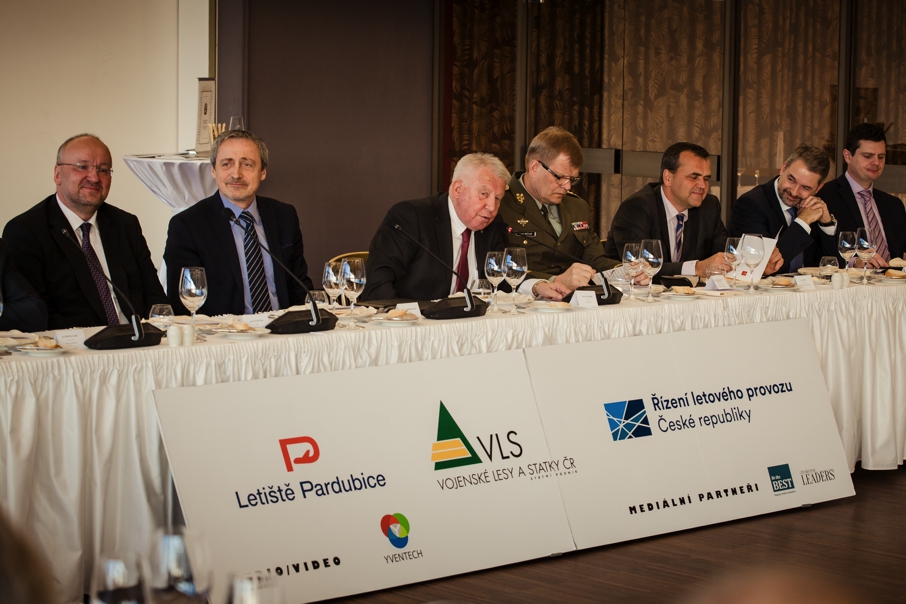
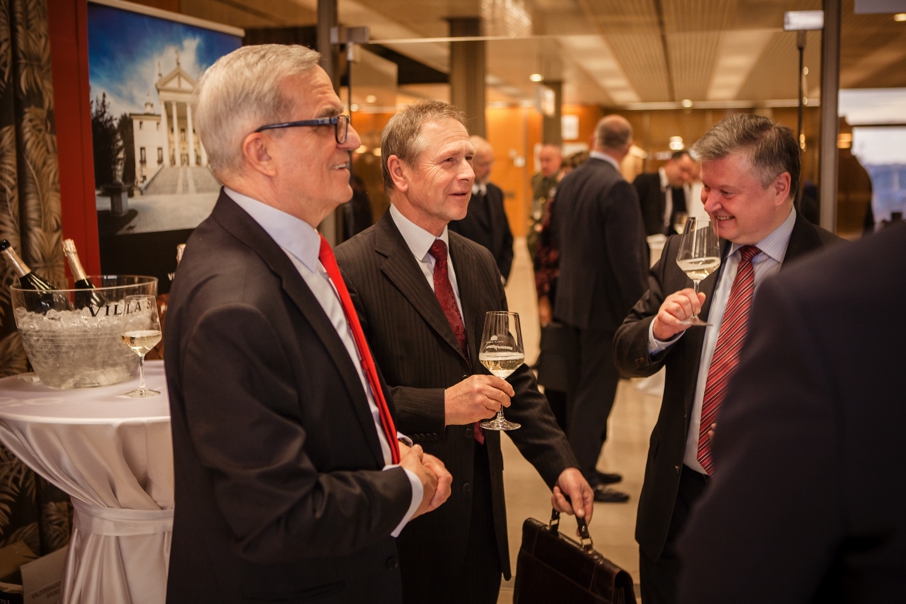
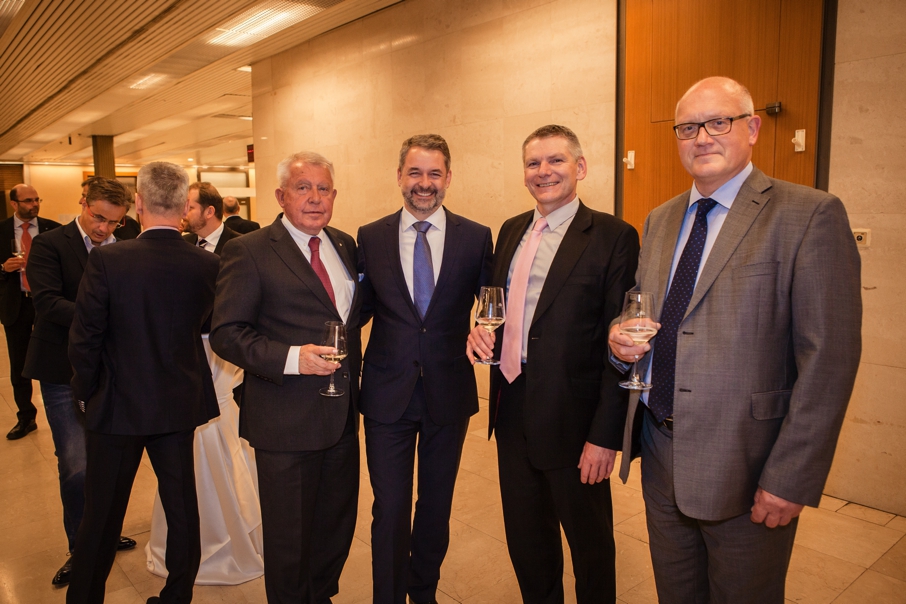
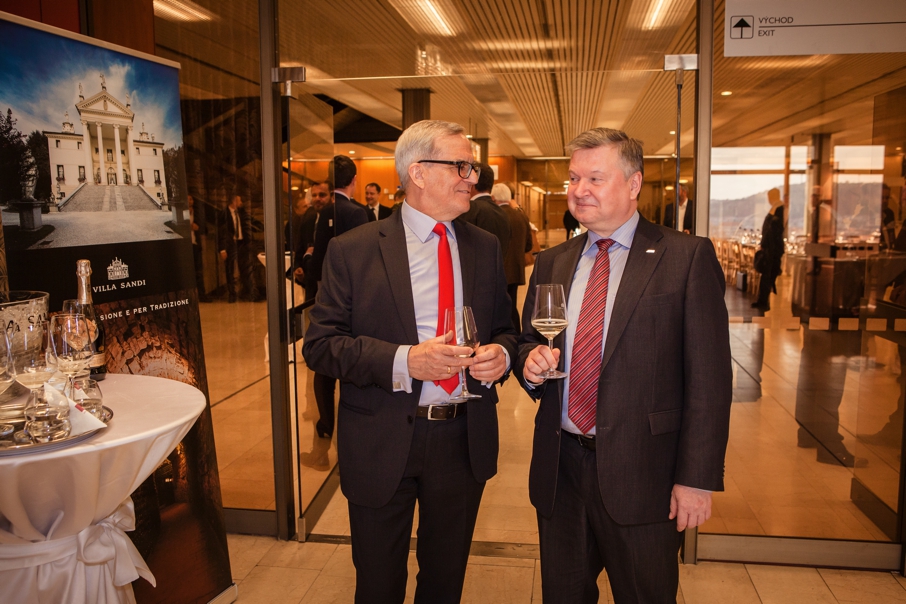
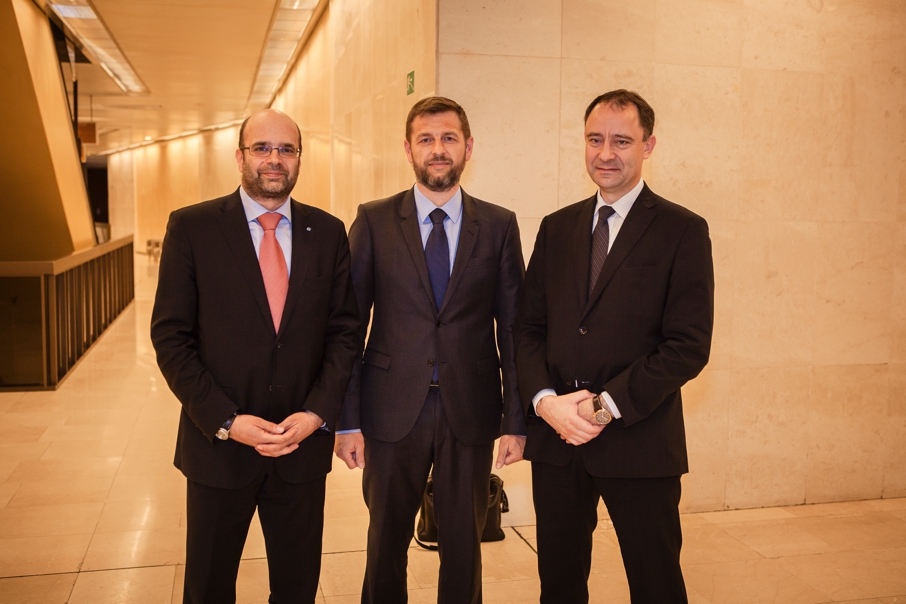
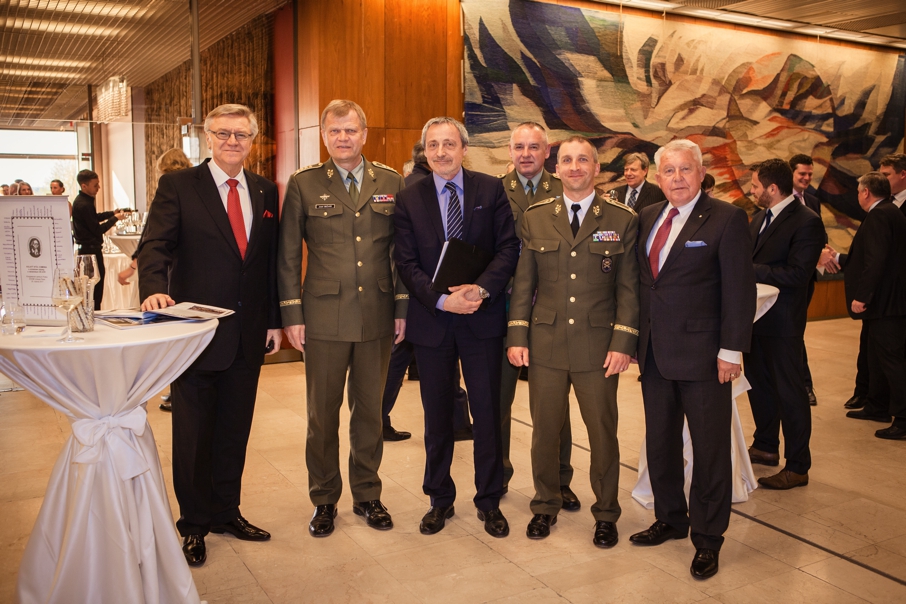
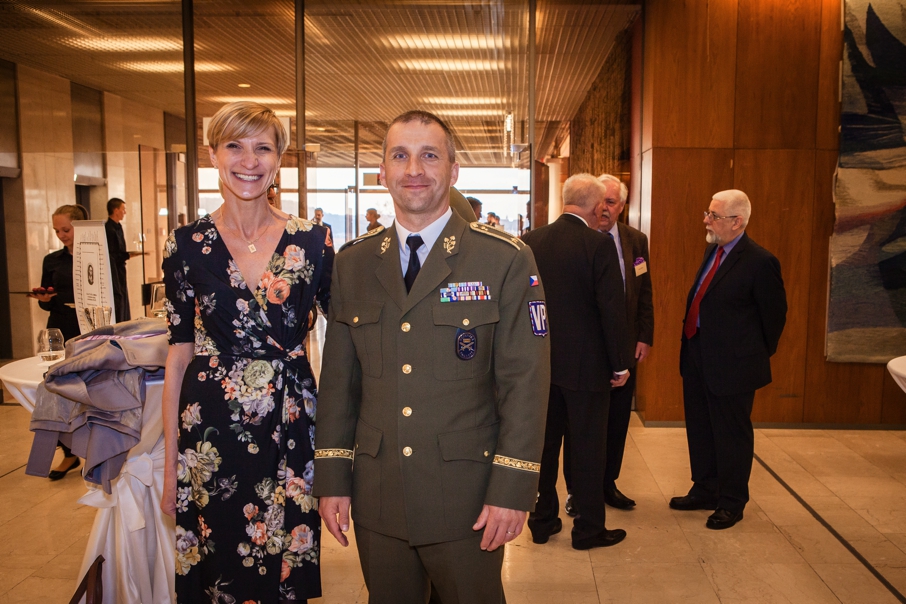
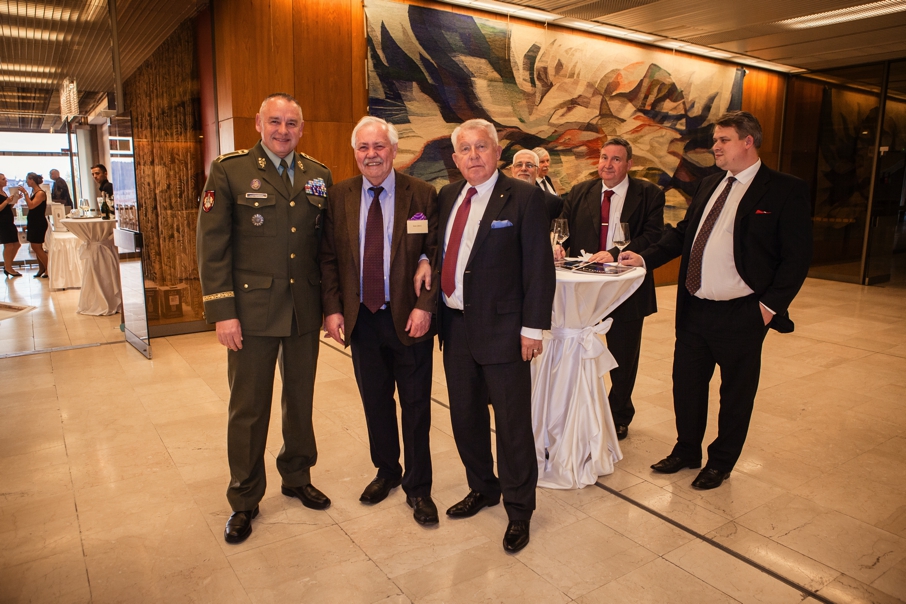
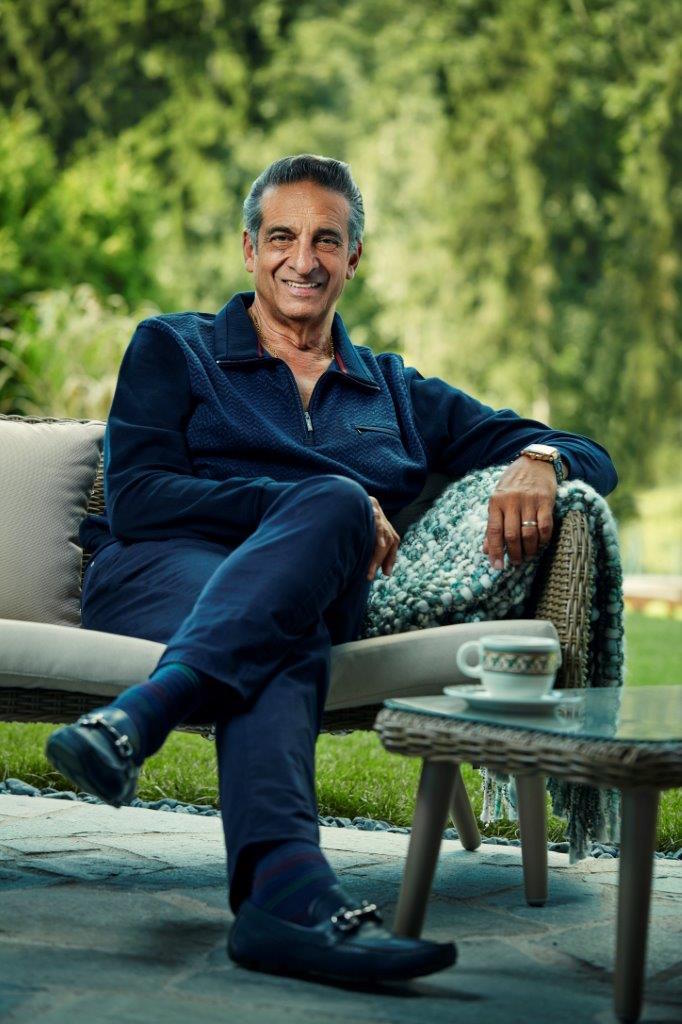 People have sometimes asked me, “What was it like to have been an entrepreneur for most of your professional life?” First, let me share my thought about what an entrepreneur is. To me, an entrepreneur is a person who has an inspiring vision, purpose and passion to create an enterprise that offers a desirable technology, product, or service; assembles the necessary skilled people and financing, and faces varying levels of risk to successfully reach the marketplace, achieving profitability and long-term sustainability. That’s a lot to do, but to my mind, that’s what it takes.
People have sometimes asked me, “What was it like to have been an entrepreneur for most of your professional life?” First, let me share my thought about what an entrepreneur is. To me, an entrepreneur is a person who has an inspiring vision, purpose and passion to create an enterprise that offers a desirable technology, product, or service; assembles the necessary skilled people and financing, and faces varying levels of risk to successfully reach the marketplace, achieving profitability and long-term sustainability. That’s a lot to do, but to my mind, that’s what it takes.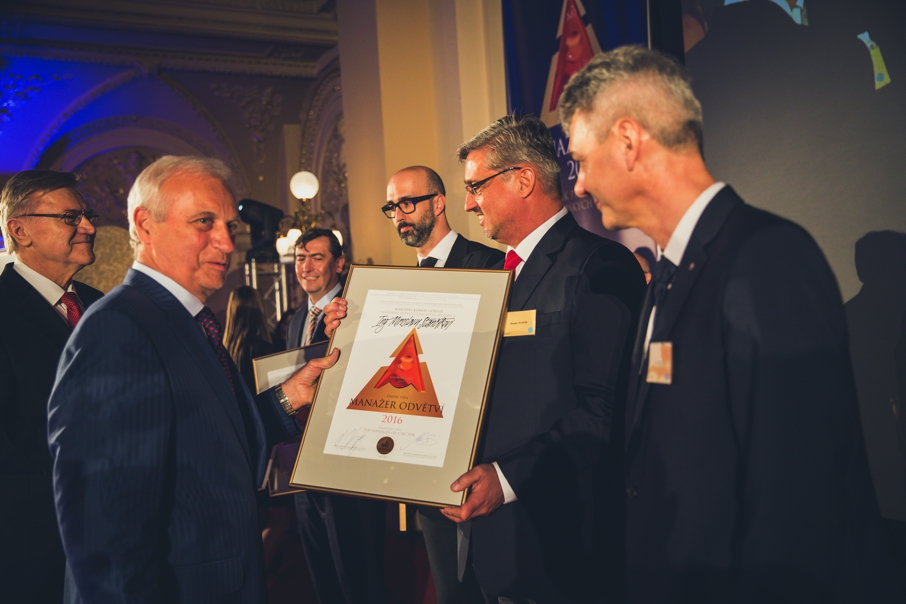
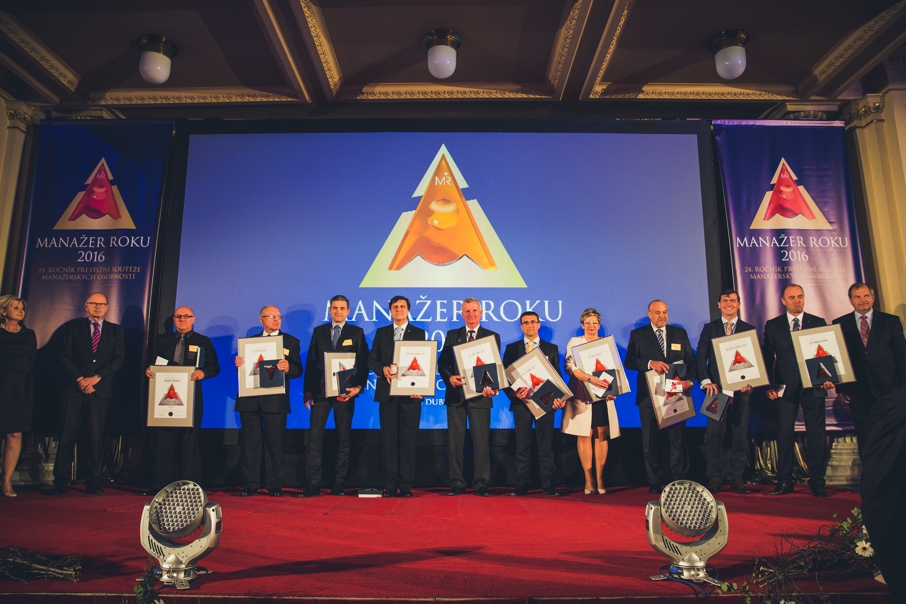
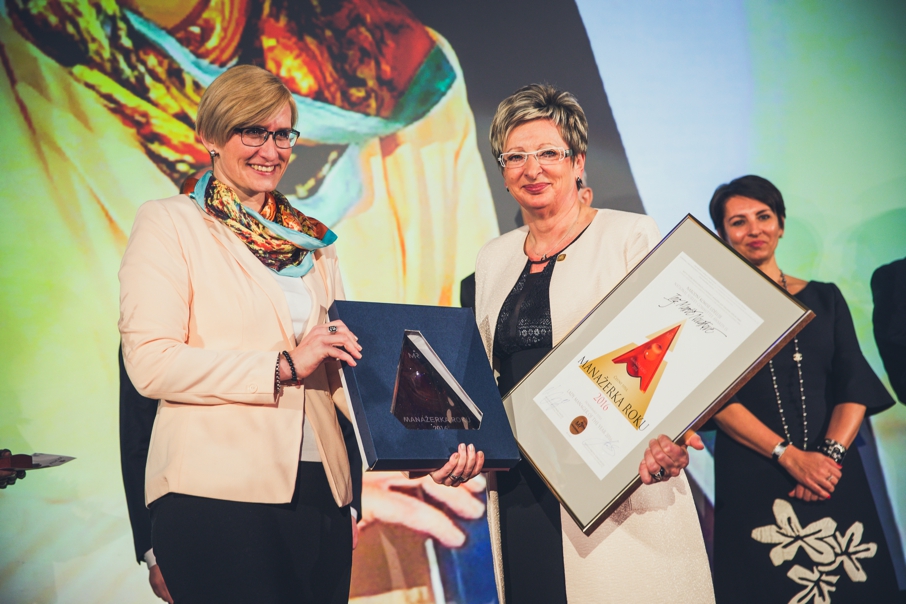
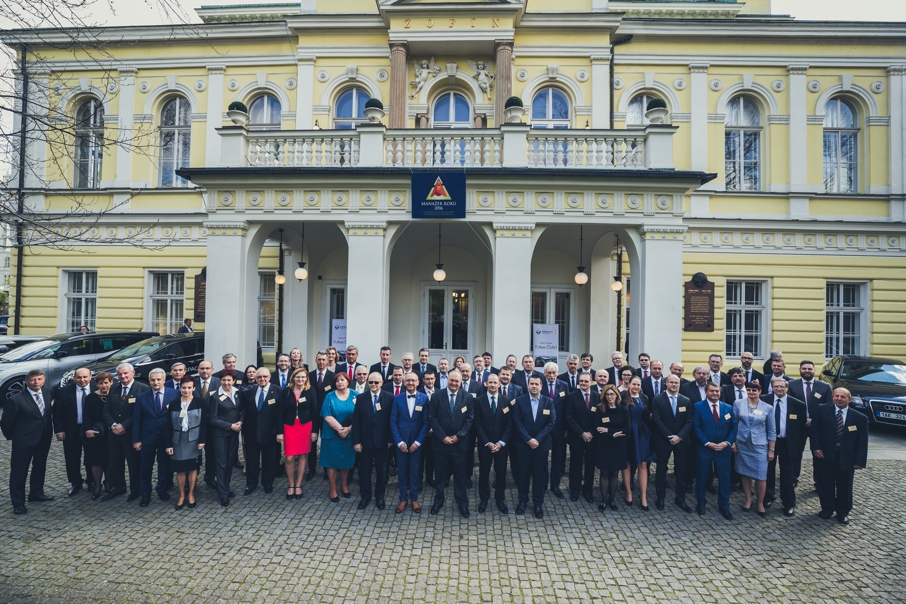
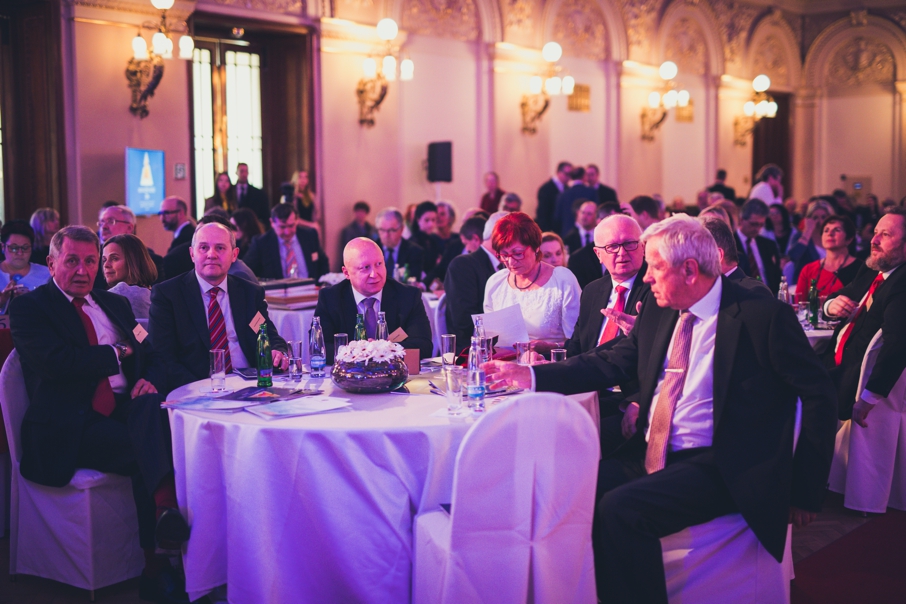
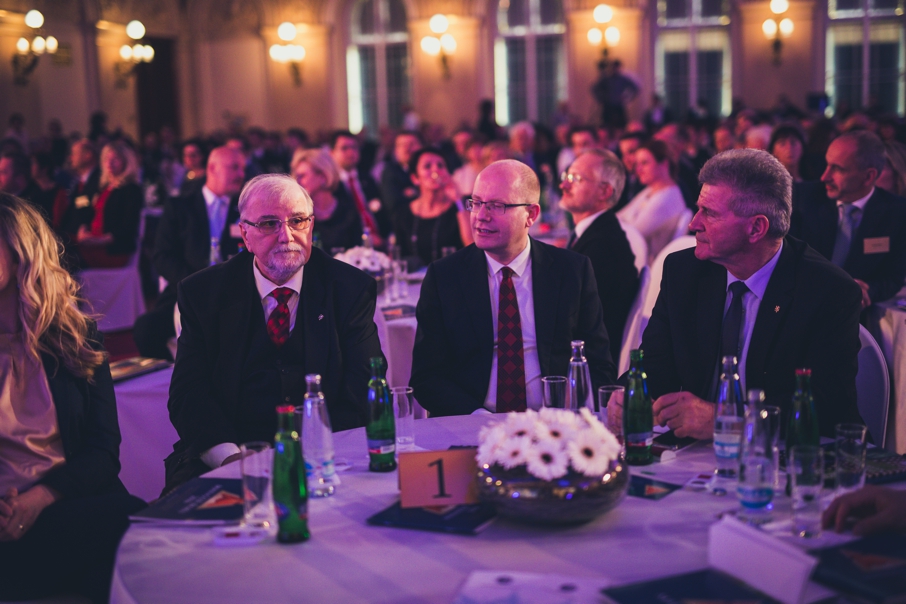
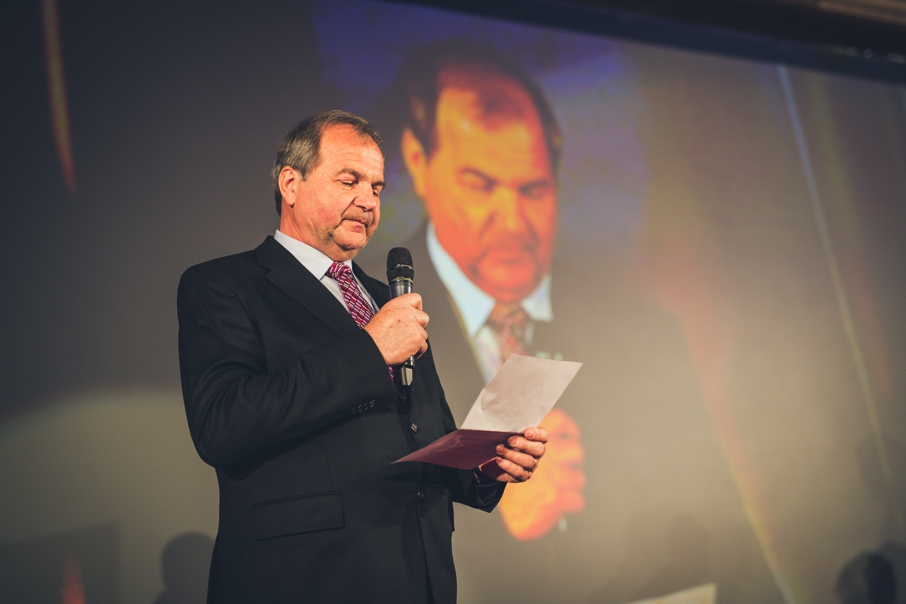
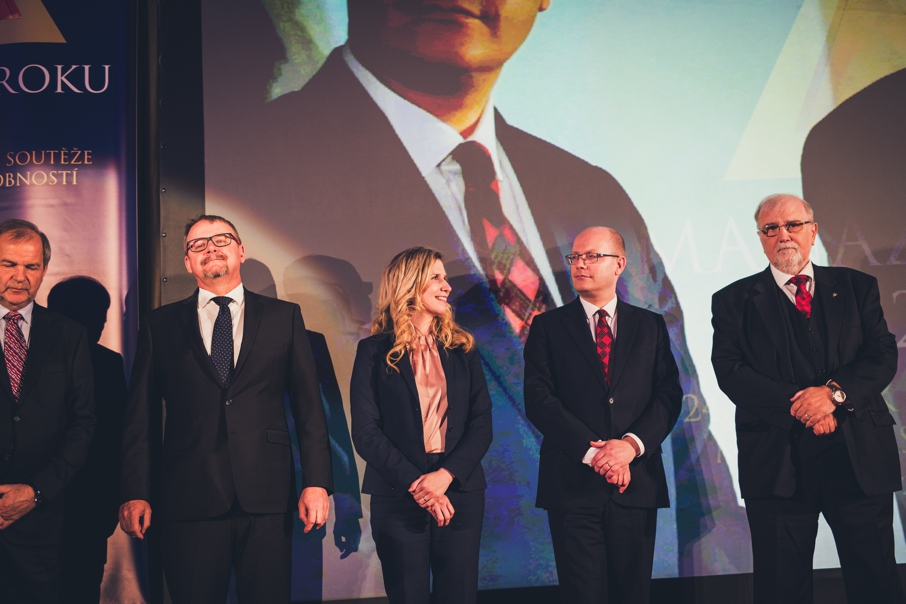
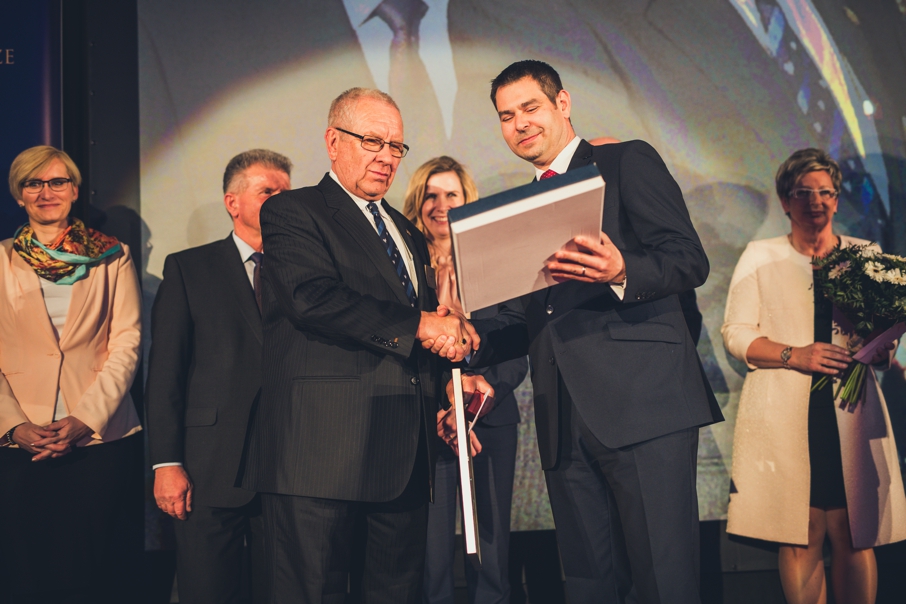
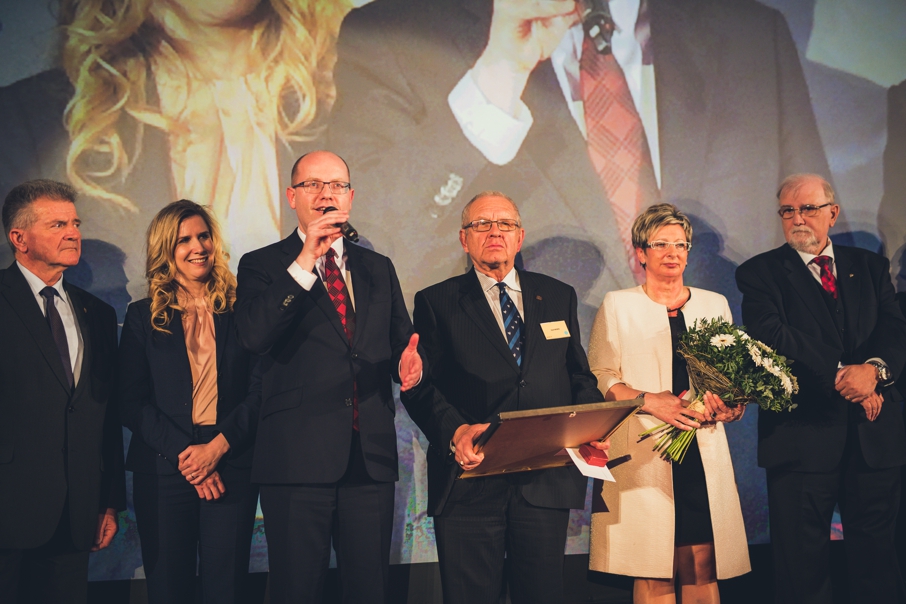
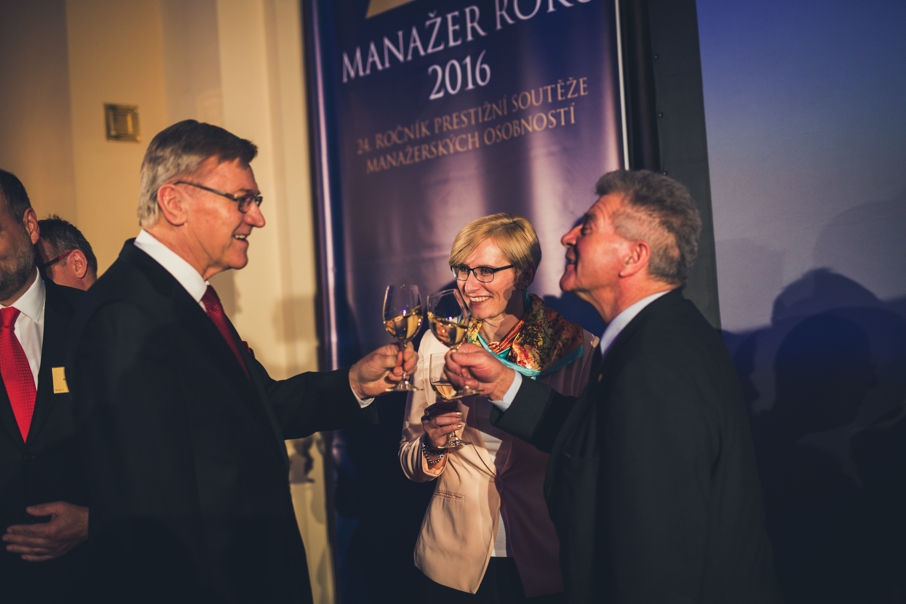
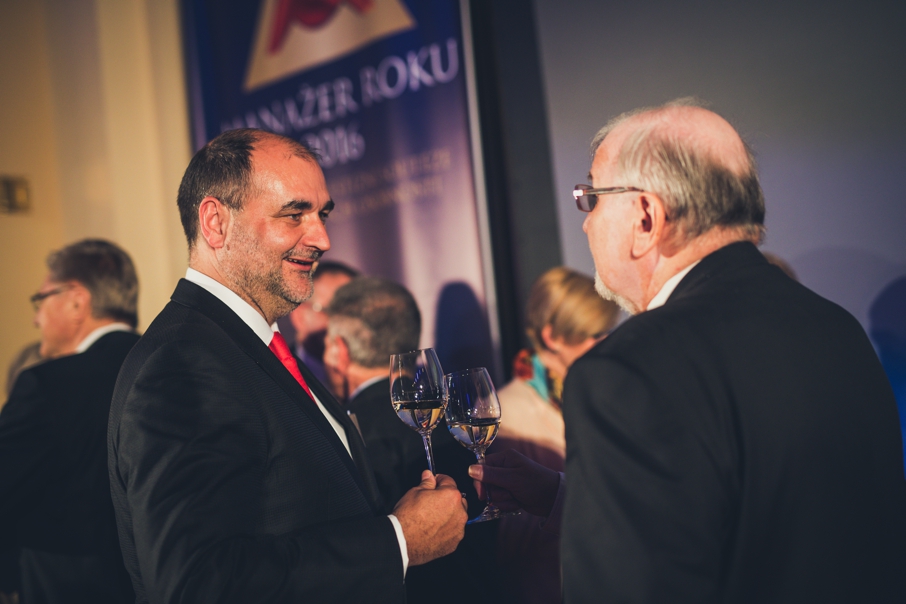
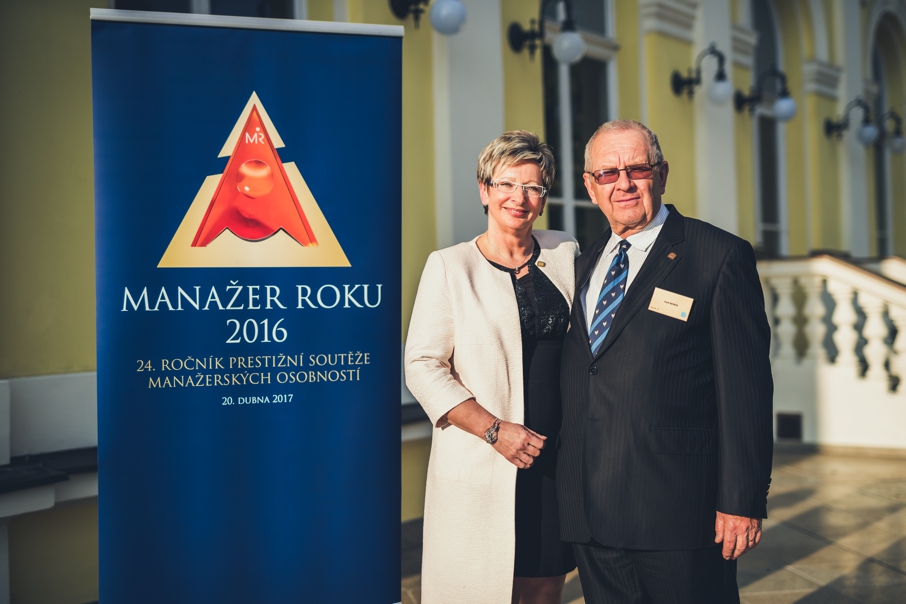
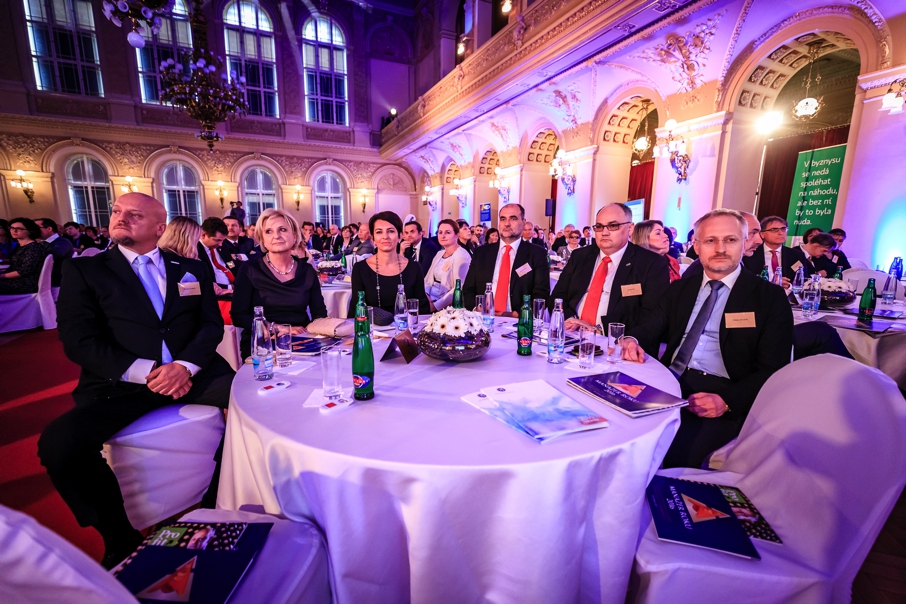
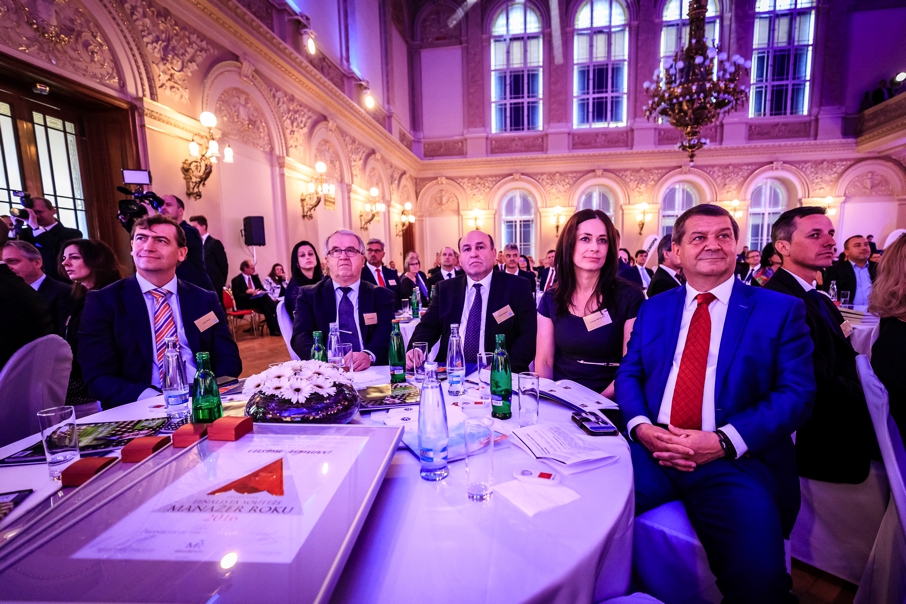
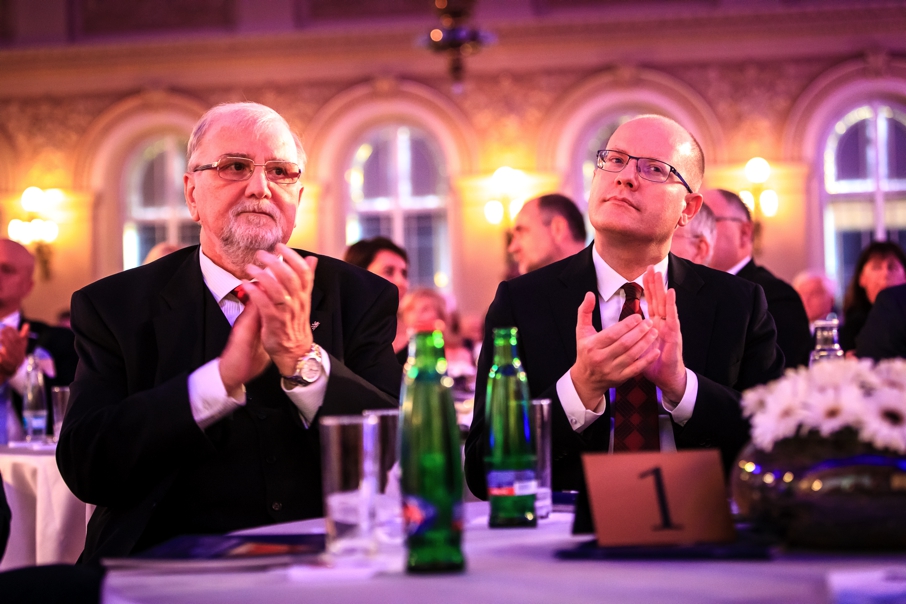
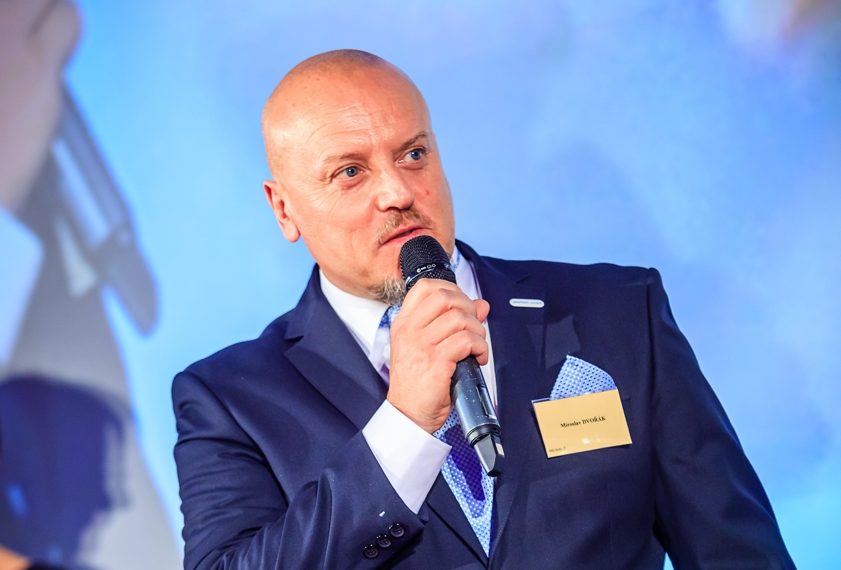
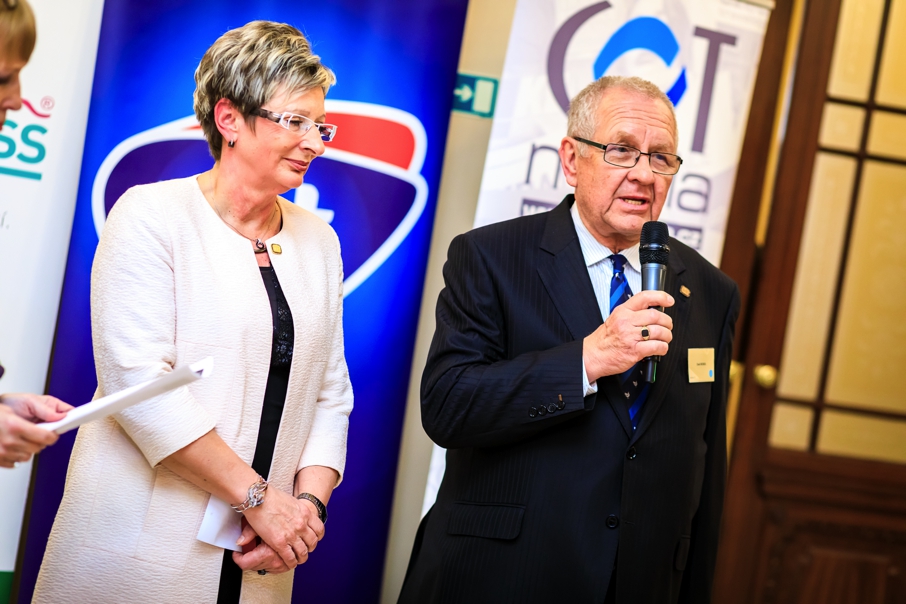
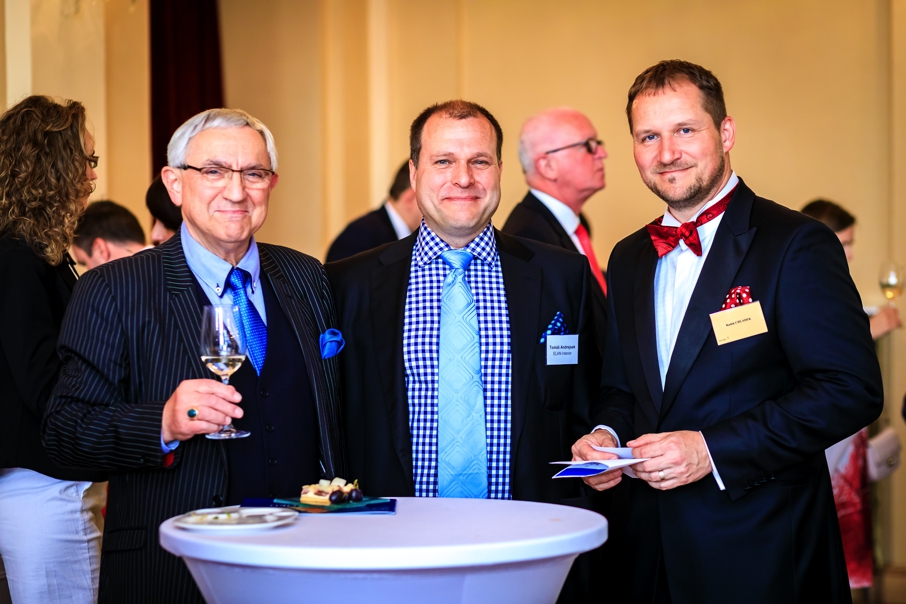
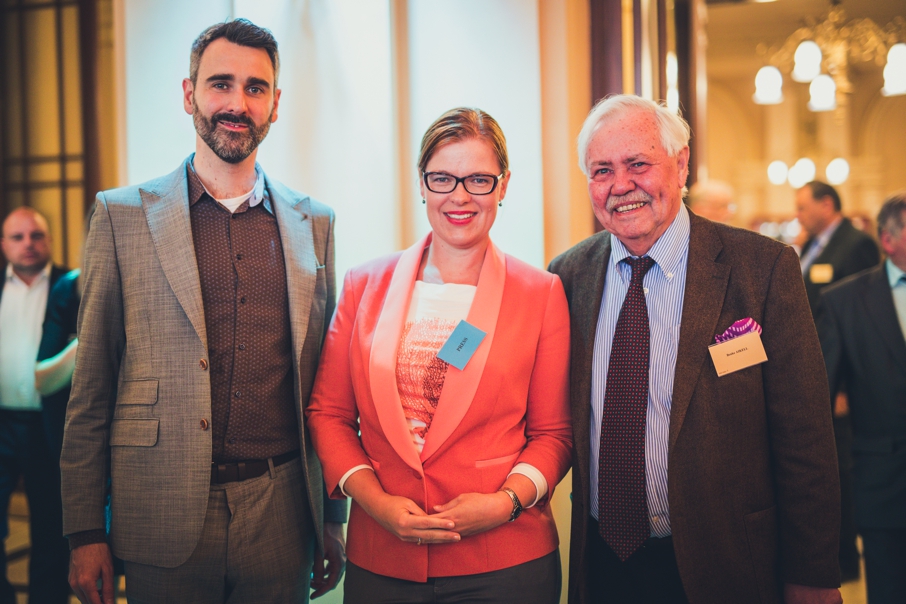
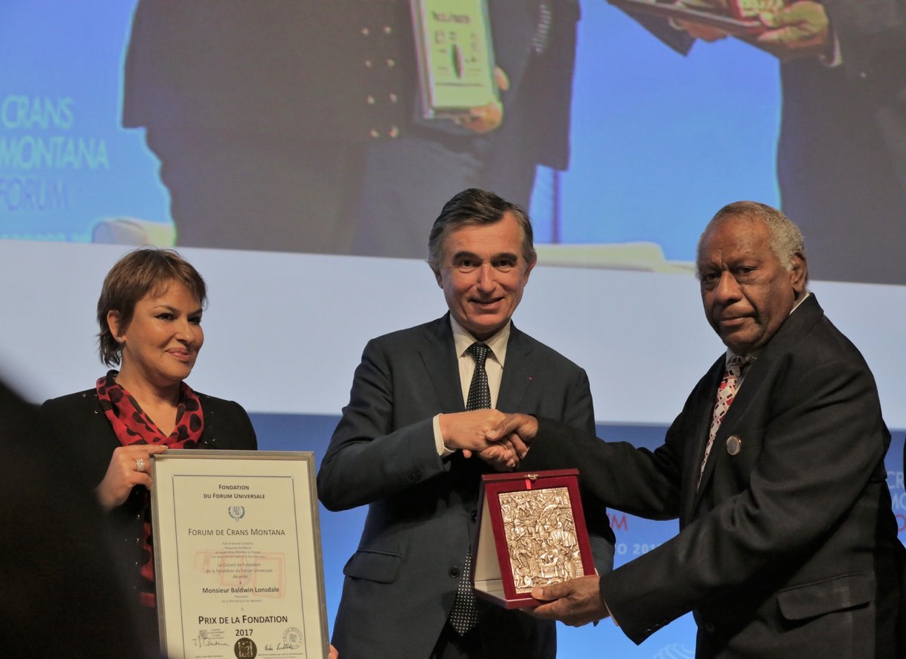
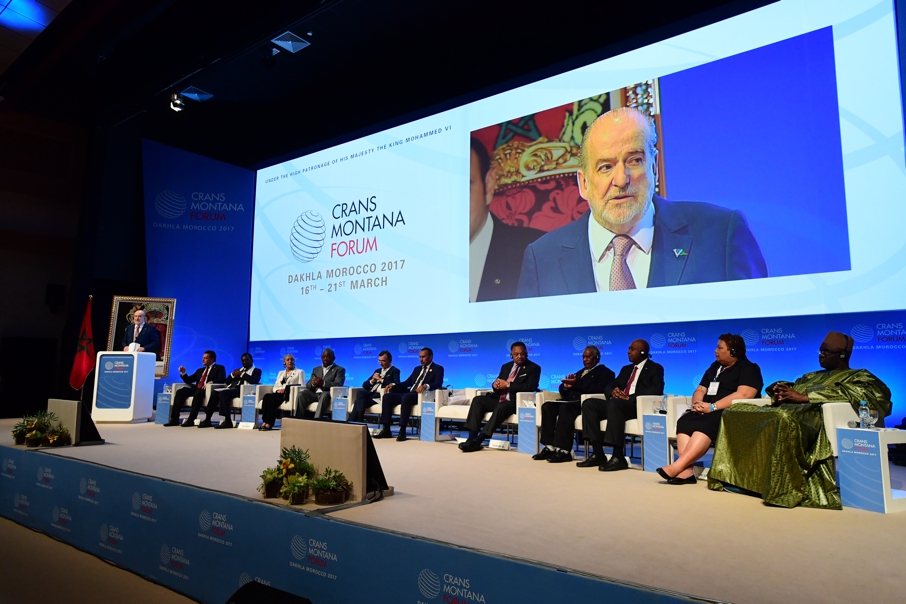
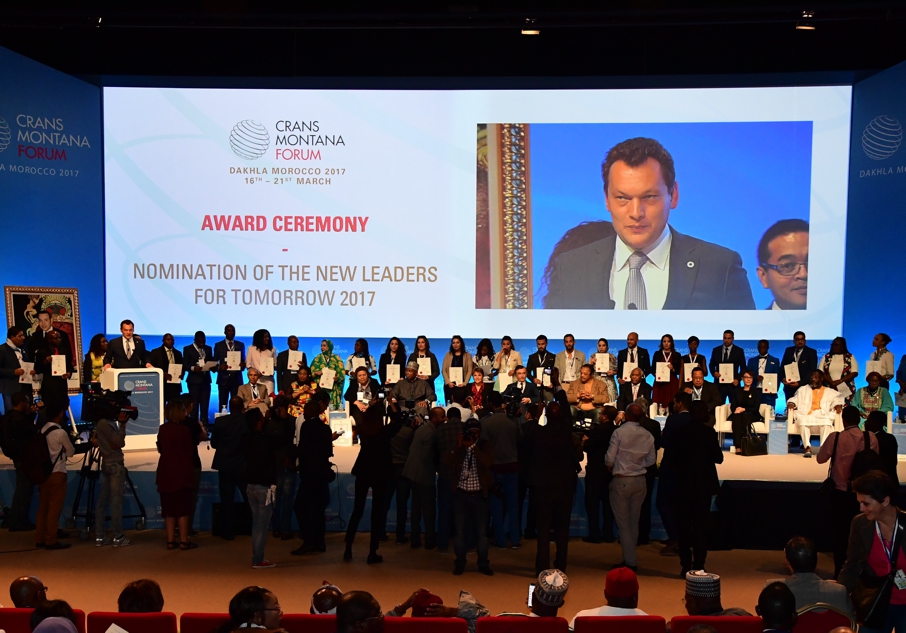
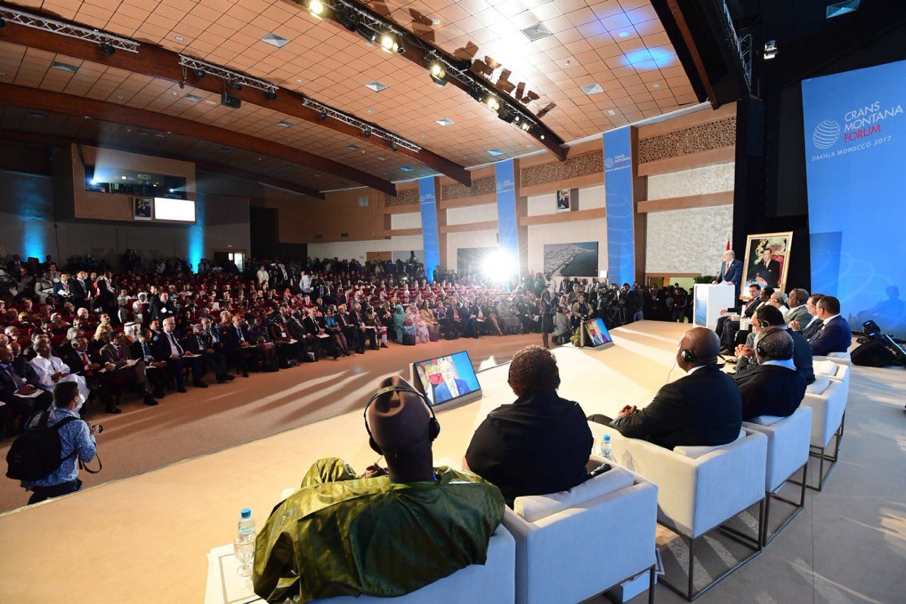
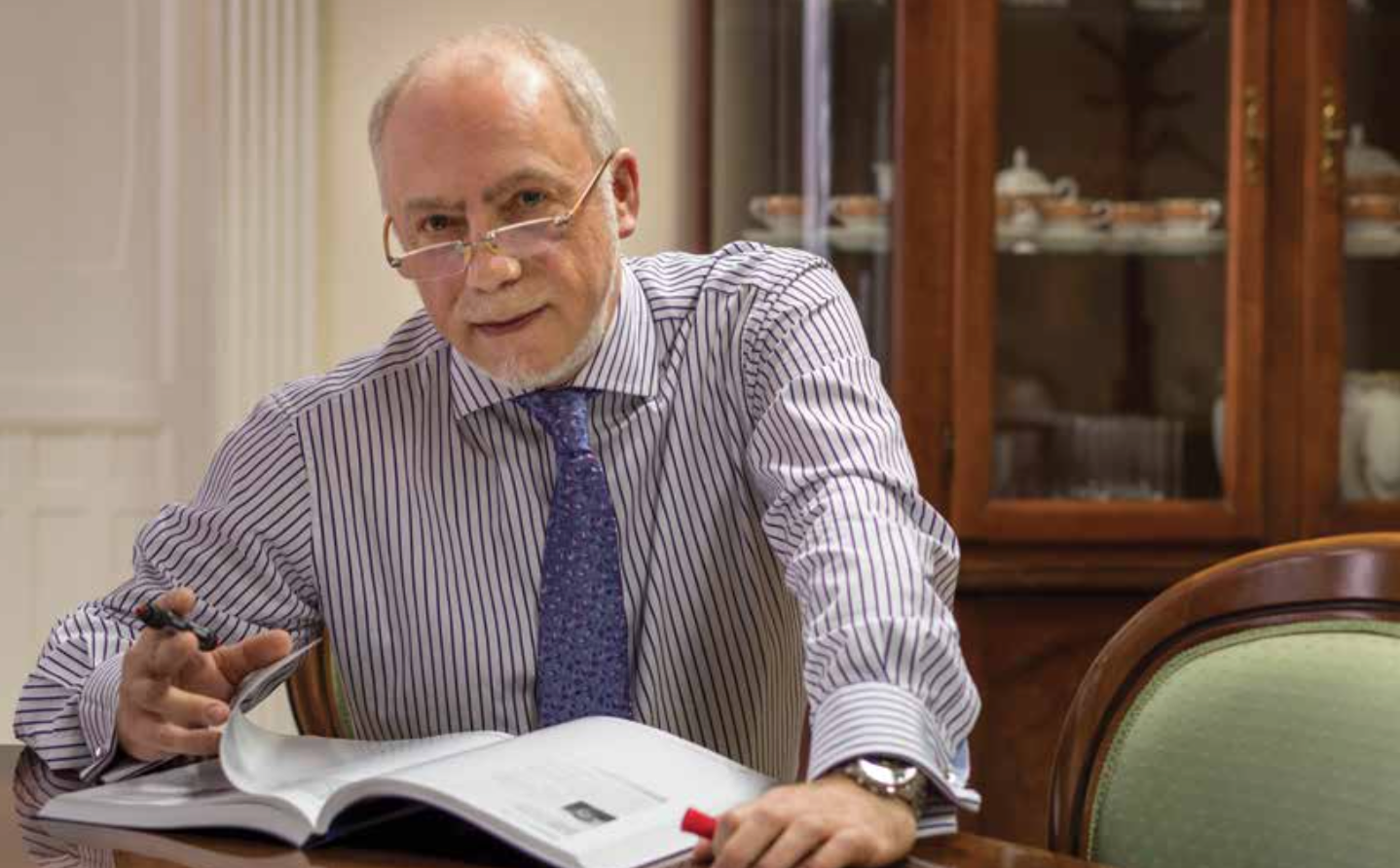
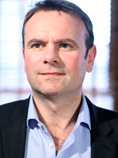

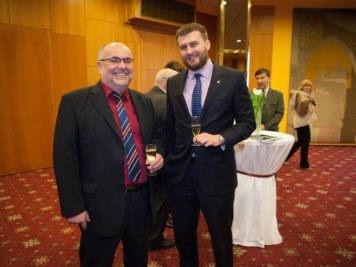
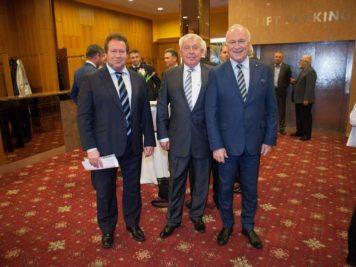
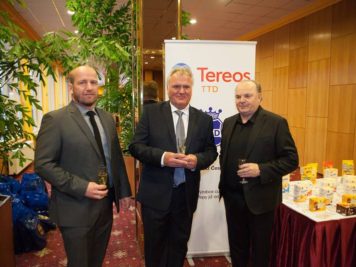
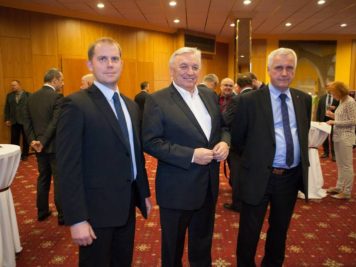
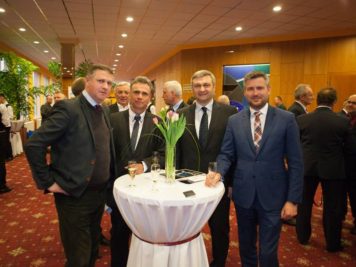
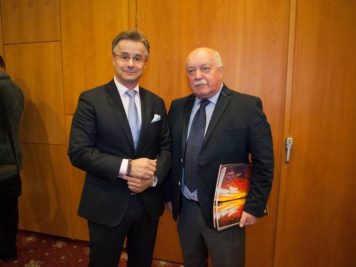
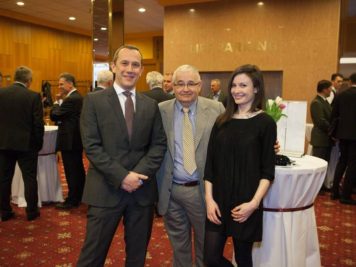
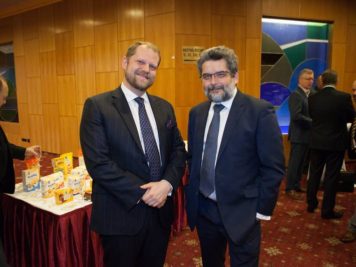
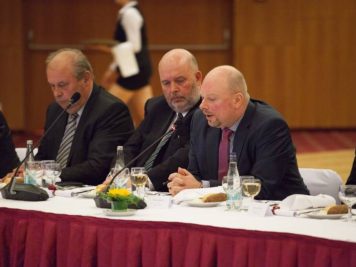
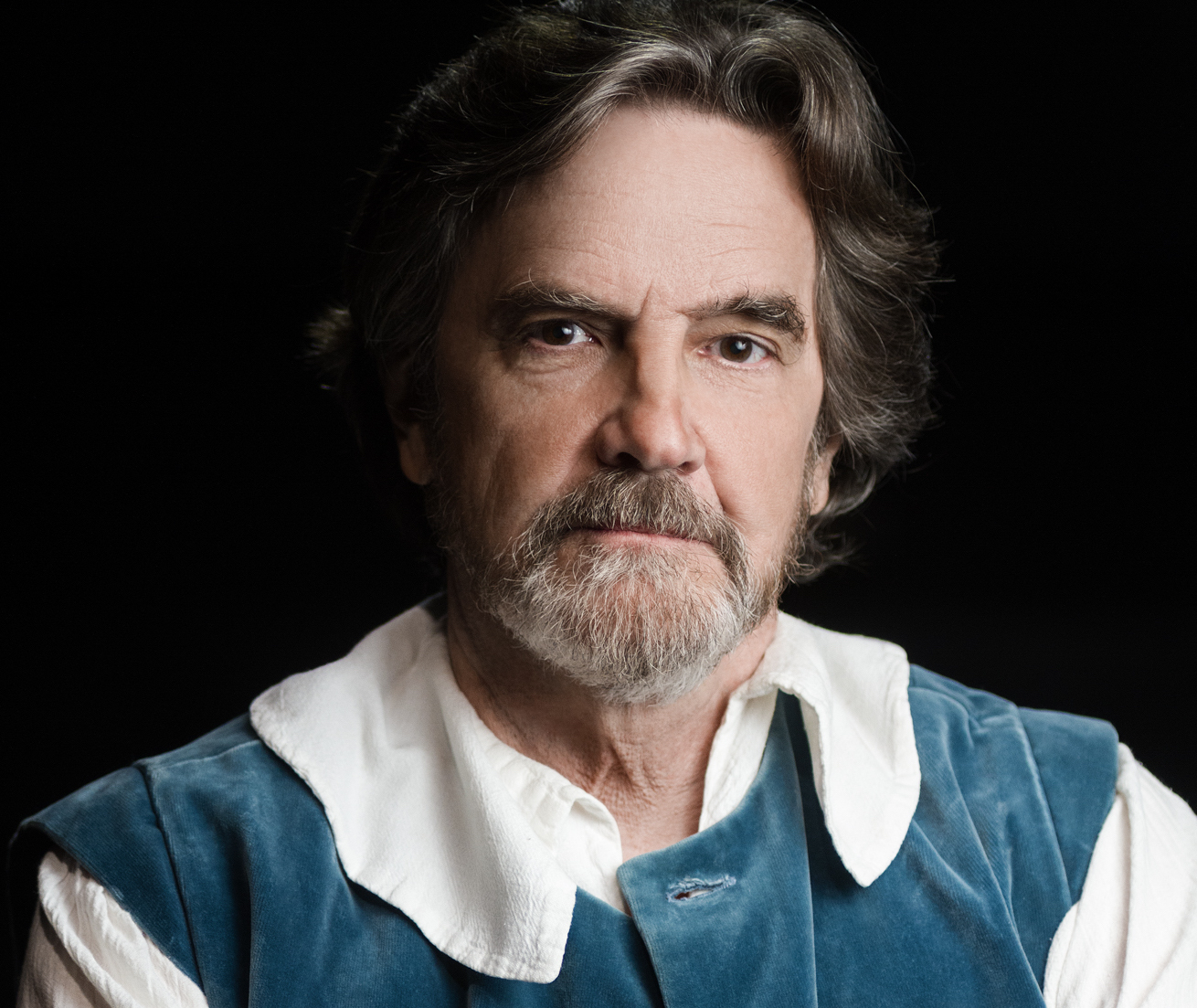
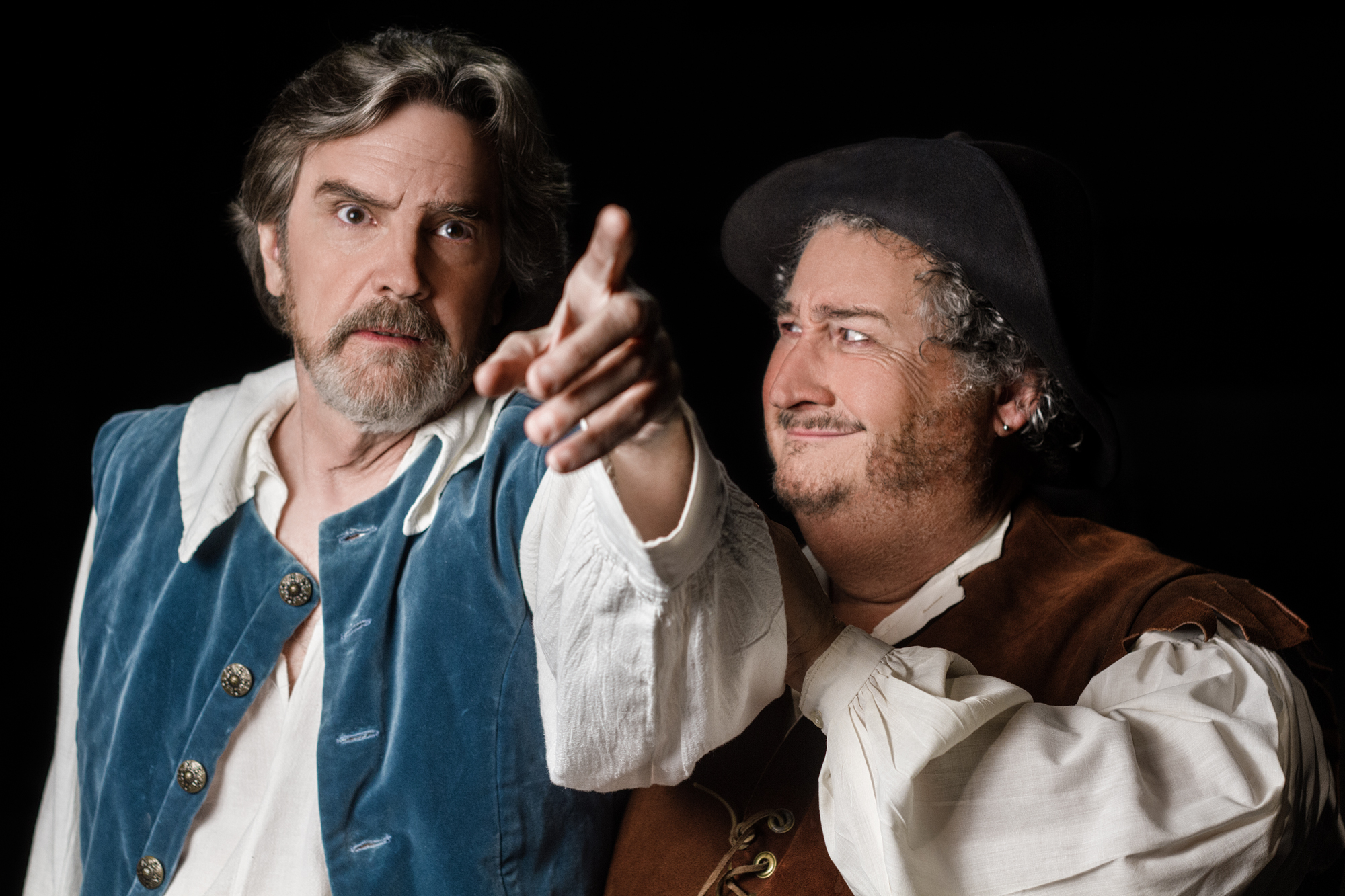
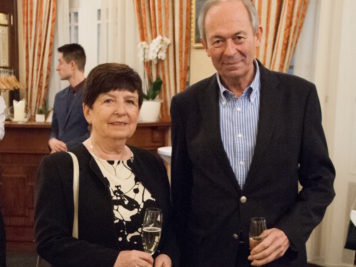
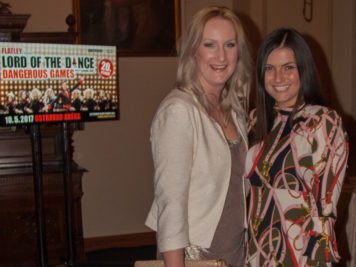
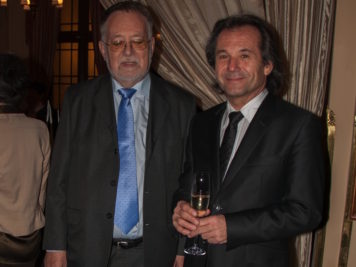
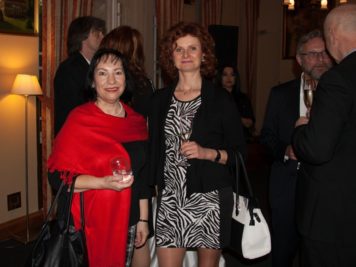
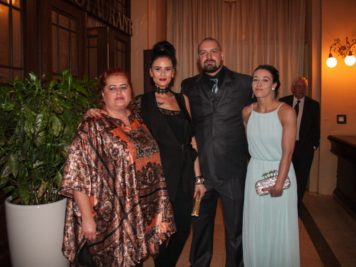
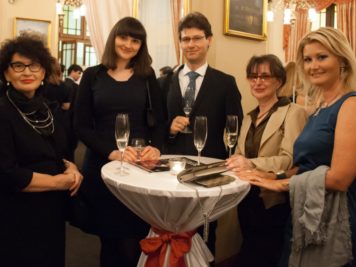
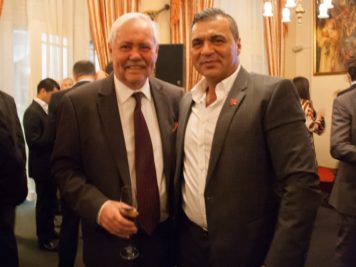
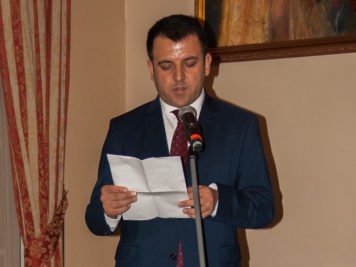
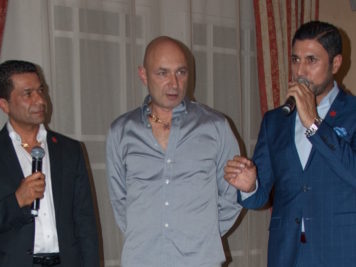
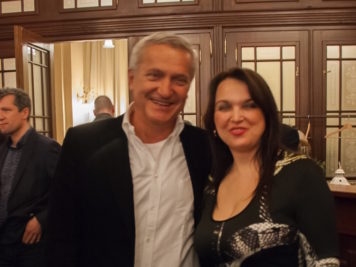
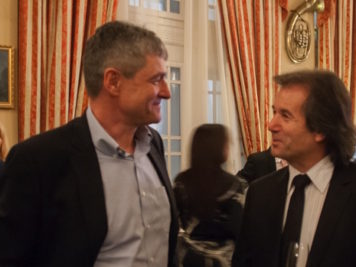
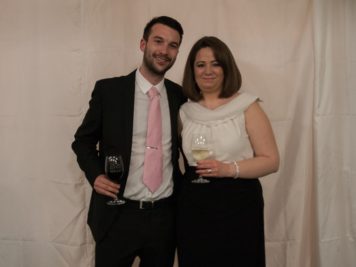
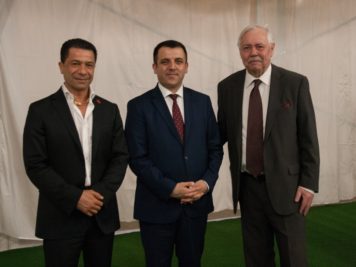
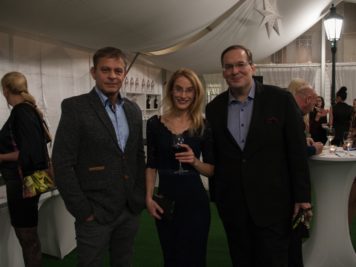
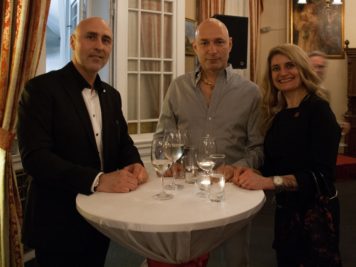
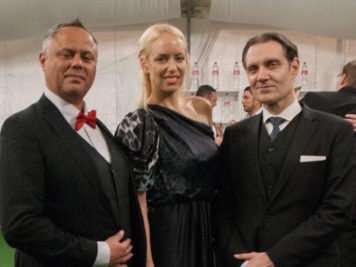
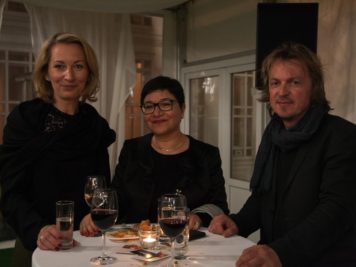
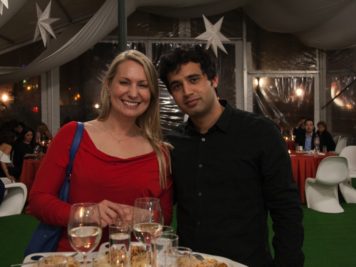
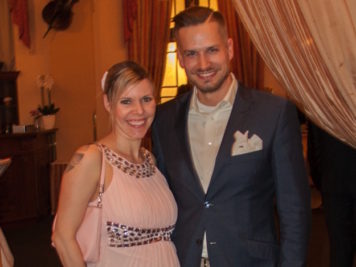
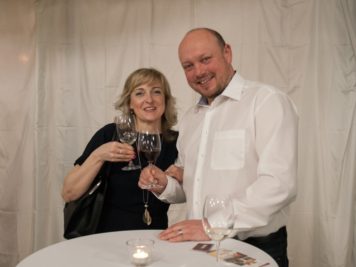
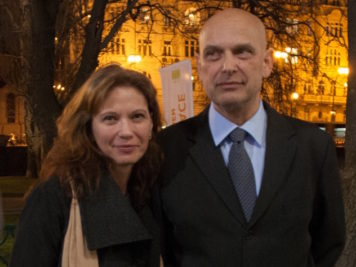

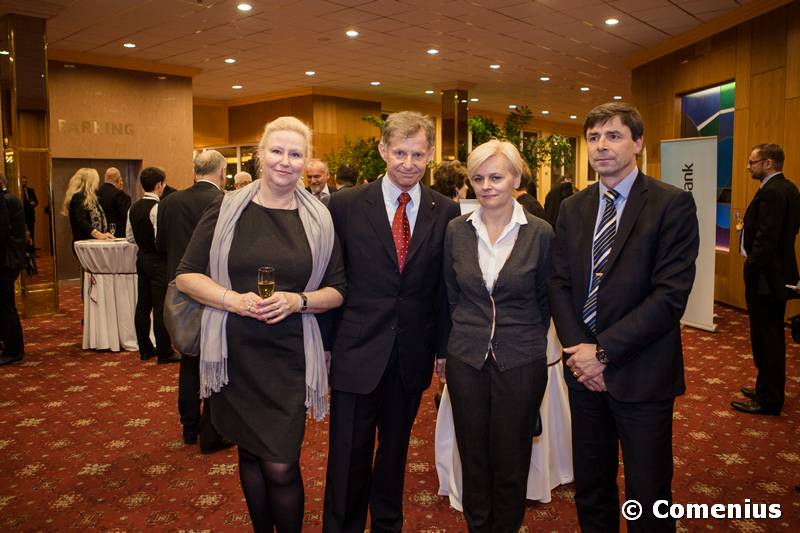
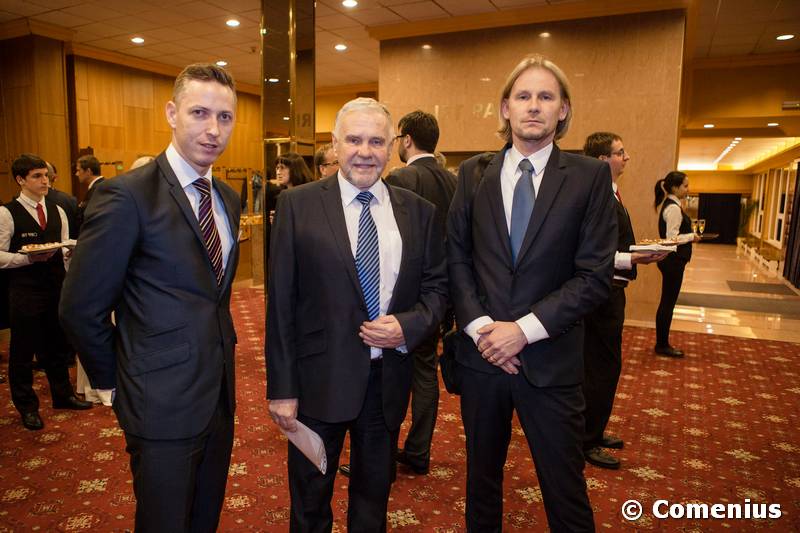
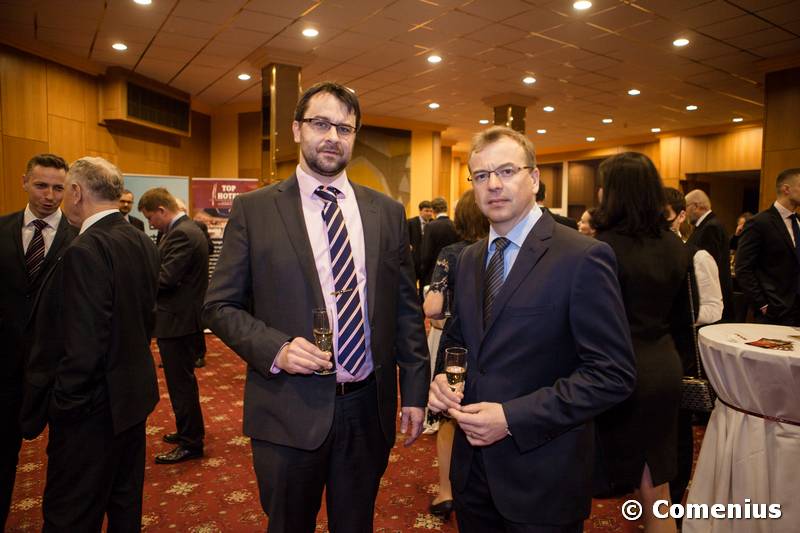
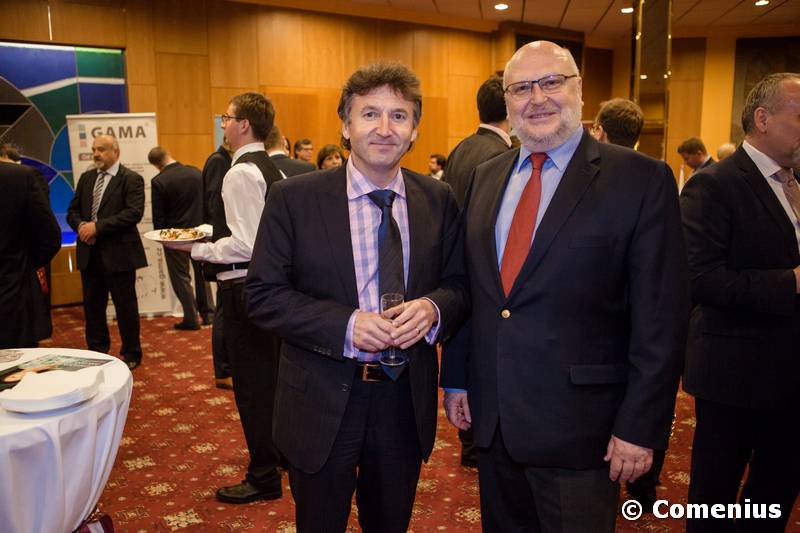
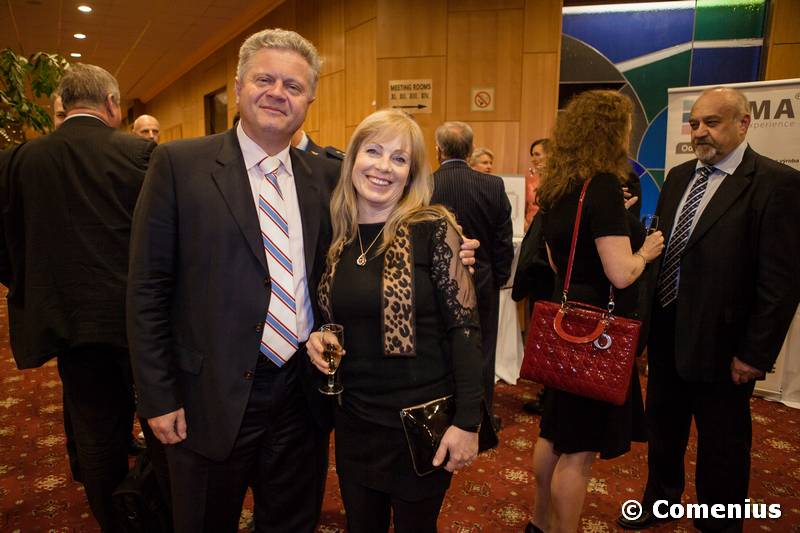
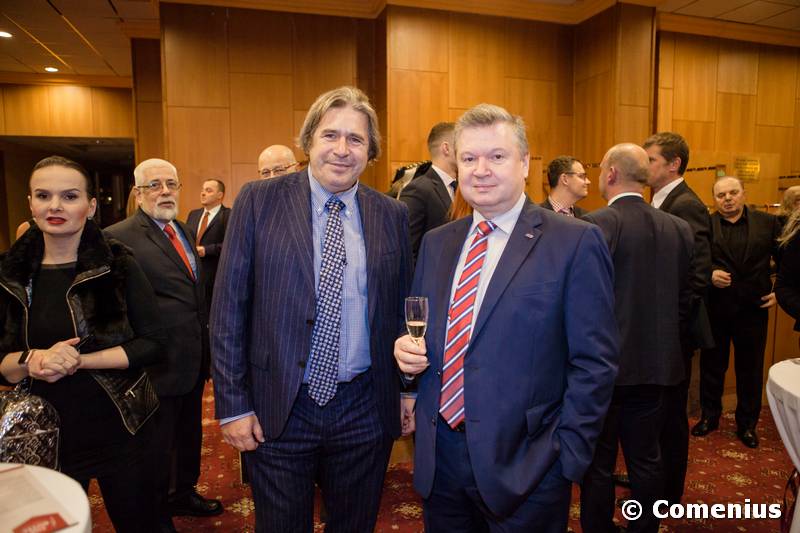
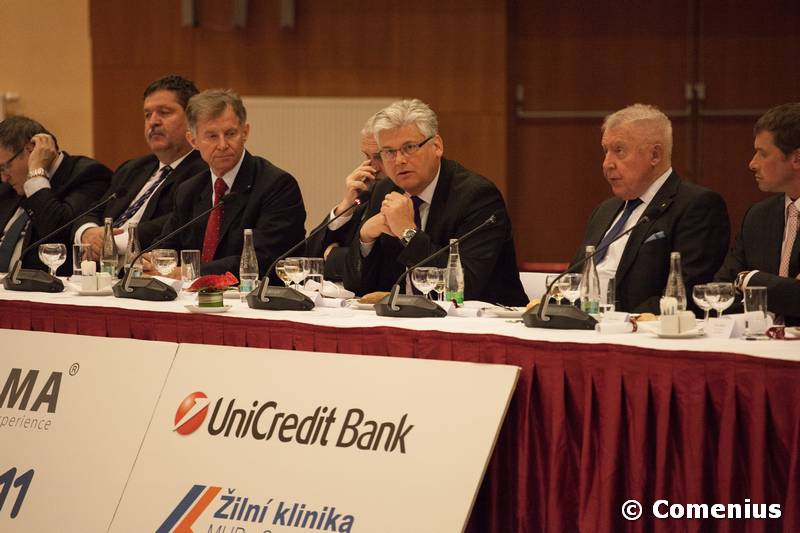
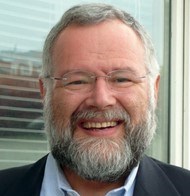 Humankind continues to face a myriad of significant global challenges in today‘s world. One of the most pressing of these issues is warfare, of which there are more than 70 armed conflicts currently in play.
Humankind continues to face a myriad of significant global challenges in today‘s world. One of the most pressing of these issues is warfare, of which there are more than 70 armed conflicts currently in play.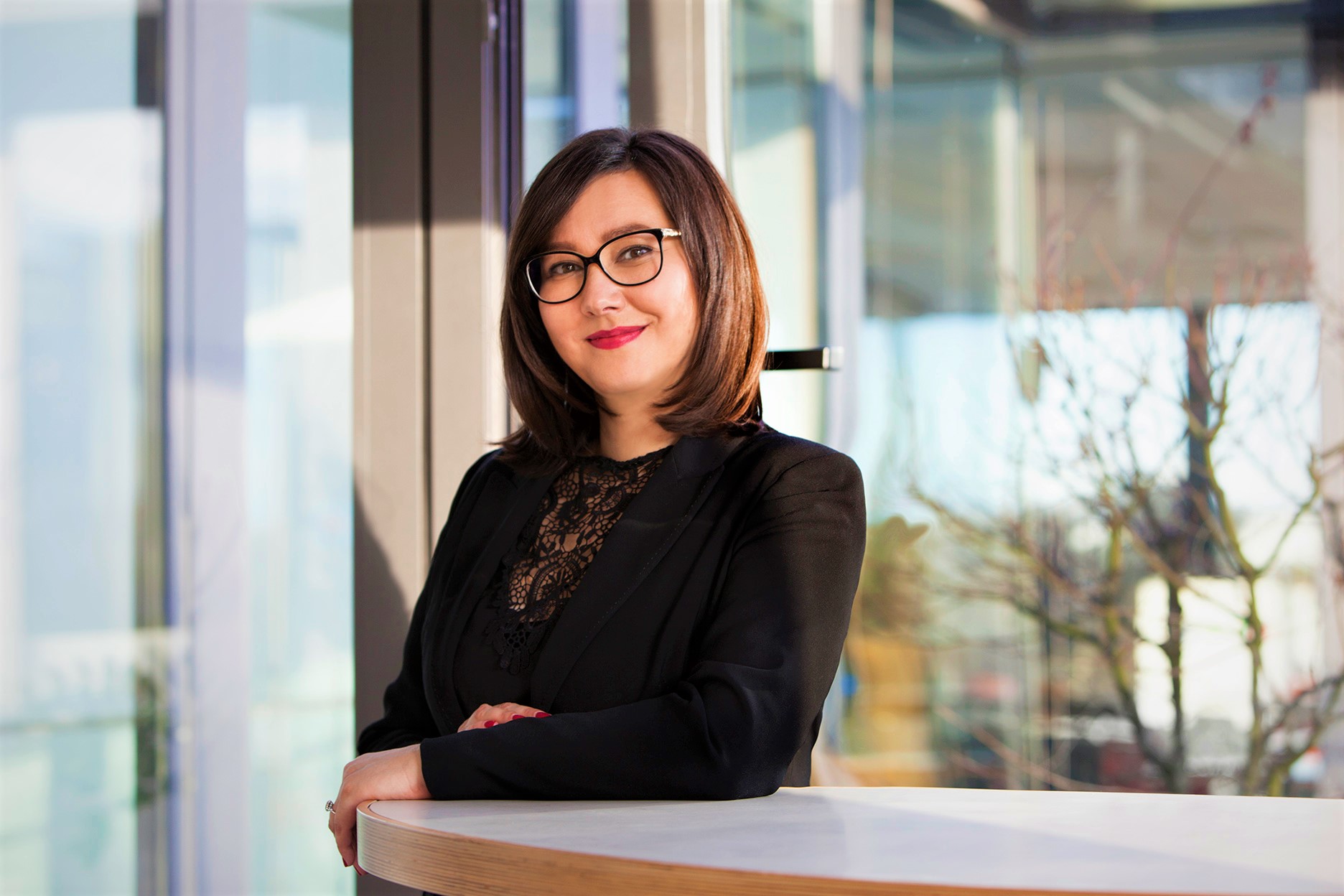
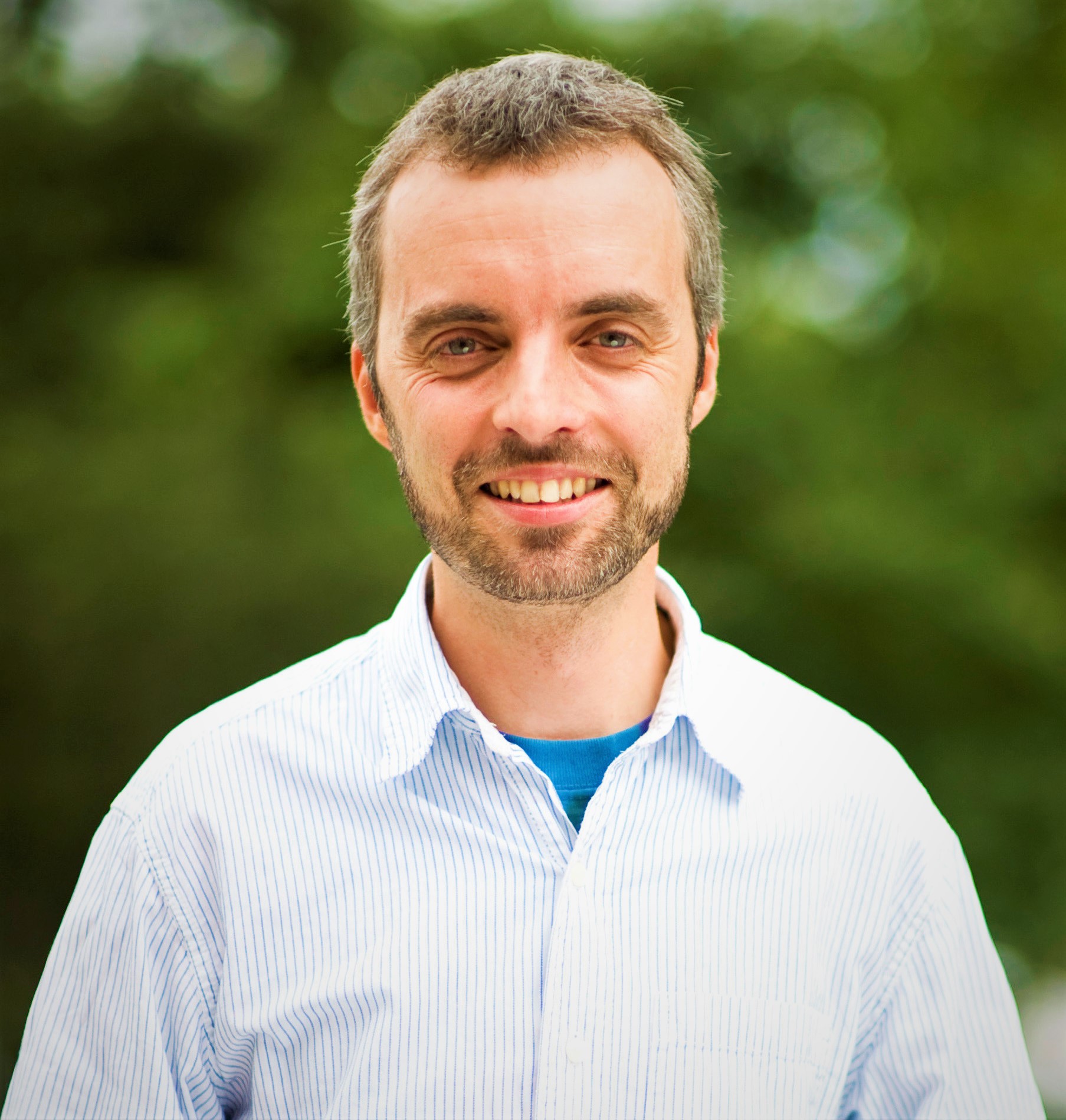
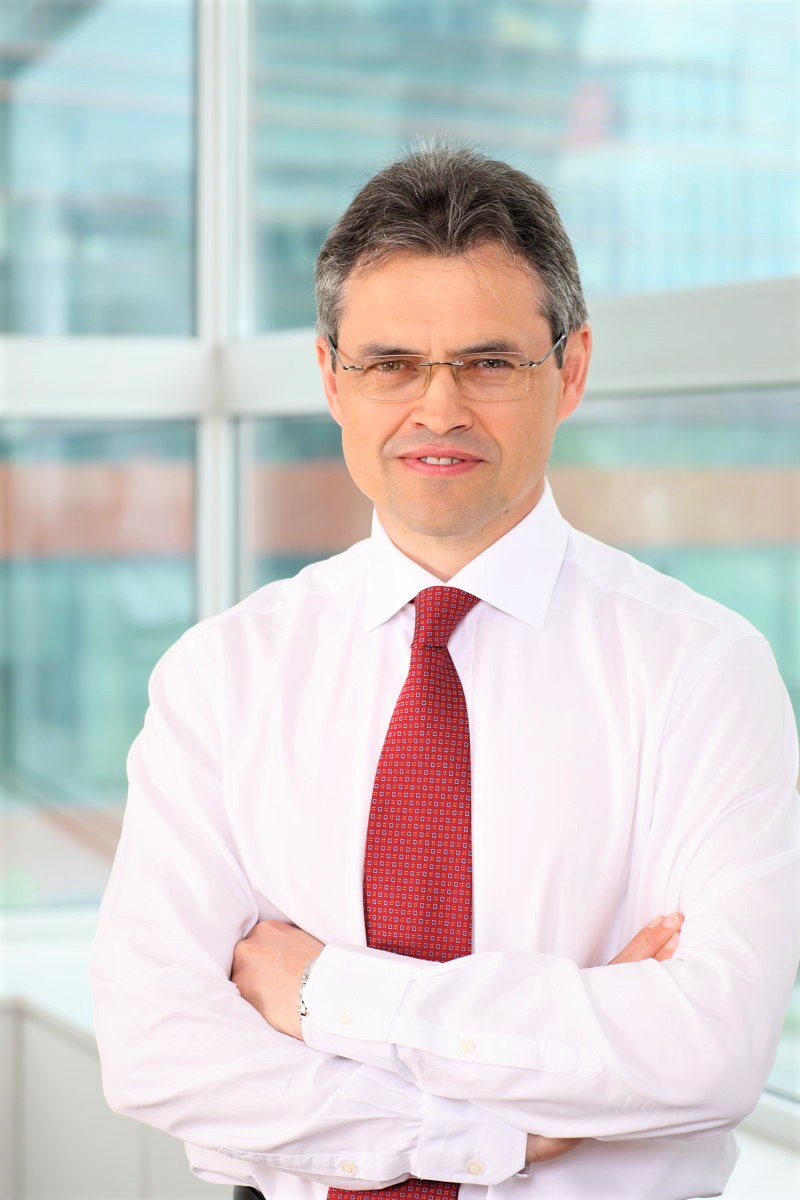



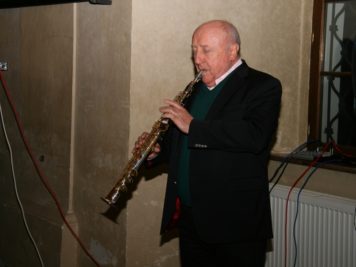
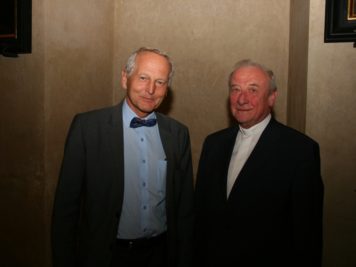
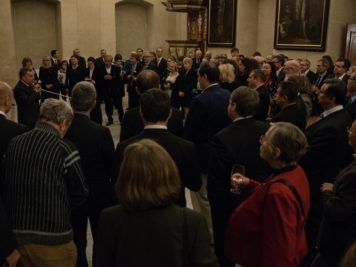
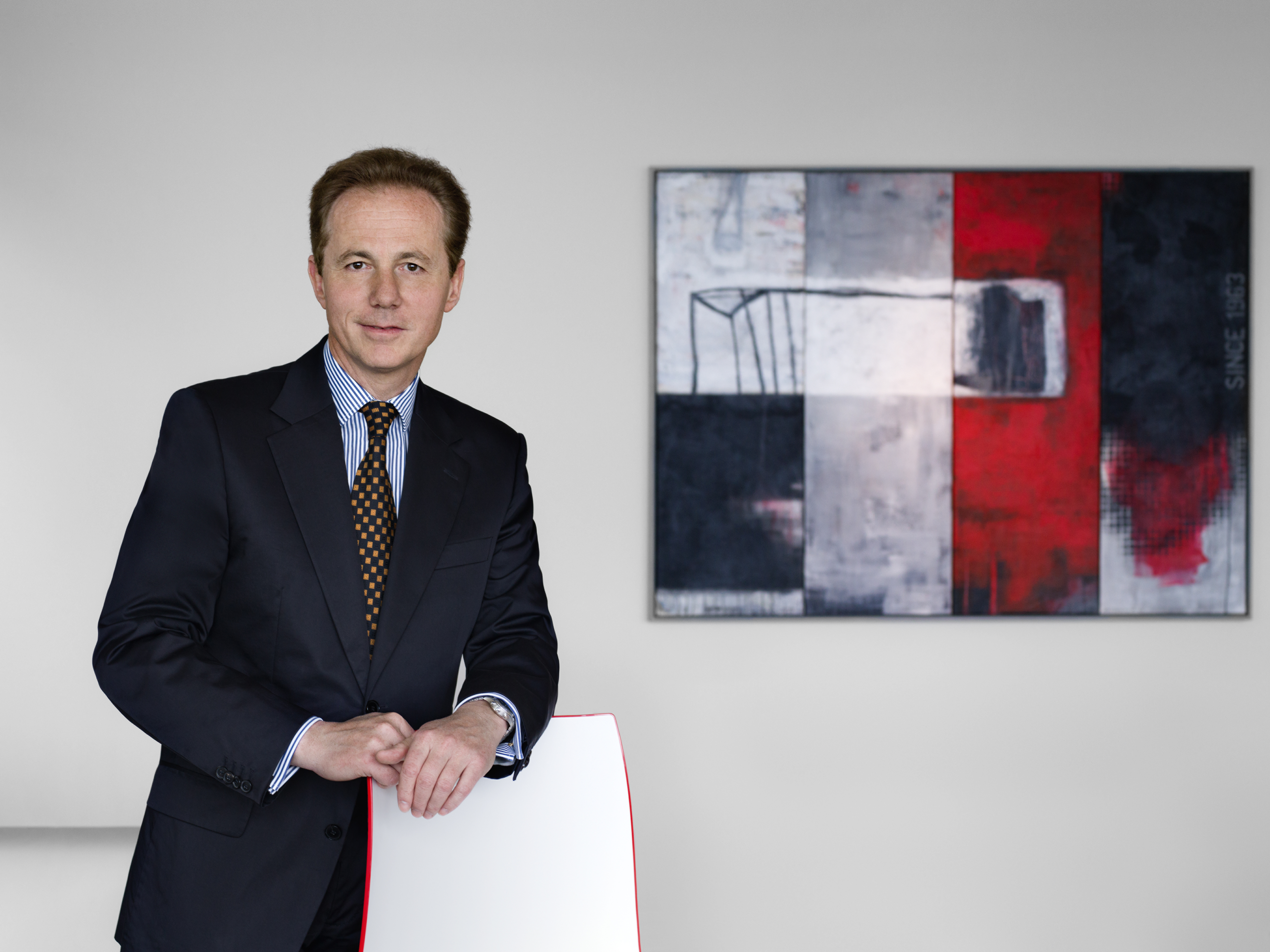
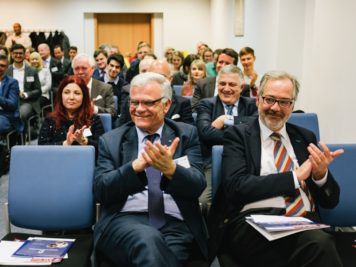
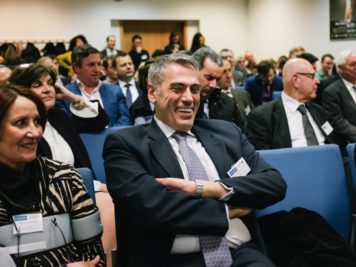
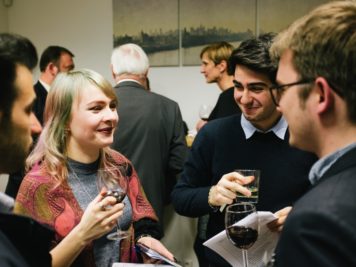
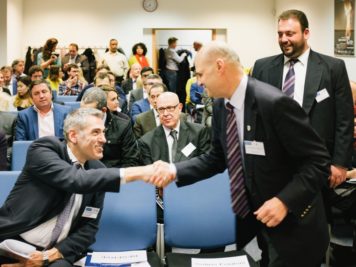
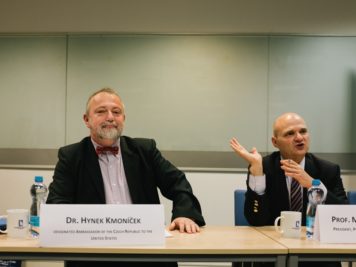
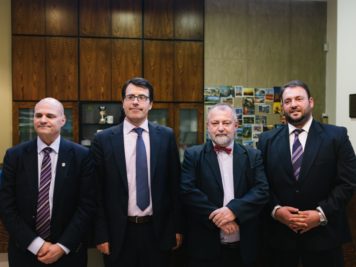
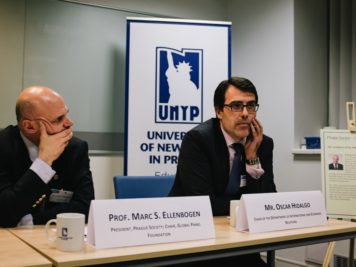
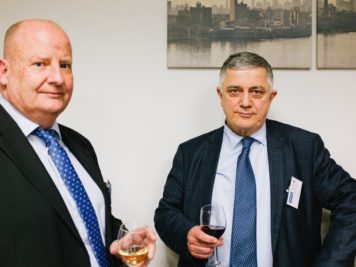
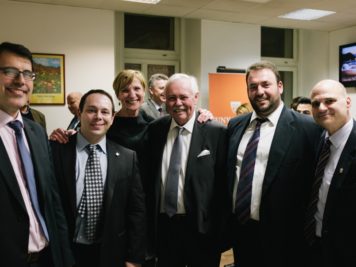
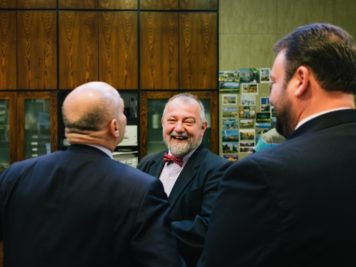
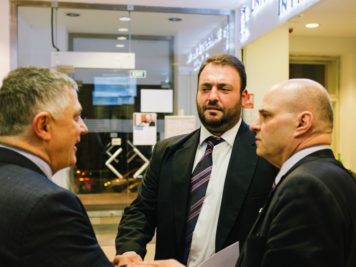
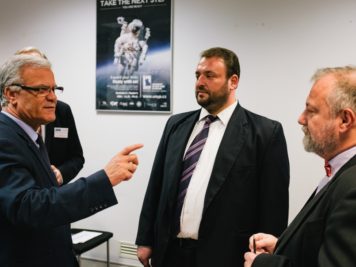
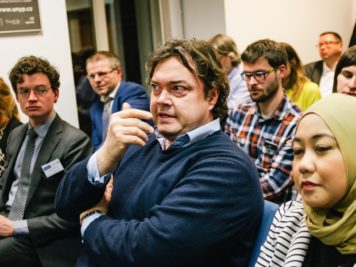
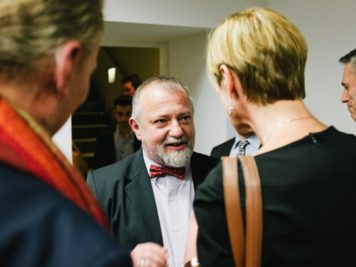
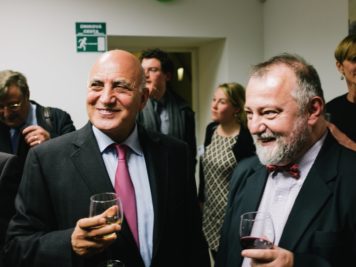
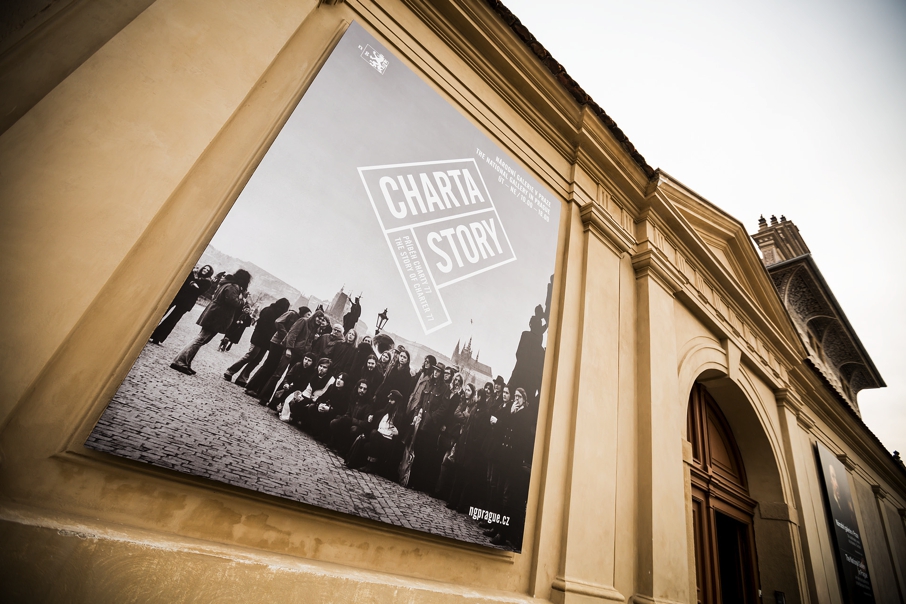
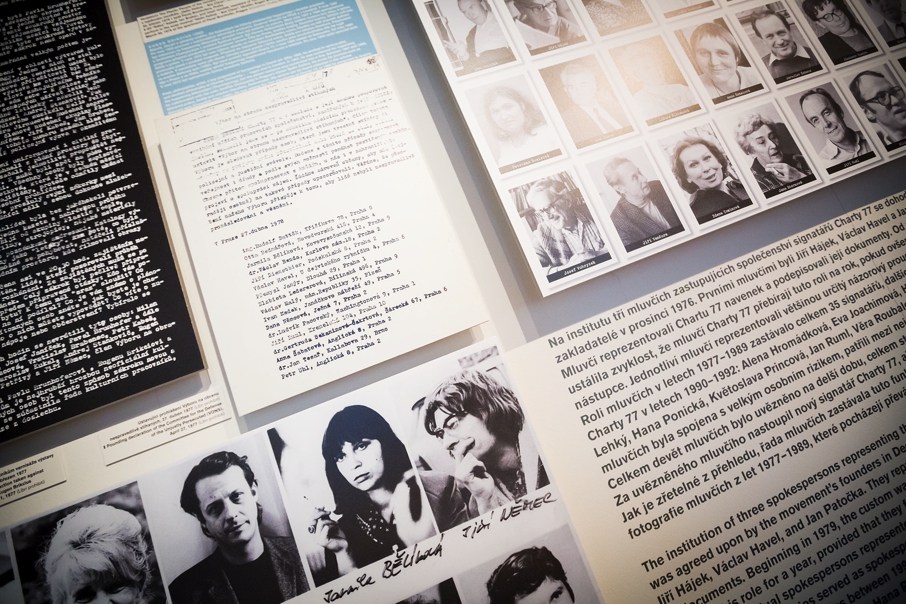
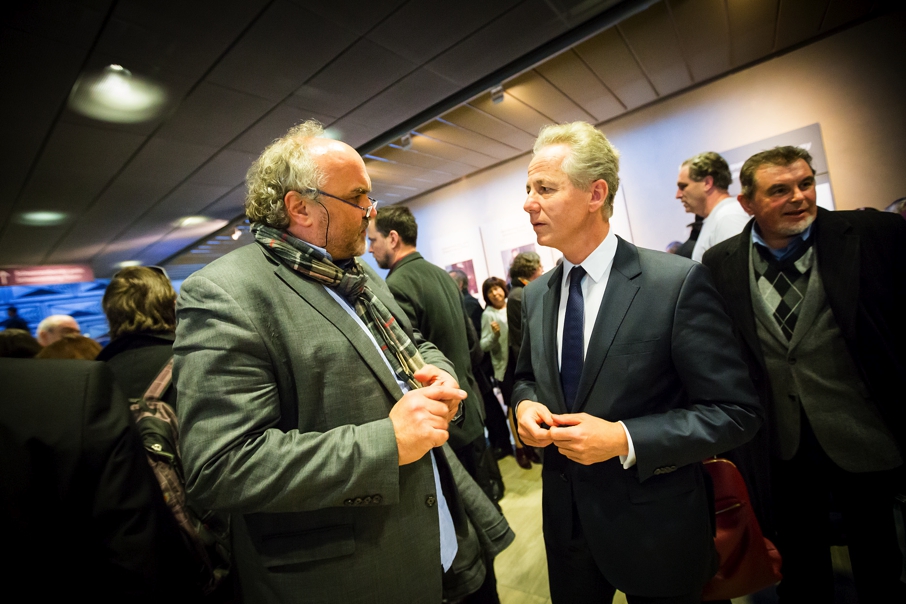
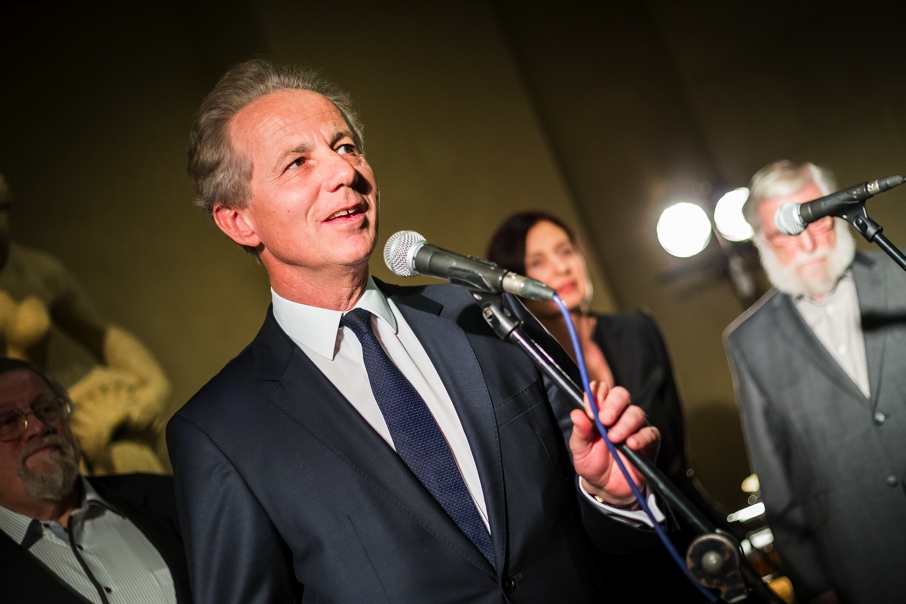
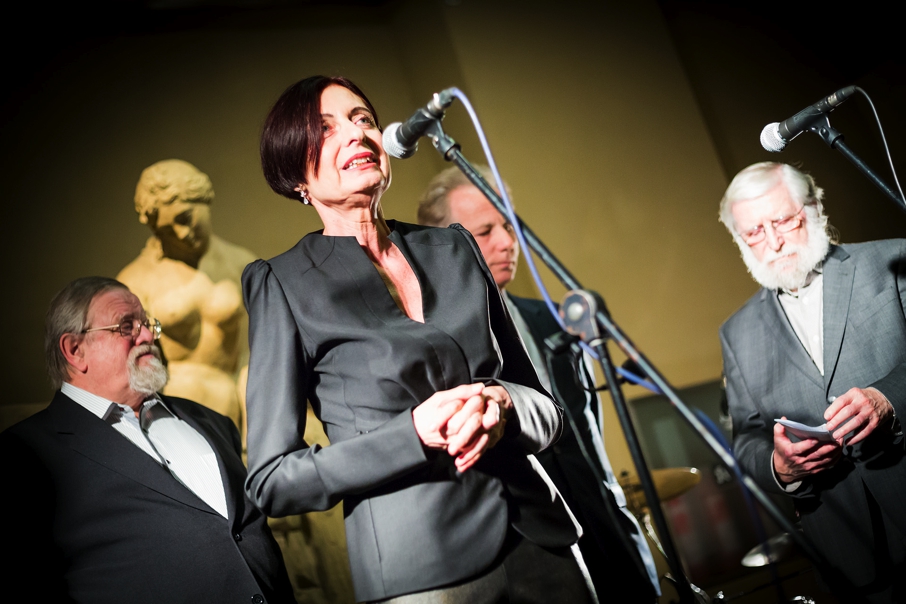
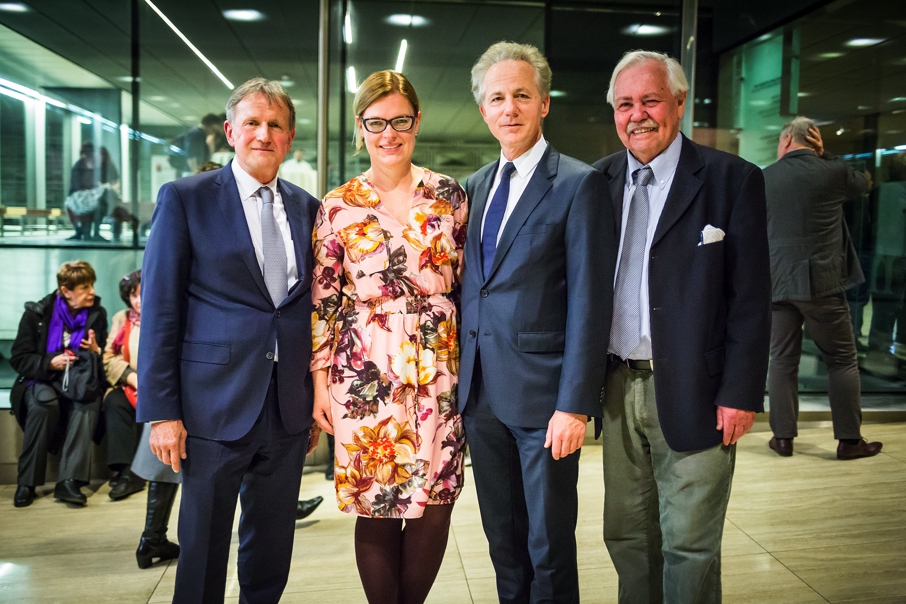
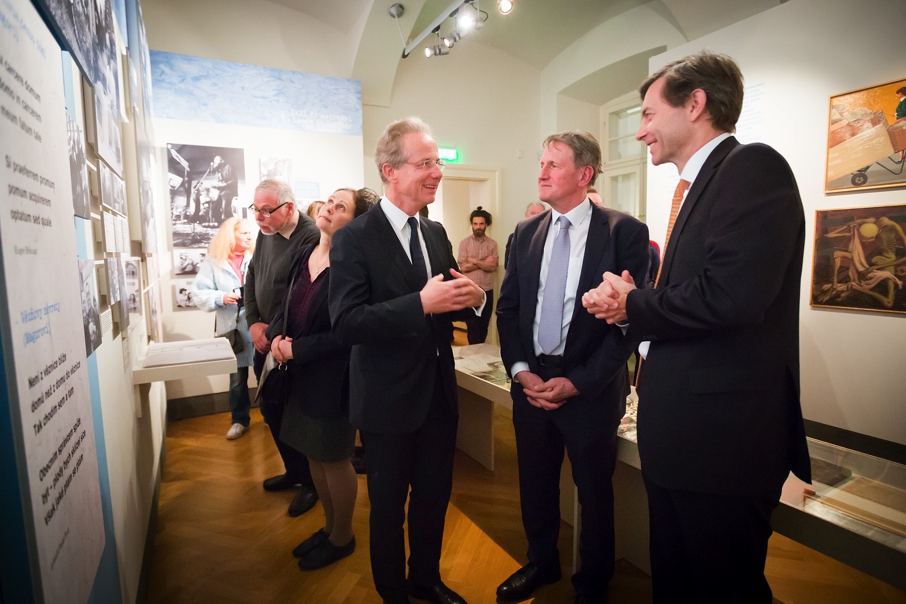
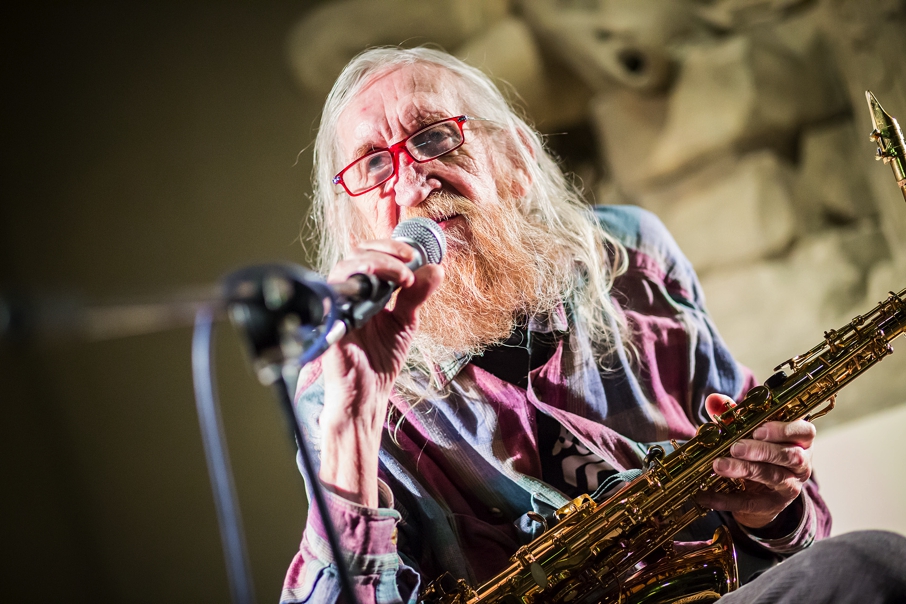
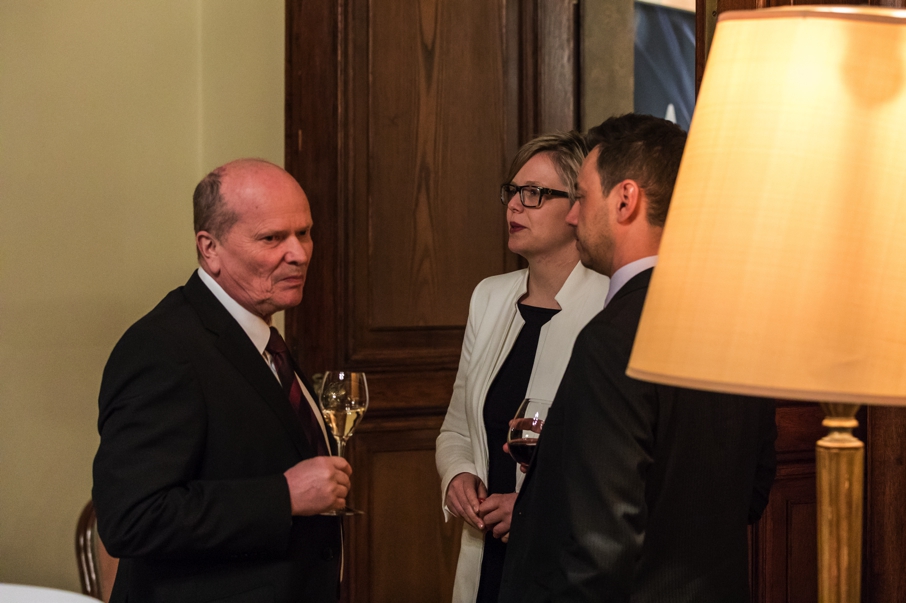
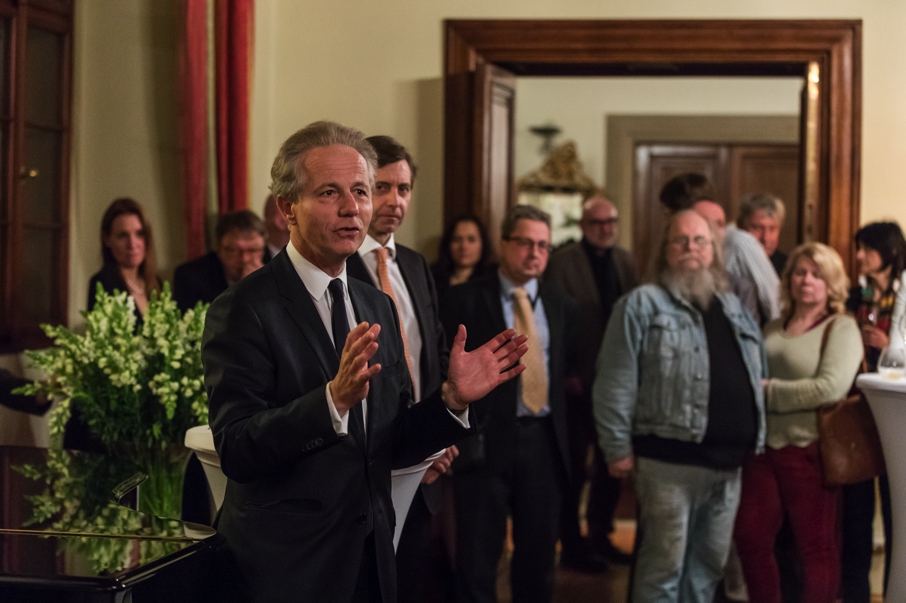
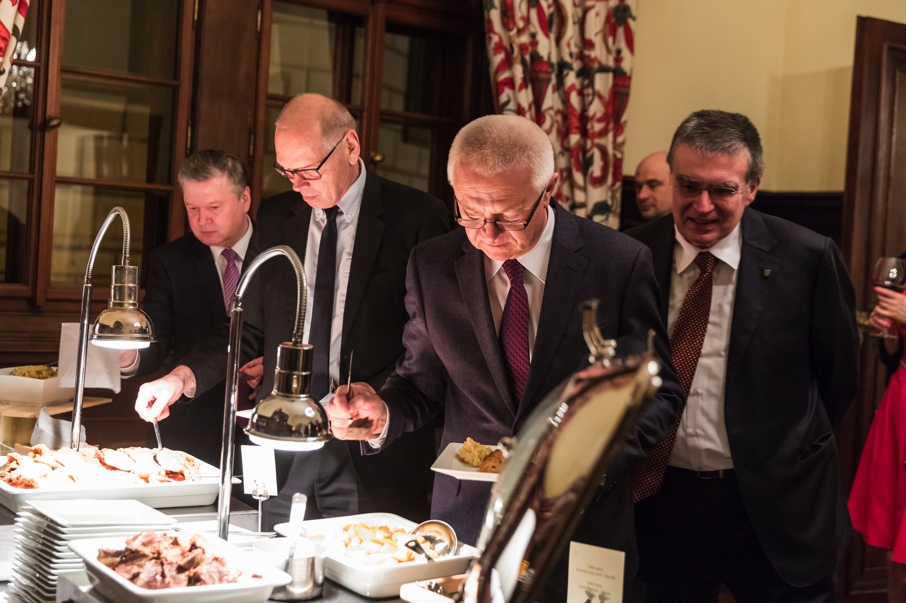
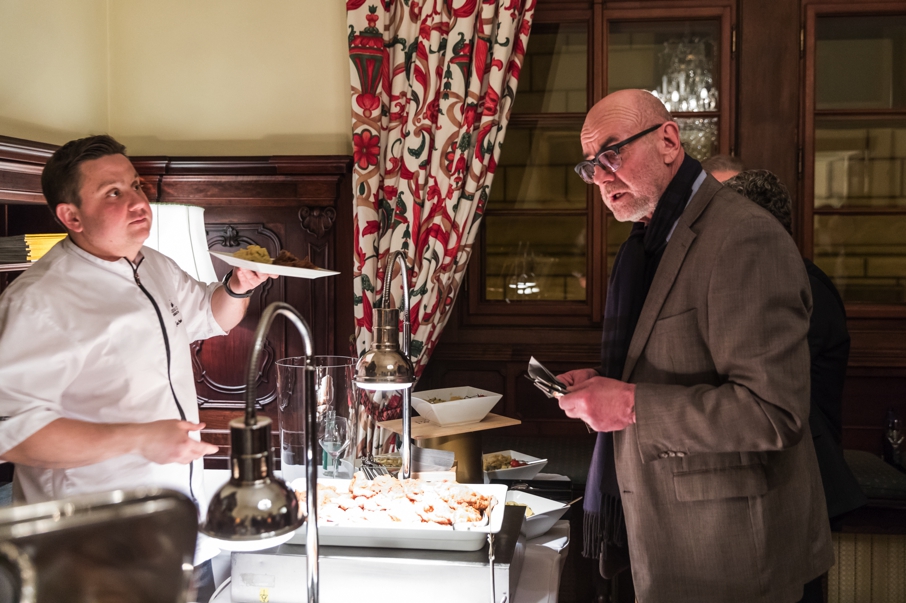
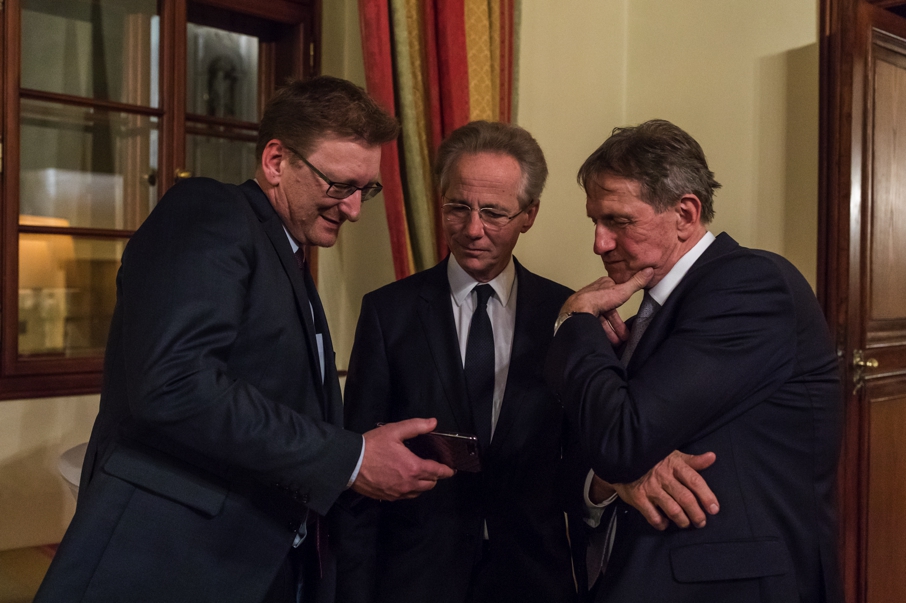
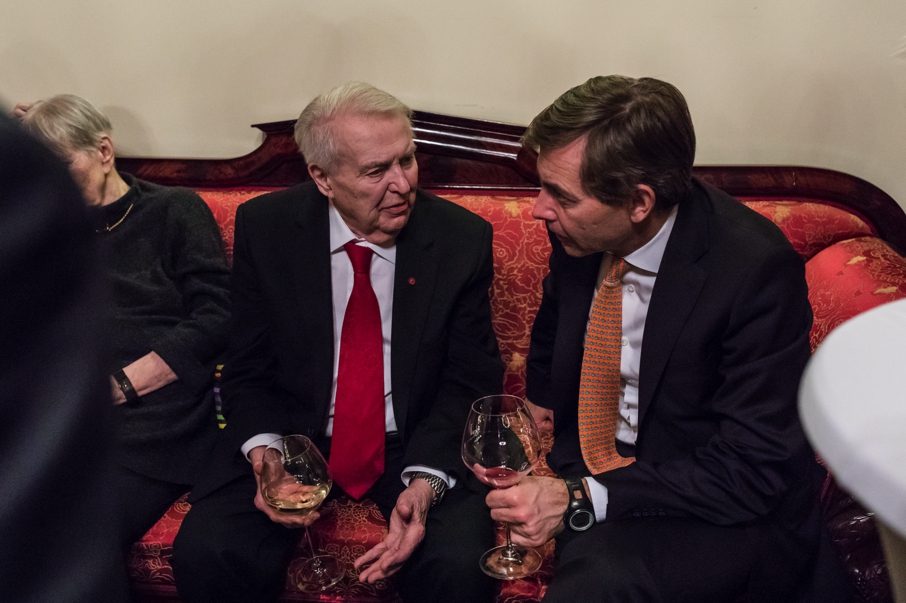
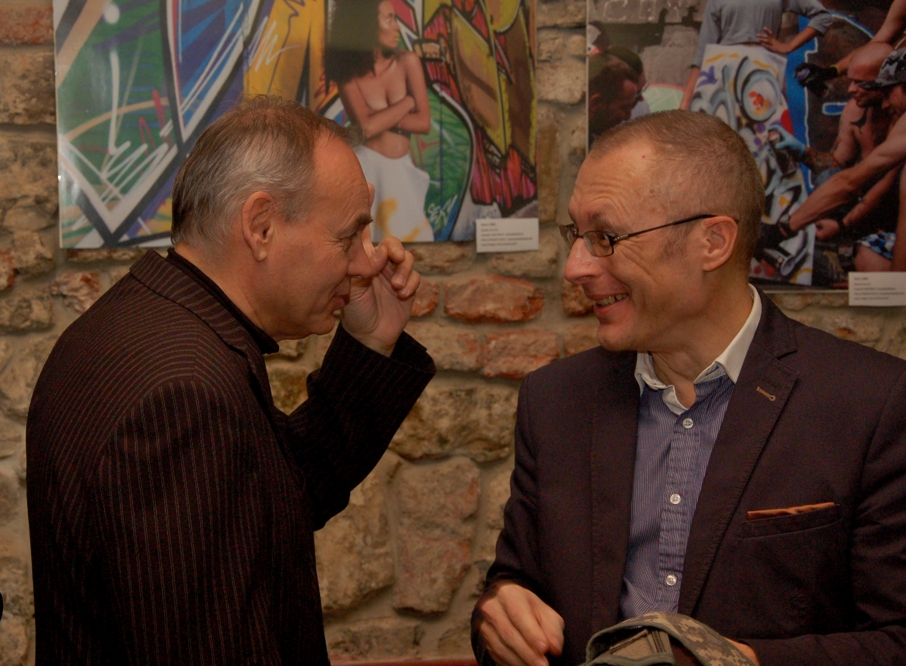
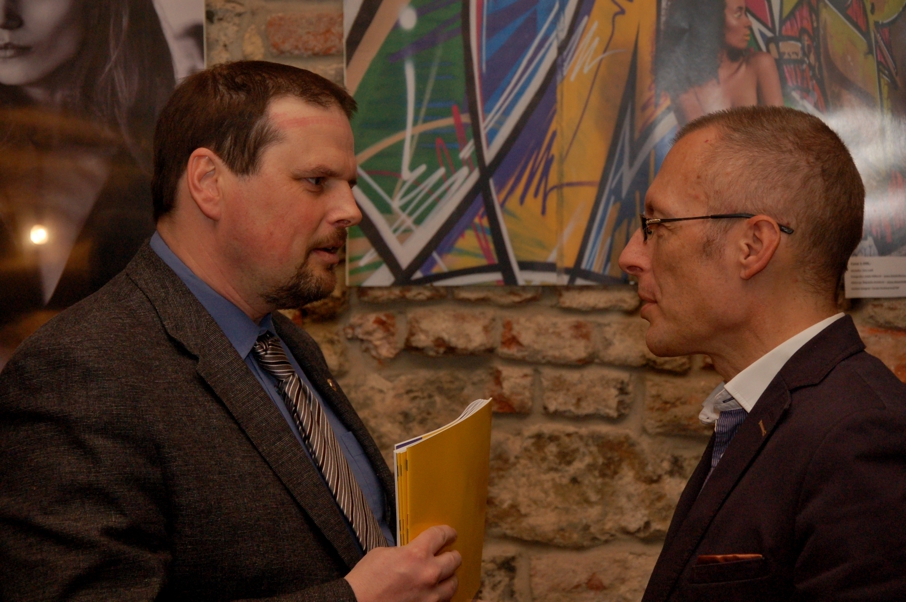
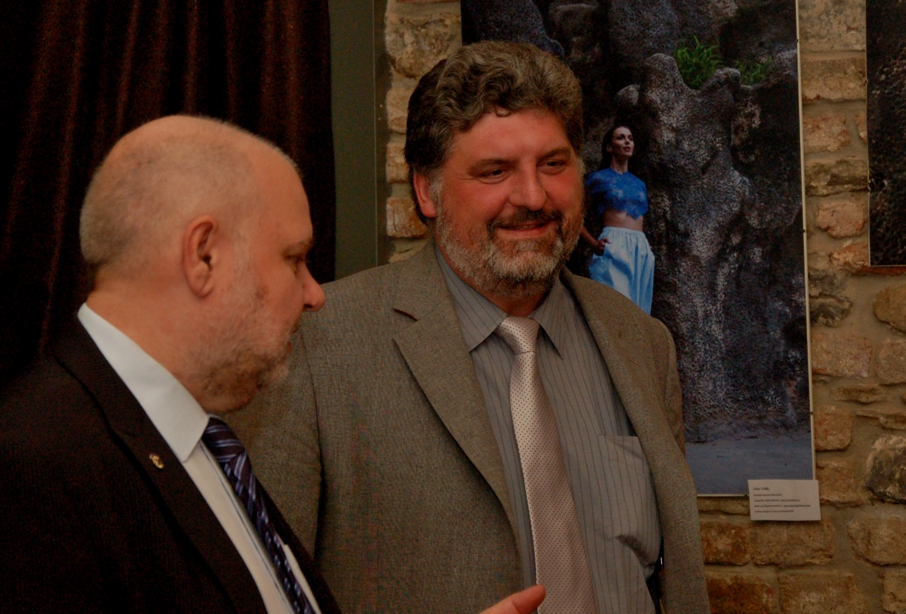
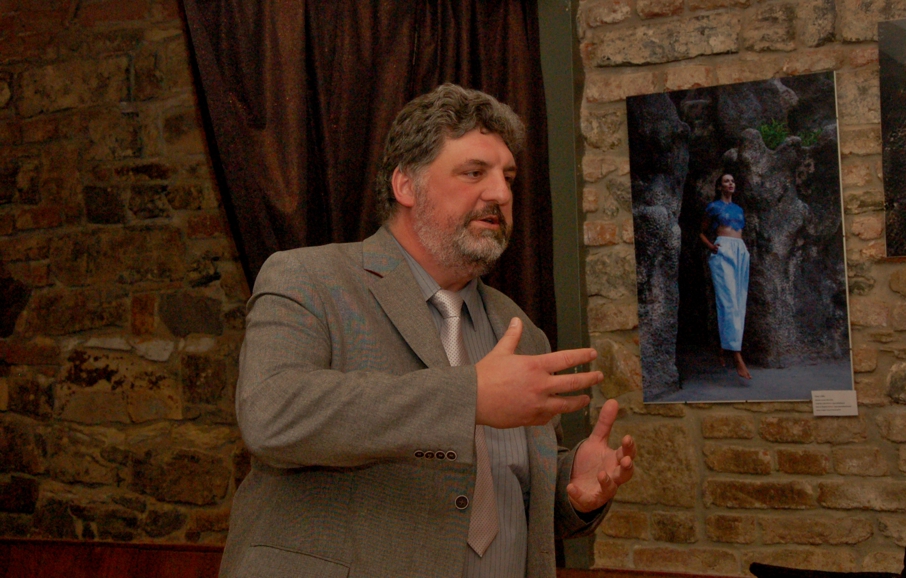
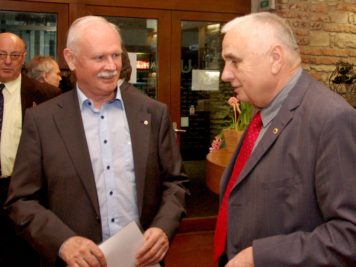
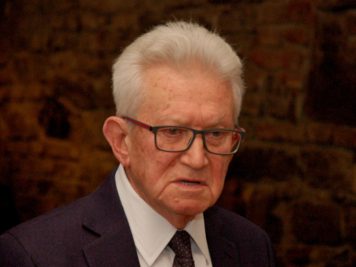
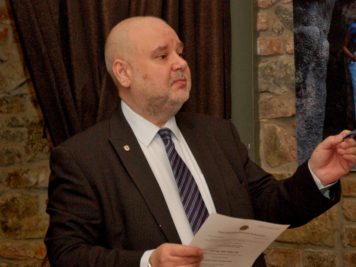
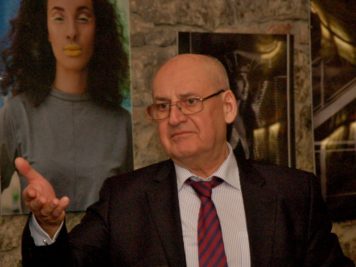
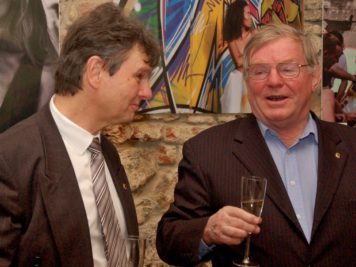
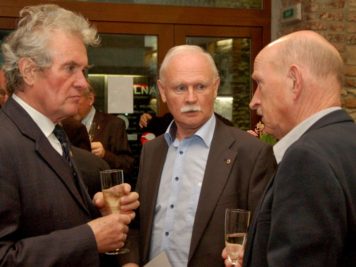
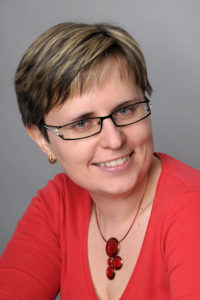 How to compare something what used to be the same? The question which I could hear very often meeting people outside the Czech or Slovak Republic. In fact, even nowadays there are professional many sources which view Slovak and Czech business cultures as identical ones.
How to compare something what used to be the same? The question which I could hear very often meeting people outside the Czech or Slovak Republic. In fact, even nowadays there are professional many sources which view Slovak and Czech business cultures as identical ones.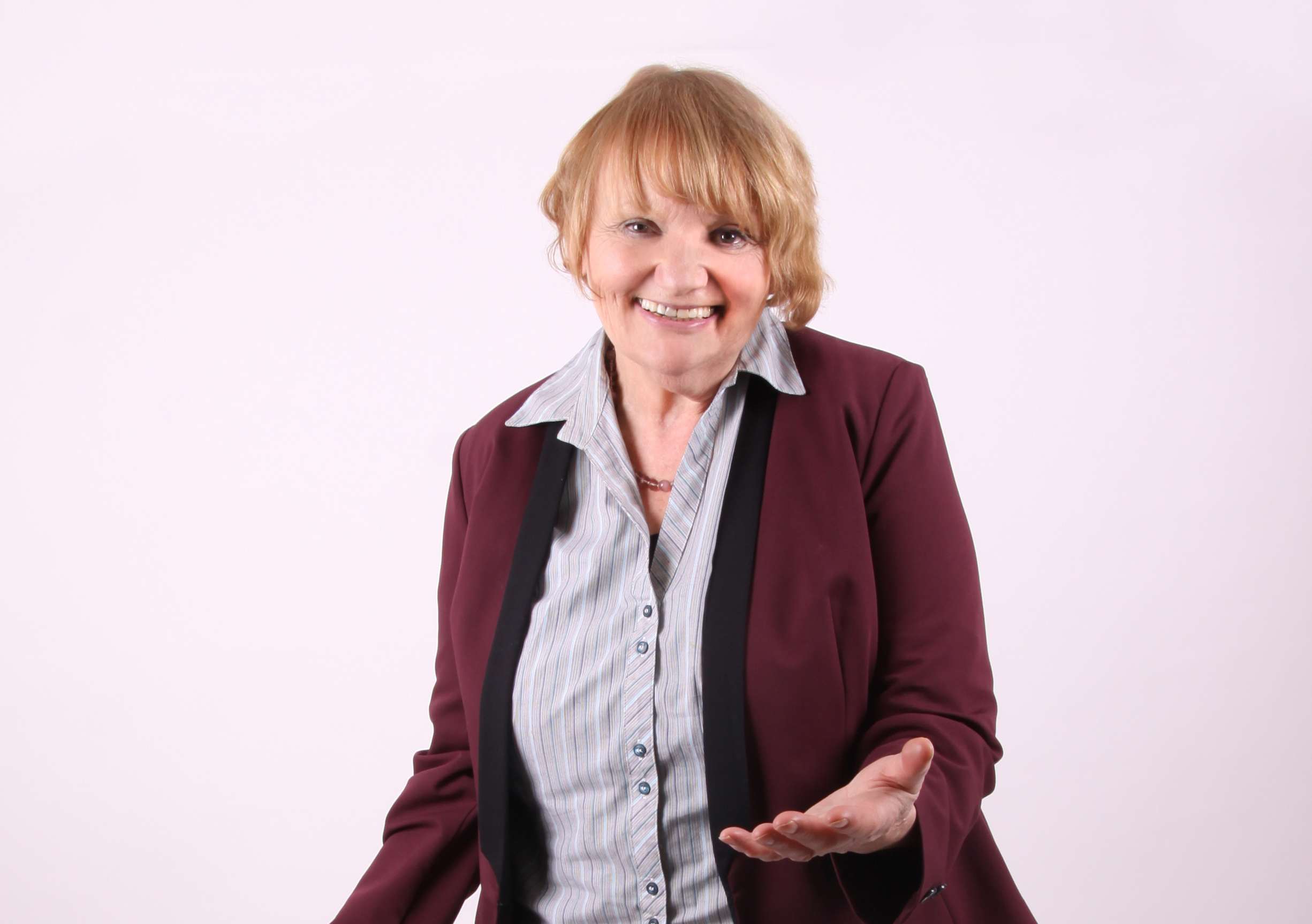
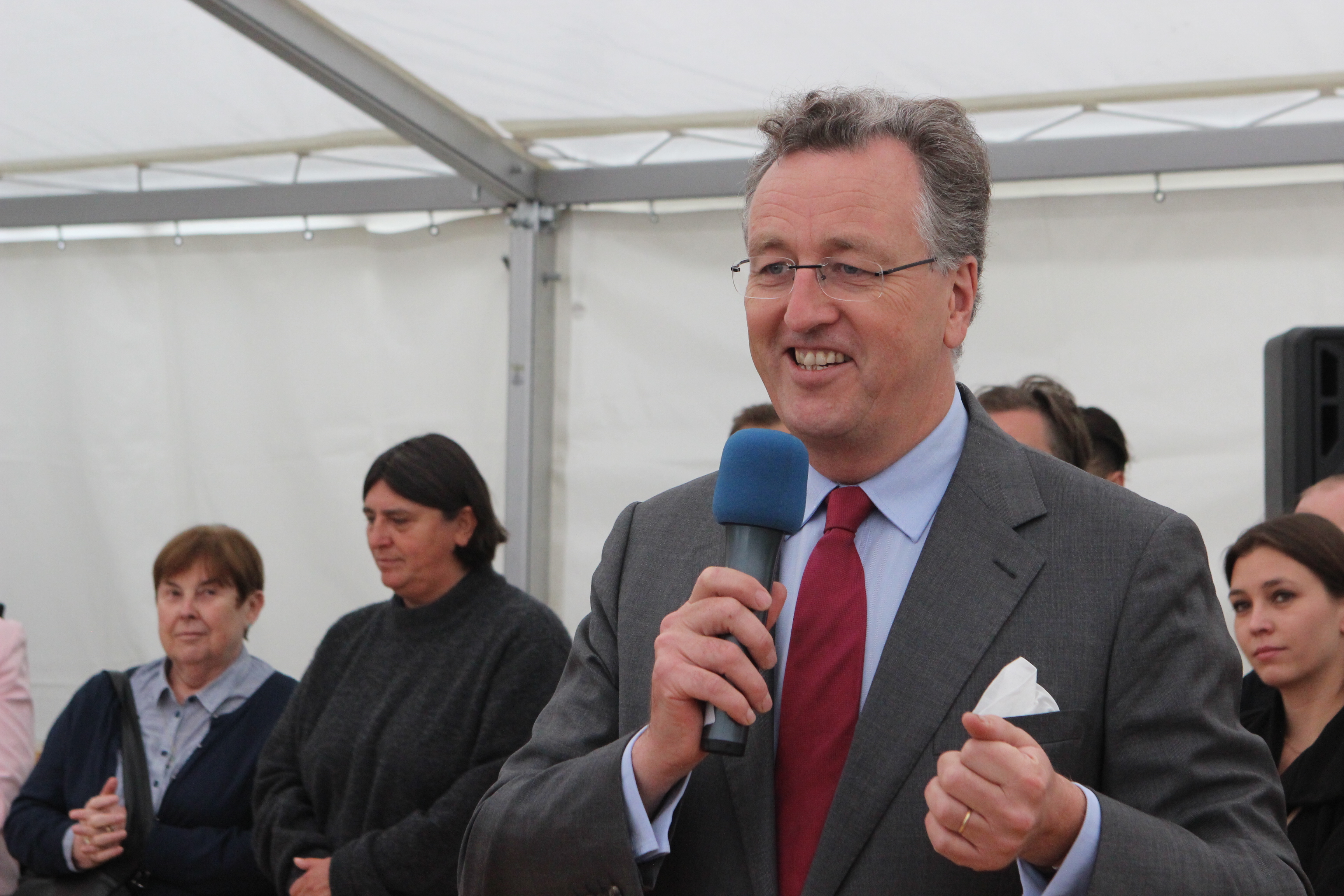
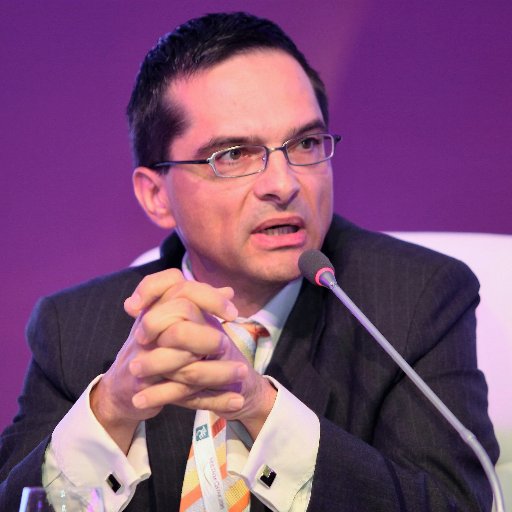 Reto Brosi is Managing Director of Megrow Pte Ltd in Singapore and Member of the Risk Committee of the Singapore Institute of Directors.
Reto Brosi is Managing Director of Megrow Pte Ltd in Singapore and Member of the Risk Committee of the Singapore Institute of Directors.
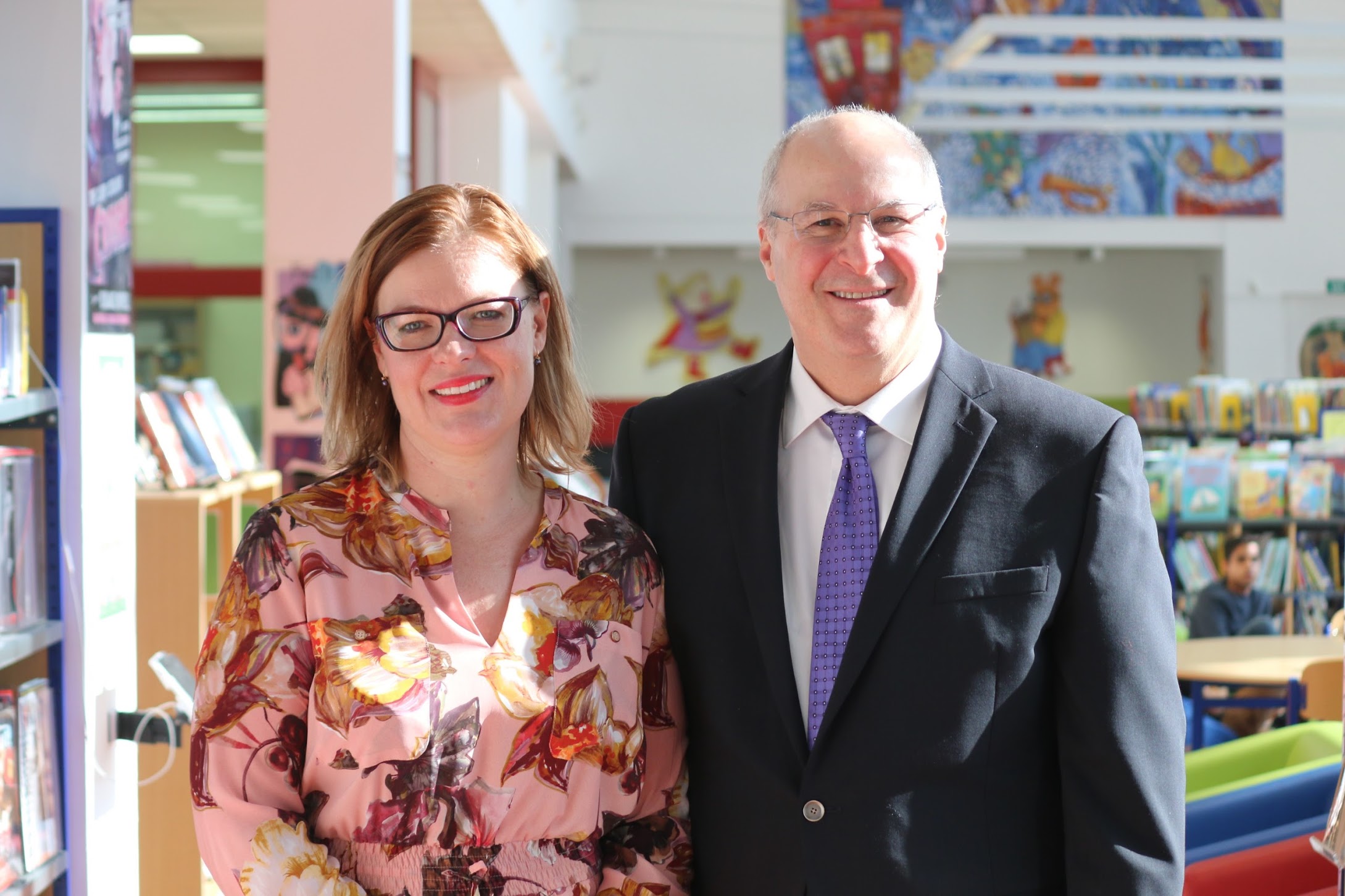
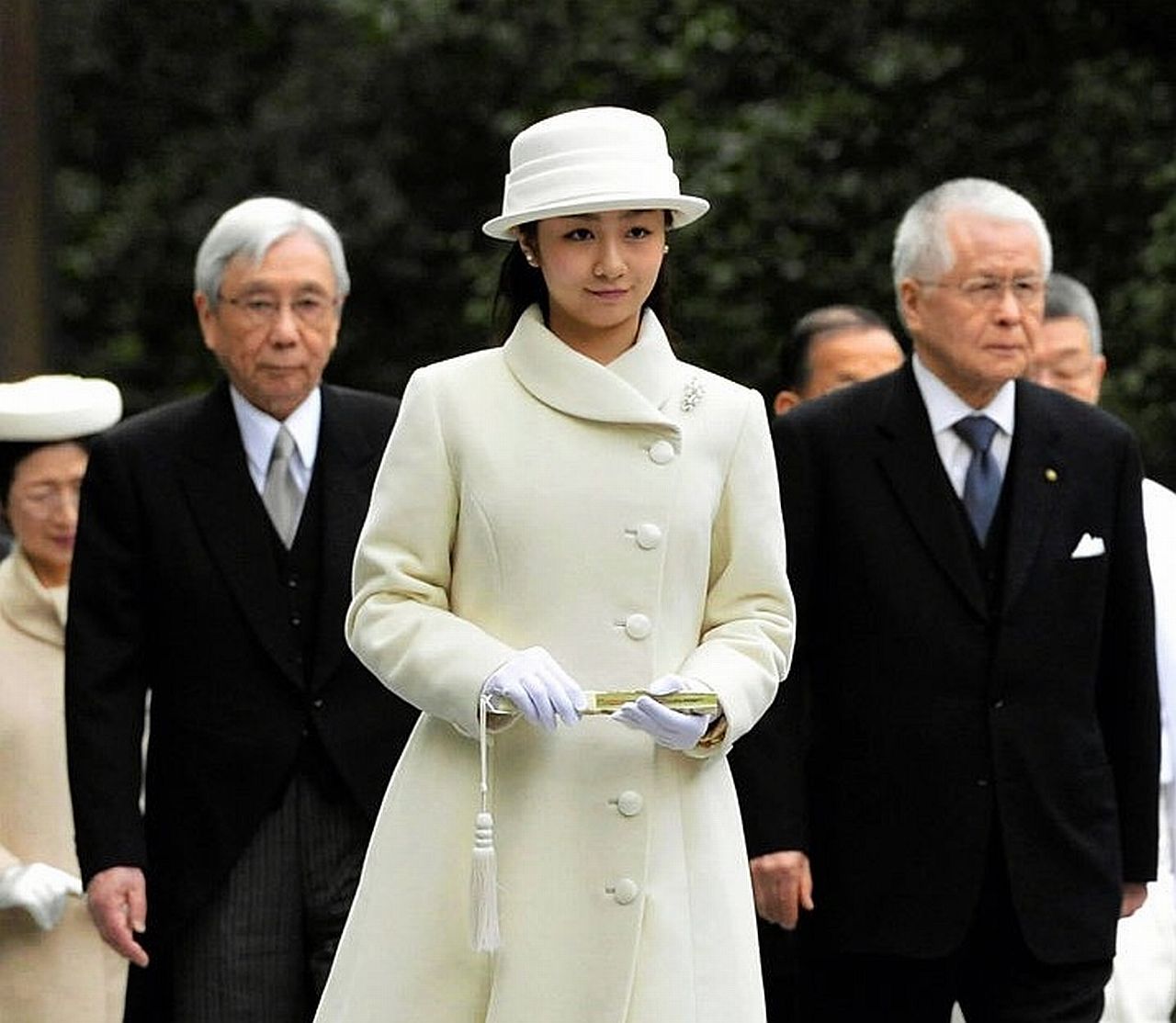


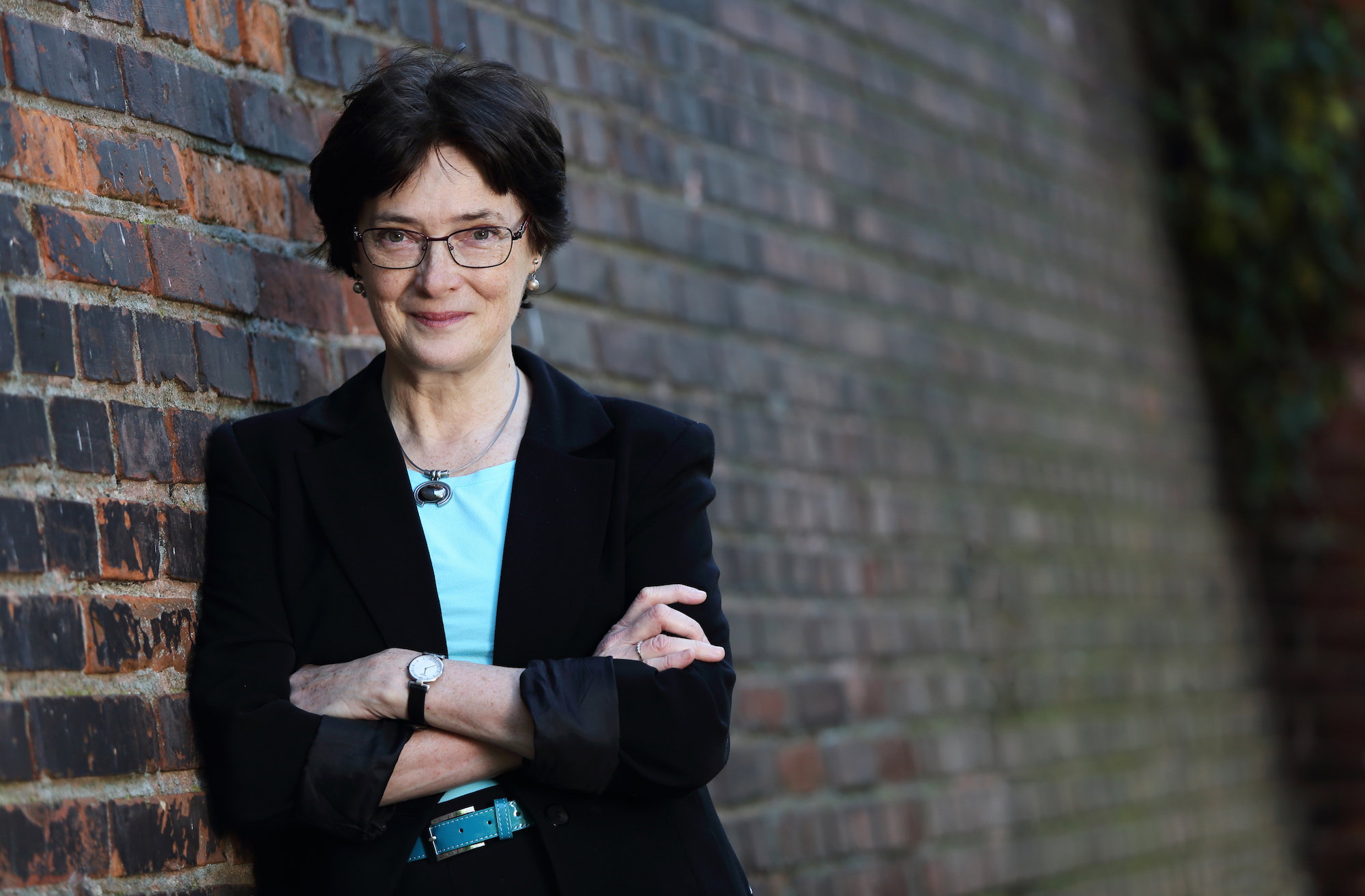
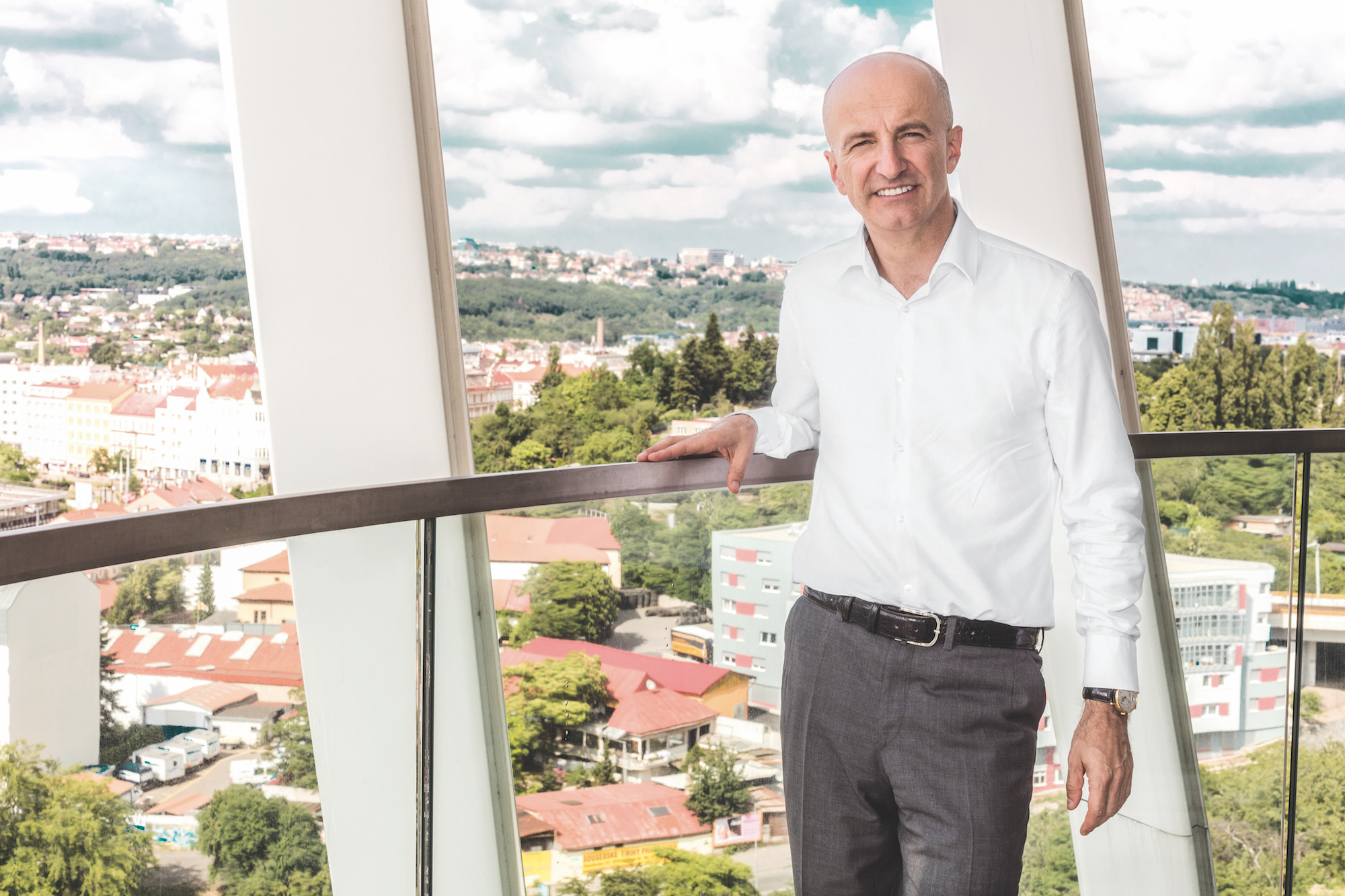












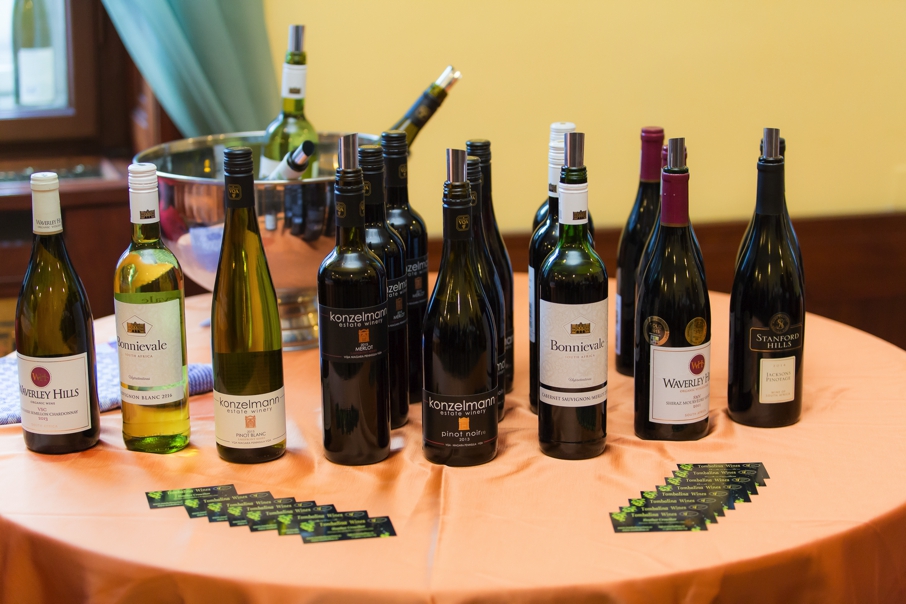

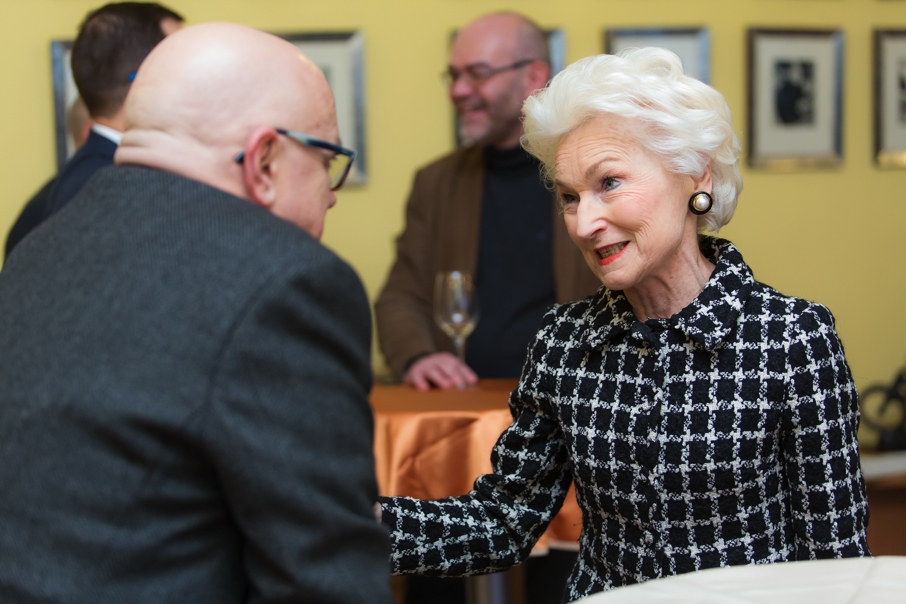
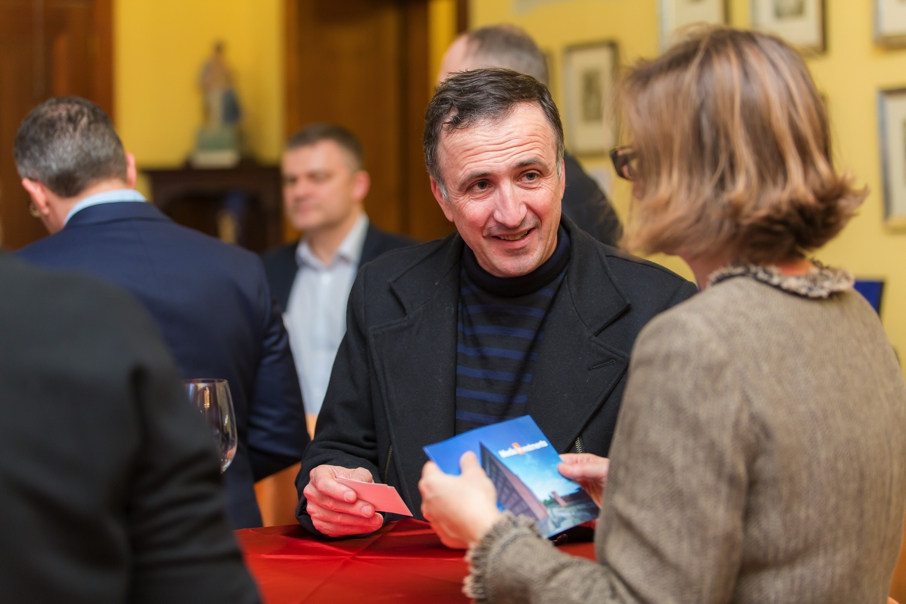
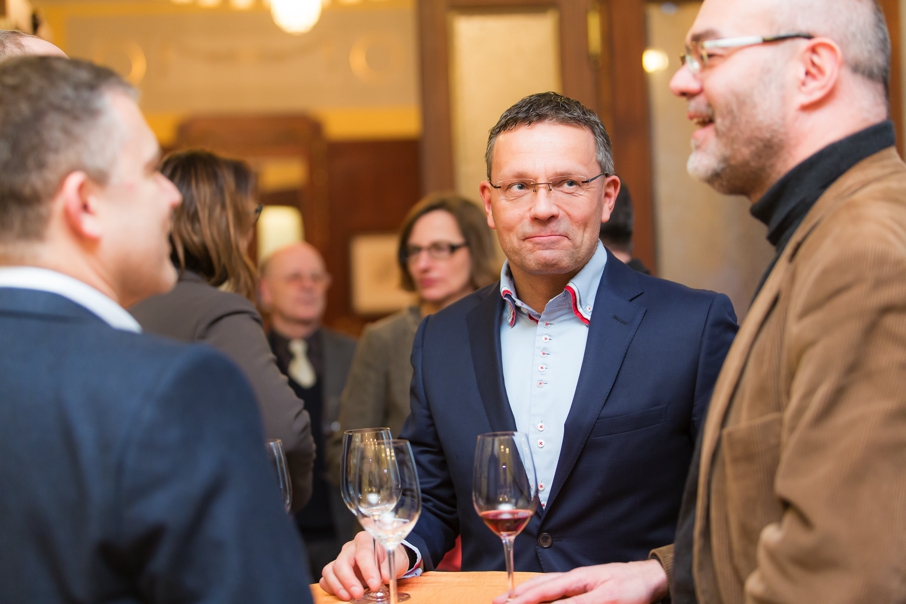
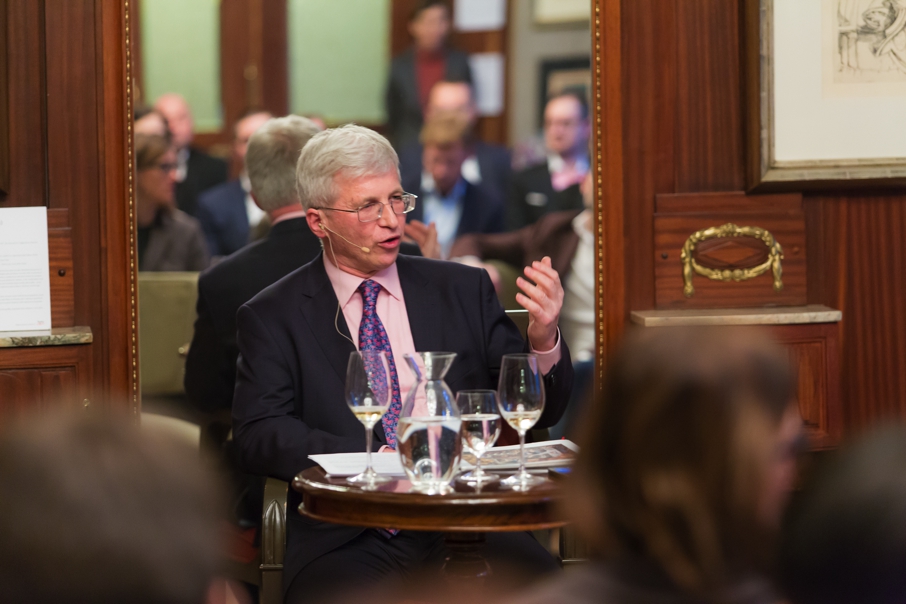
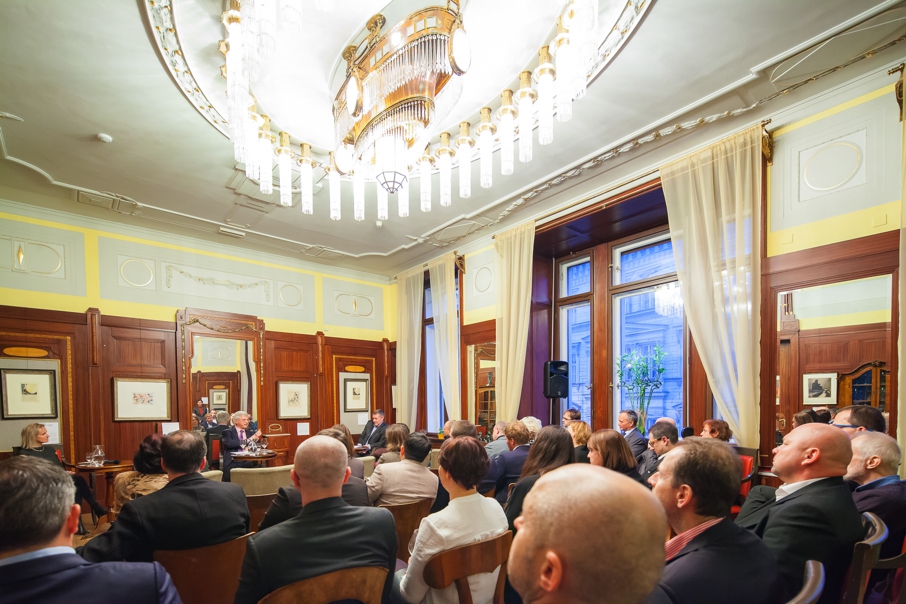
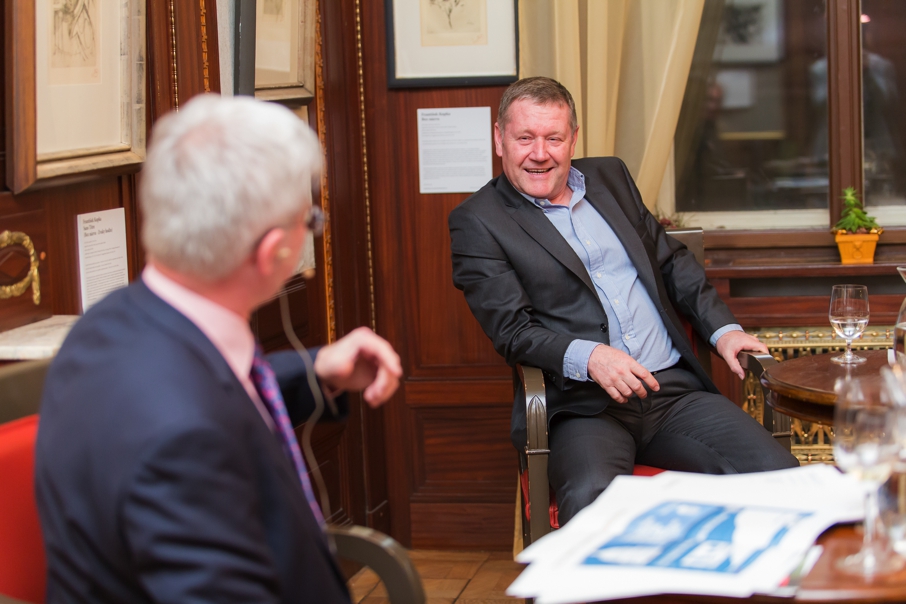
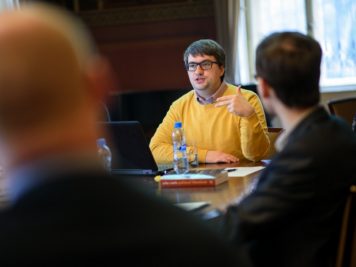
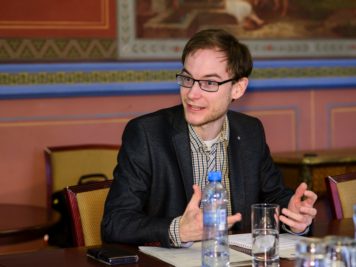
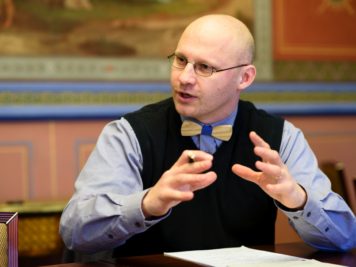
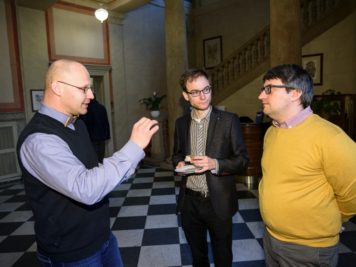
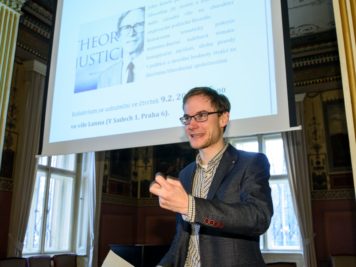
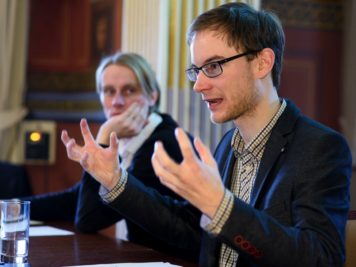
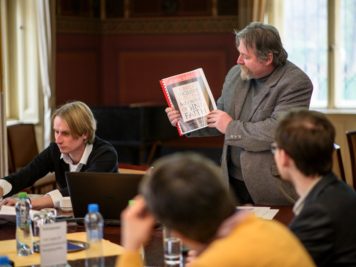
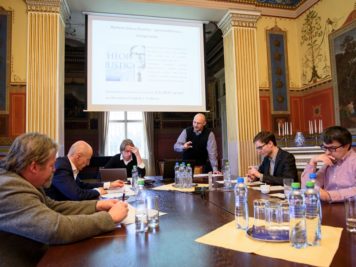
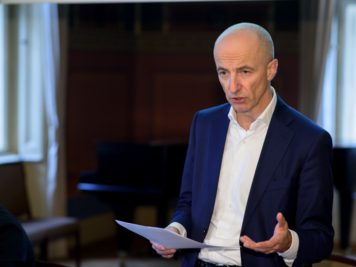
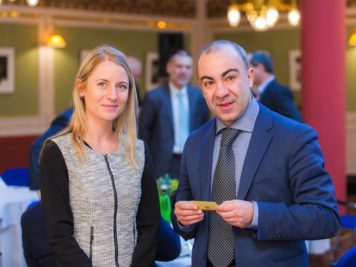
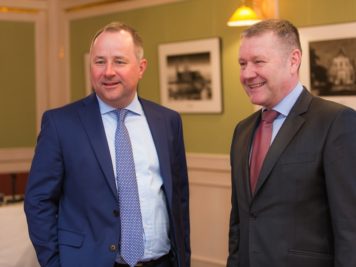
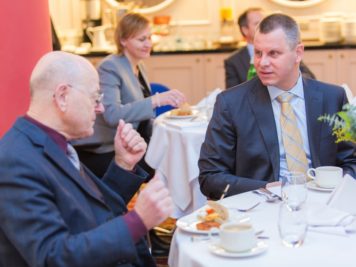
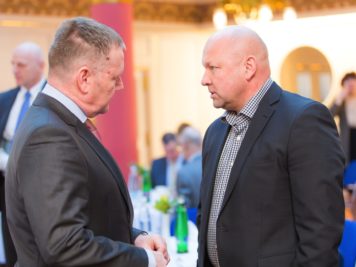
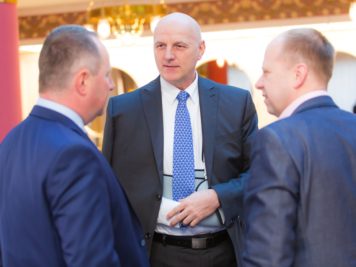

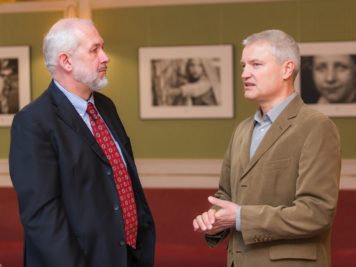
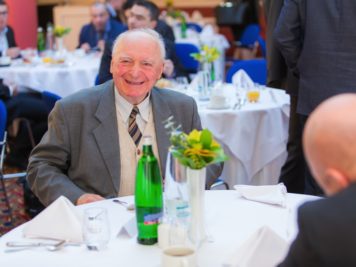
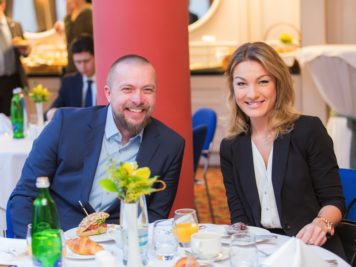
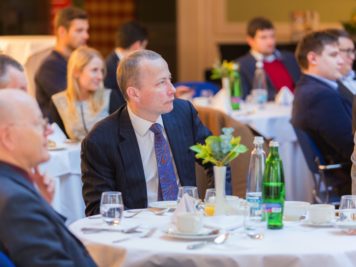
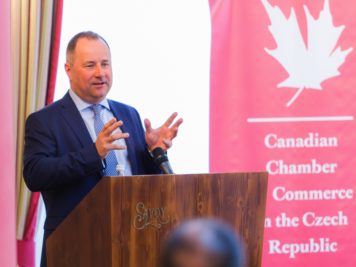
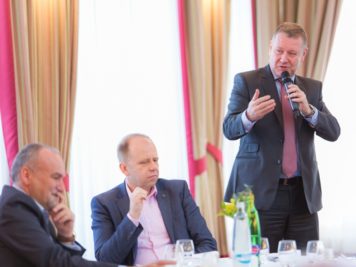
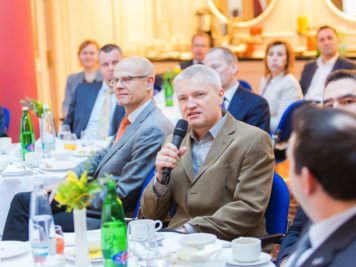
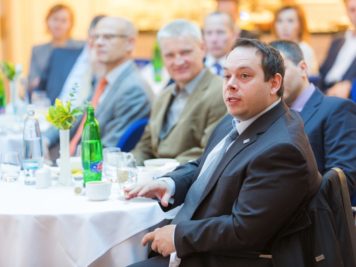
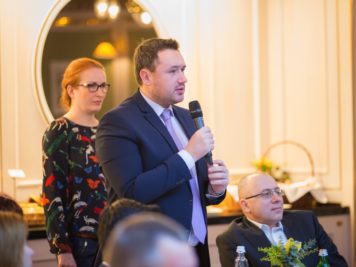
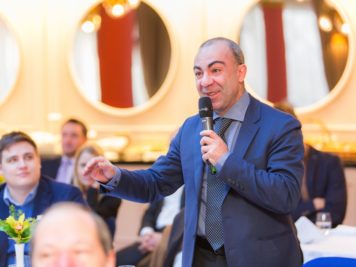
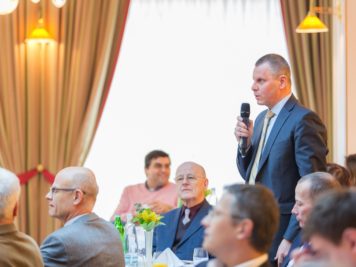
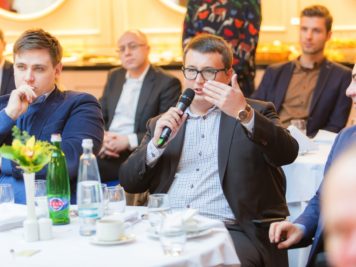
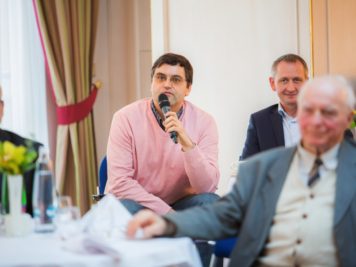
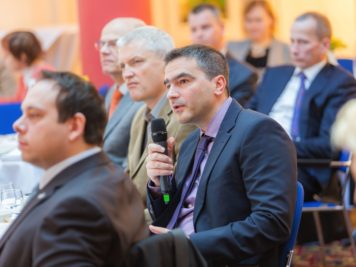
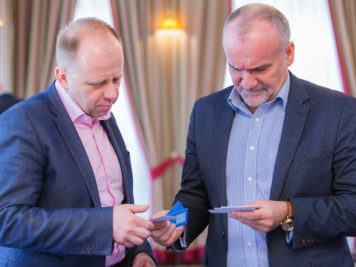
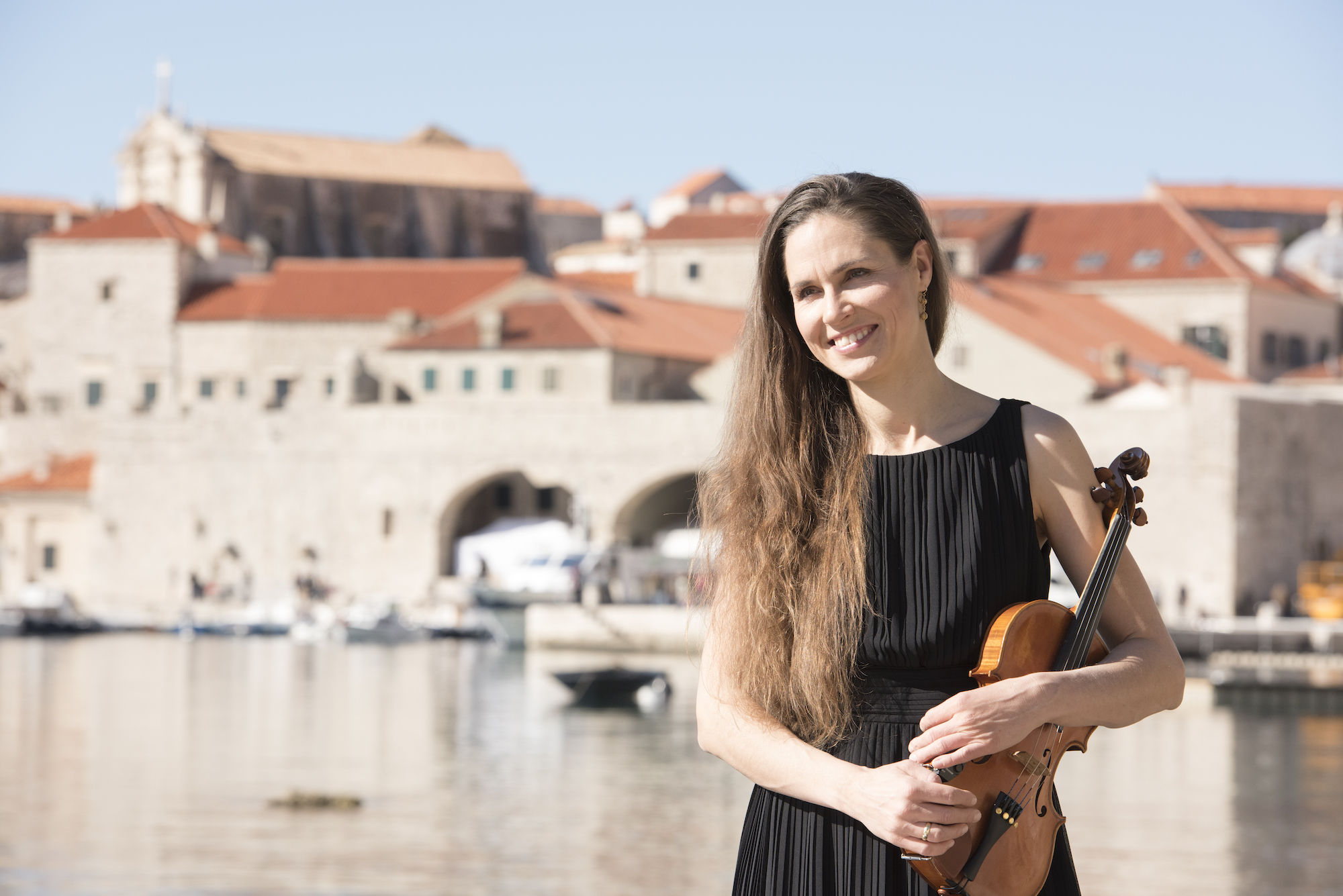
















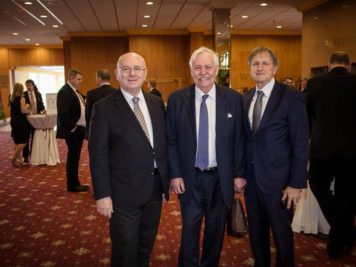
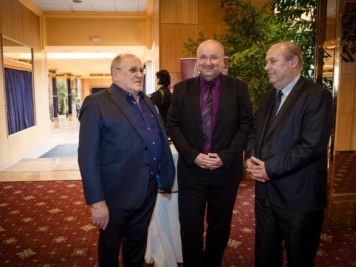
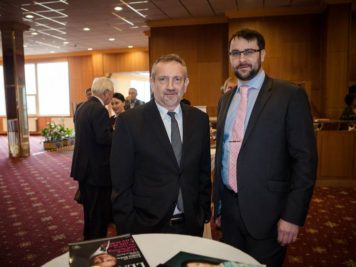
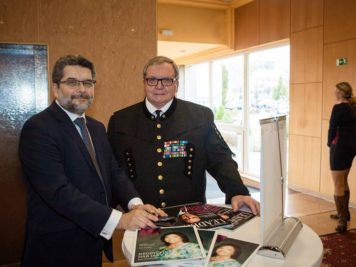
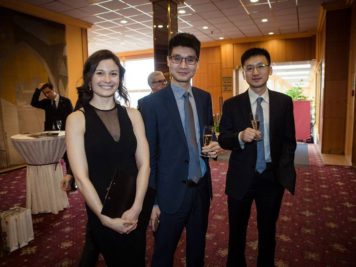
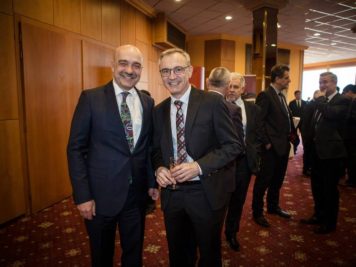
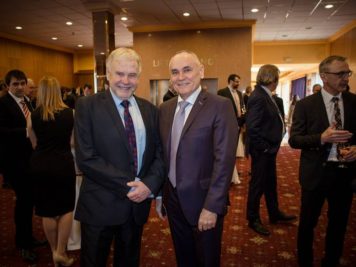
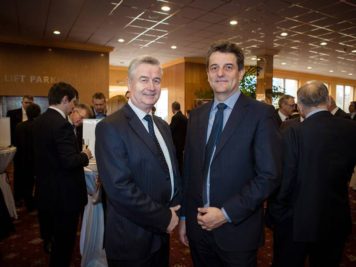
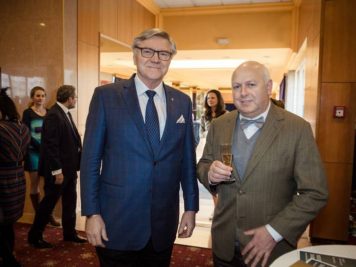
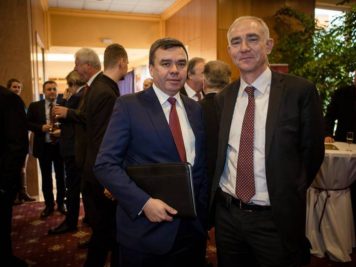
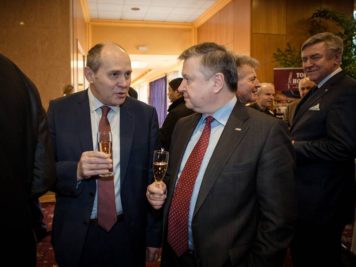
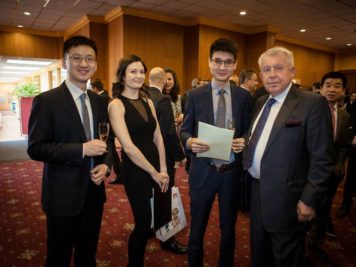
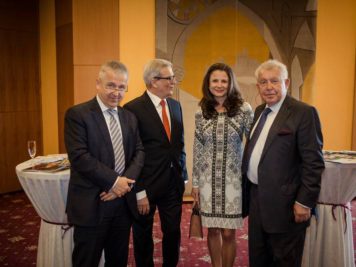
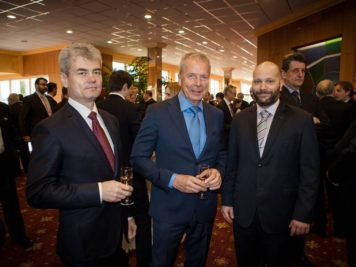
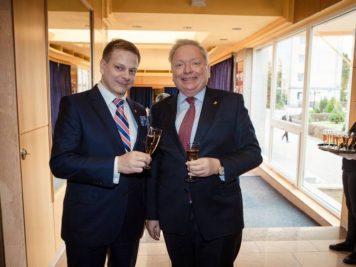
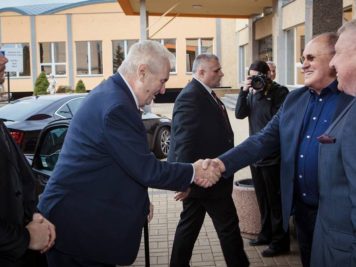
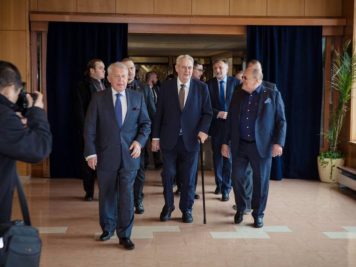
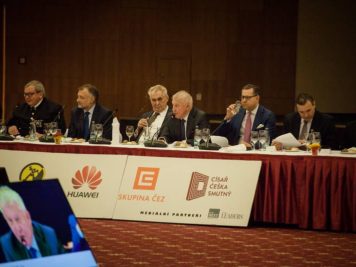
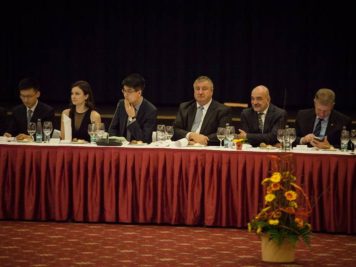
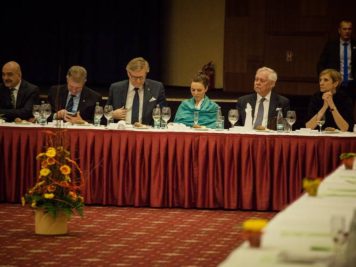
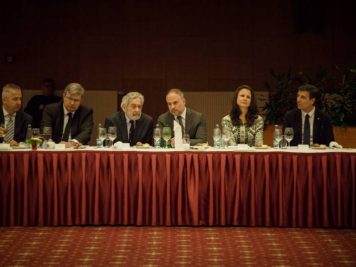
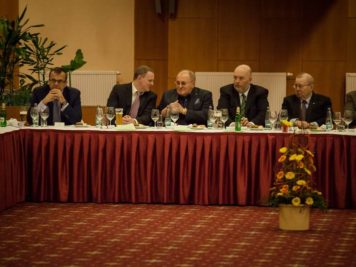
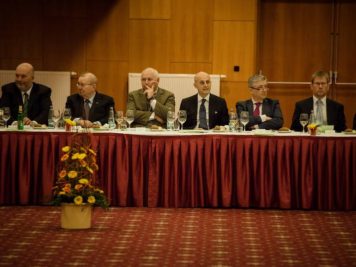
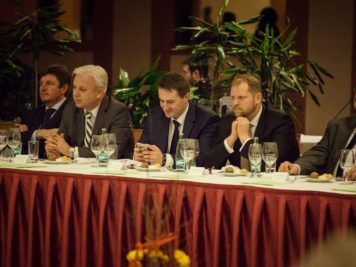
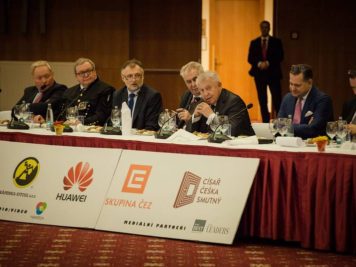

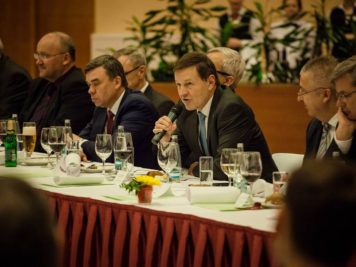
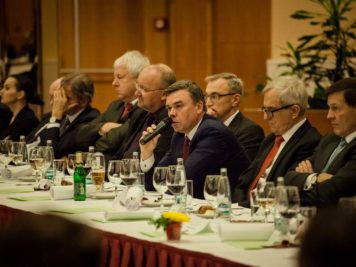
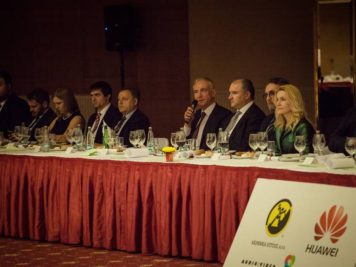
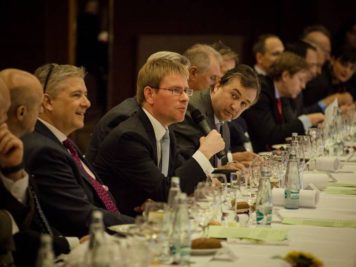
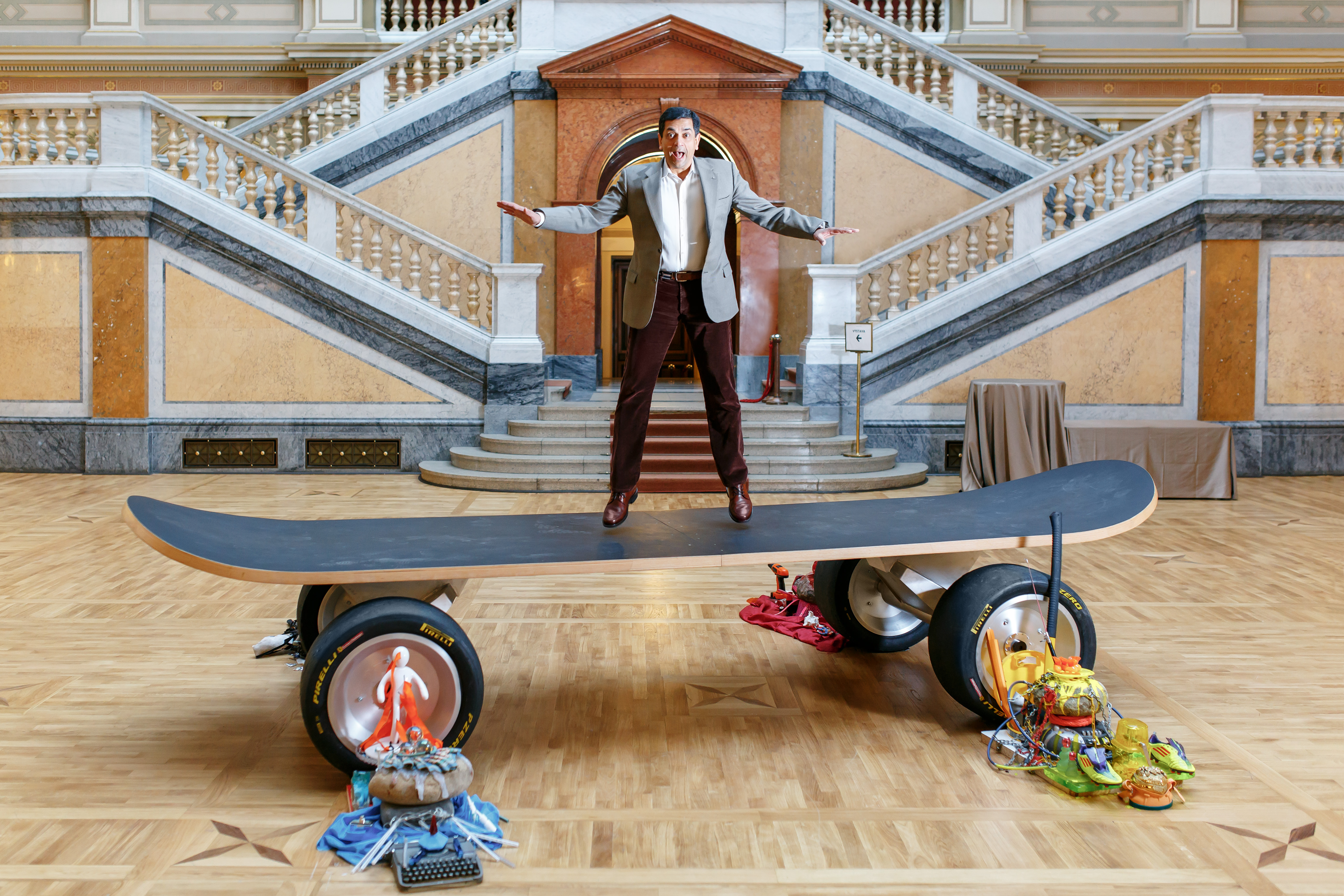
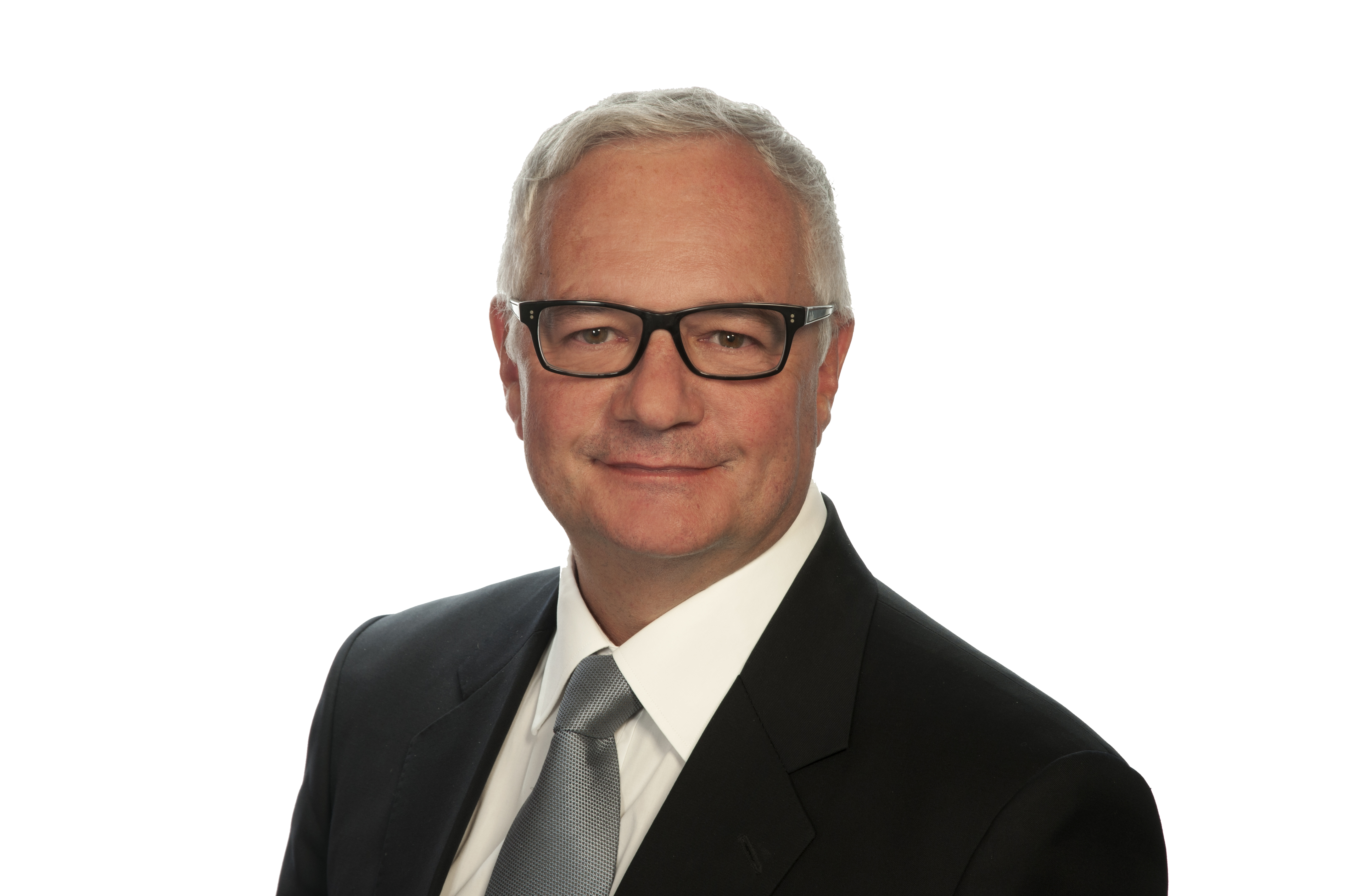
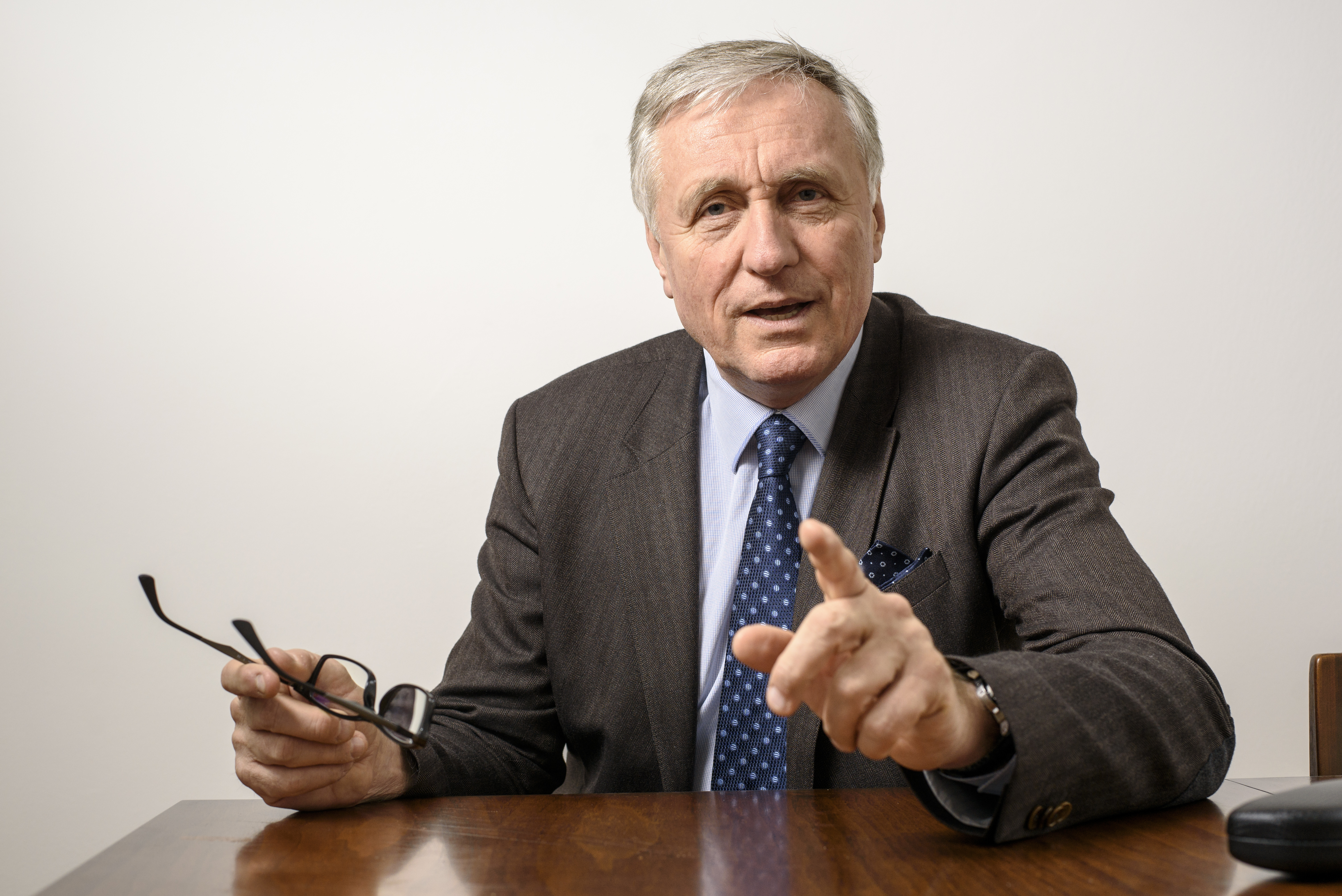

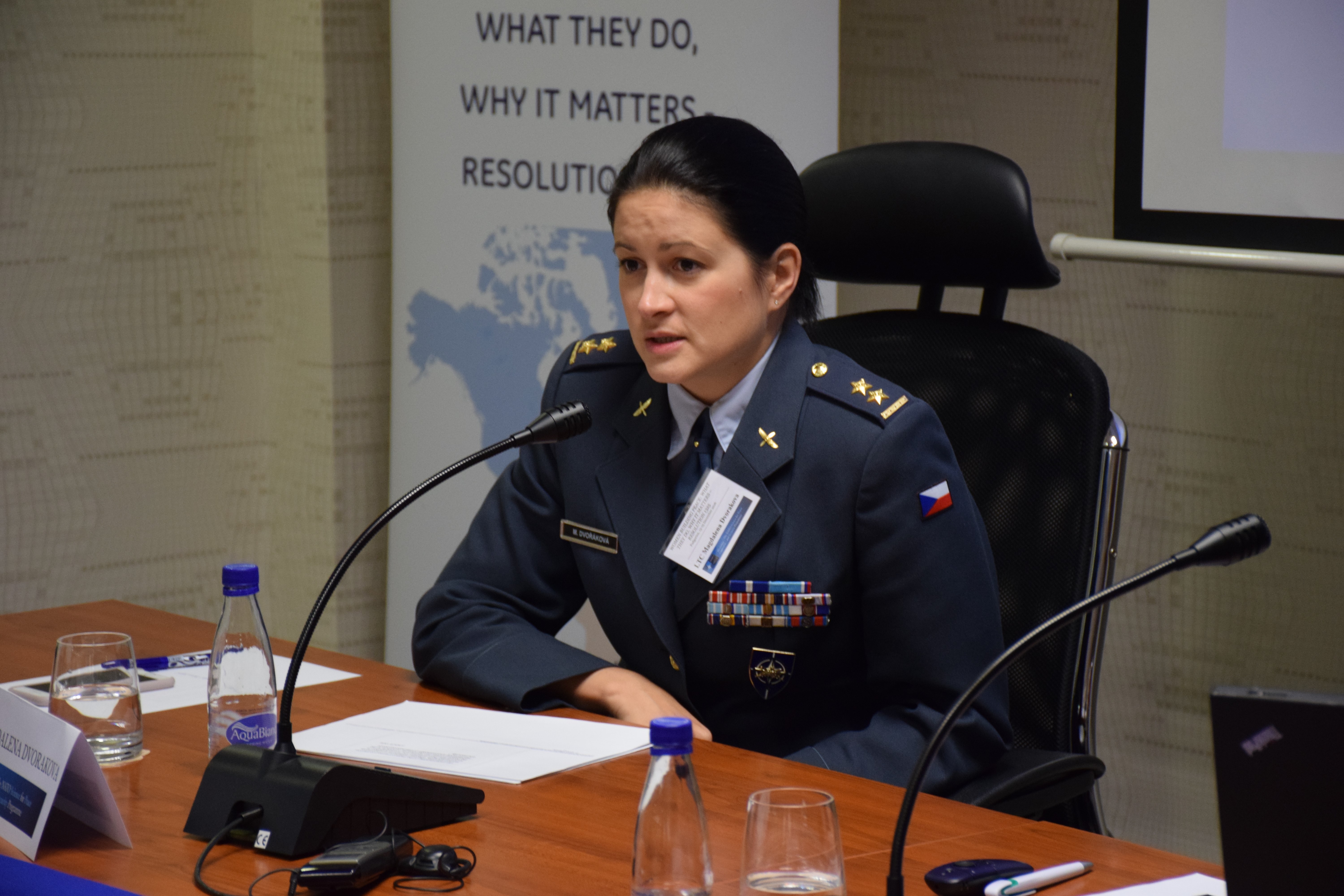
 At the turn of a year, some of us tend to reflect on the past 12 months as well as to look ahead at what the upcoming year may have in store. While all of us can do that, in reality, few people instinctively know their life purpose and what they want to do with their life in general.
At the turn of a year, some of us tend to reflect on the past 12 months as well as to look ahead at what the upcoming year may have in store. While all of us can do that, in reality, few people instinctively know their life purpose and what they want to do with their life in general.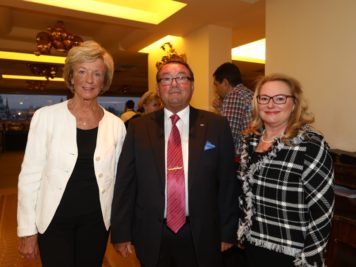
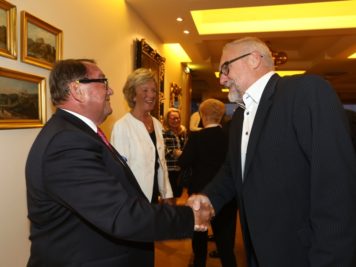
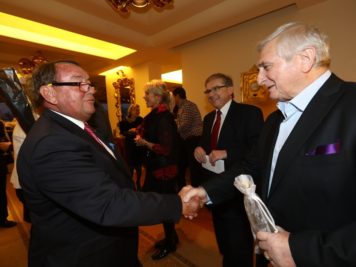
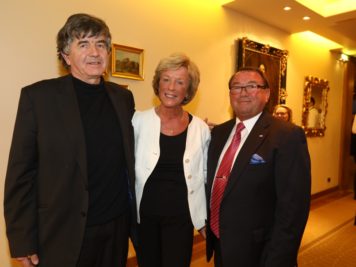
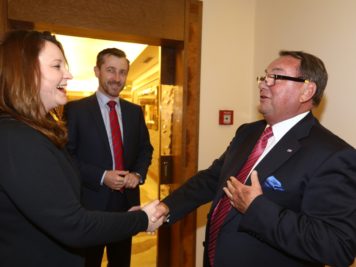
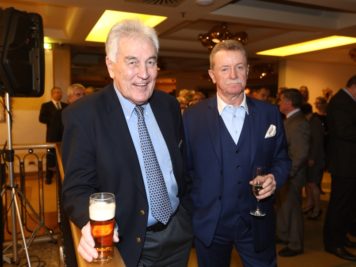
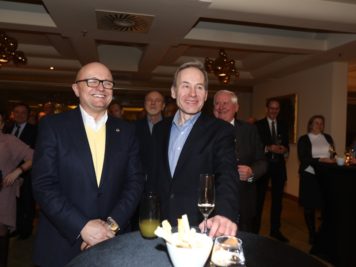
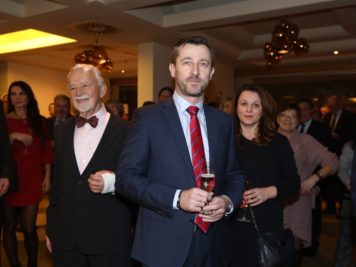
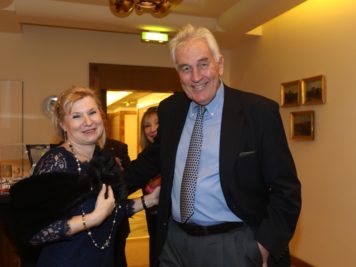
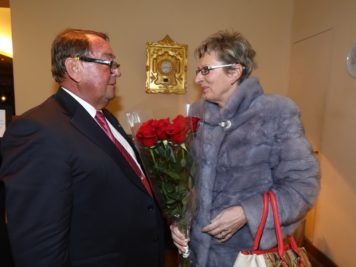
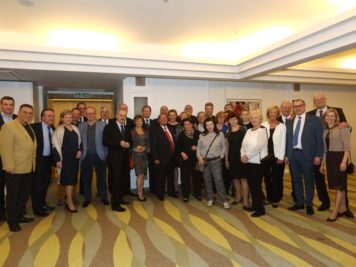
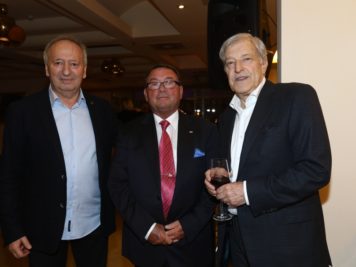
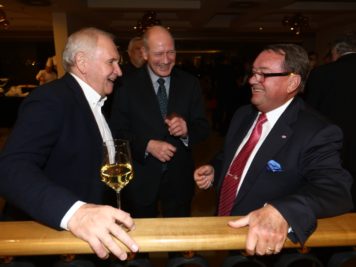
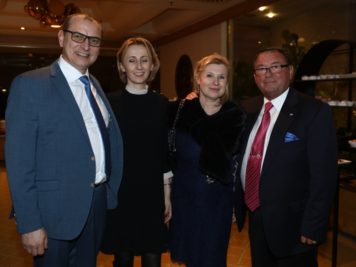
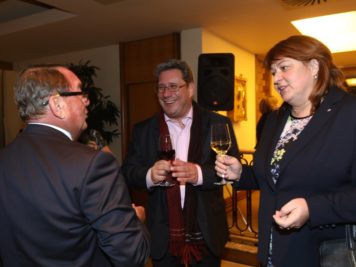
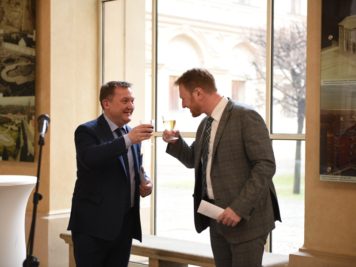
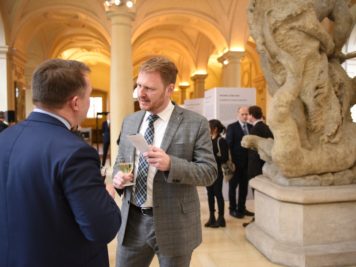
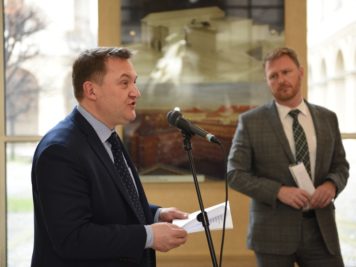
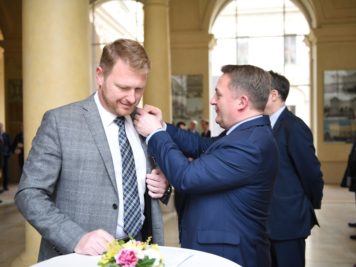
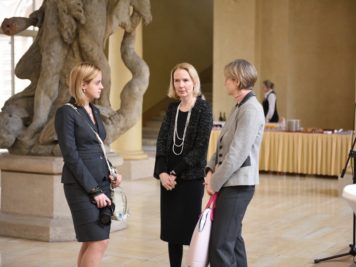
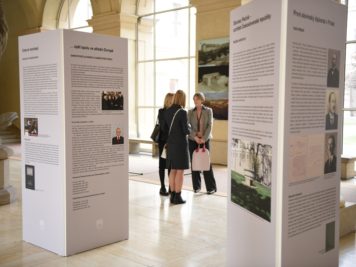
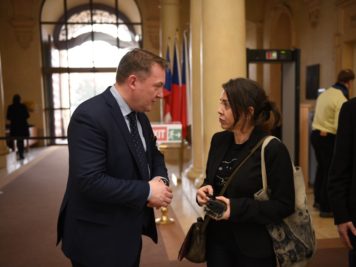
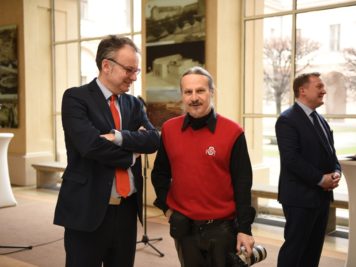
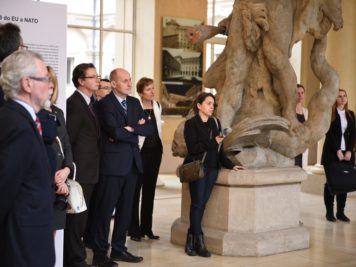
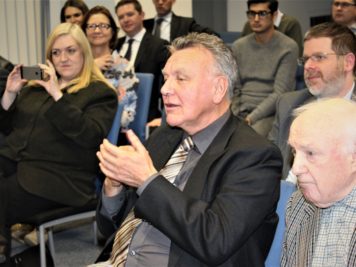
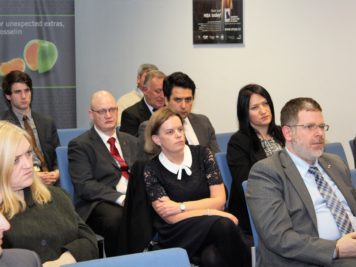
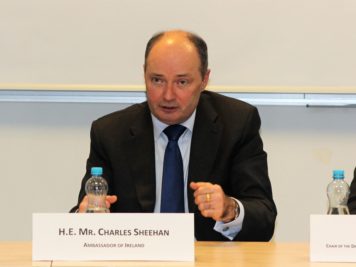
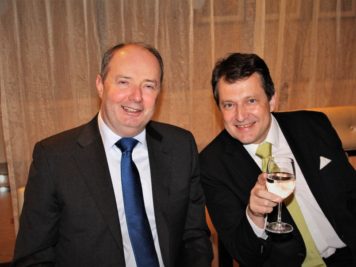
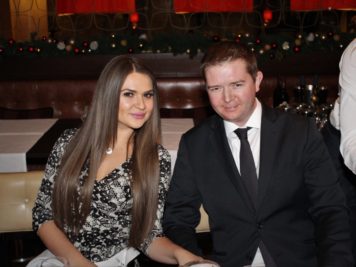
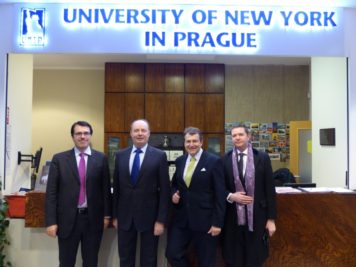







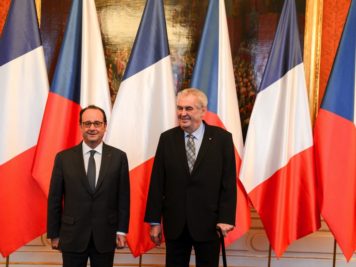

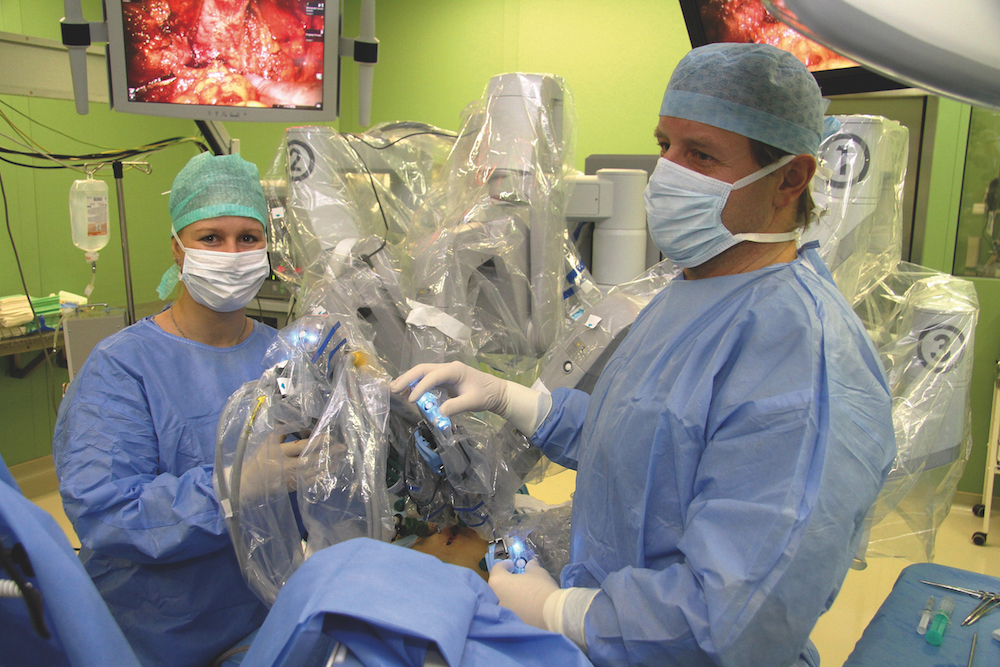
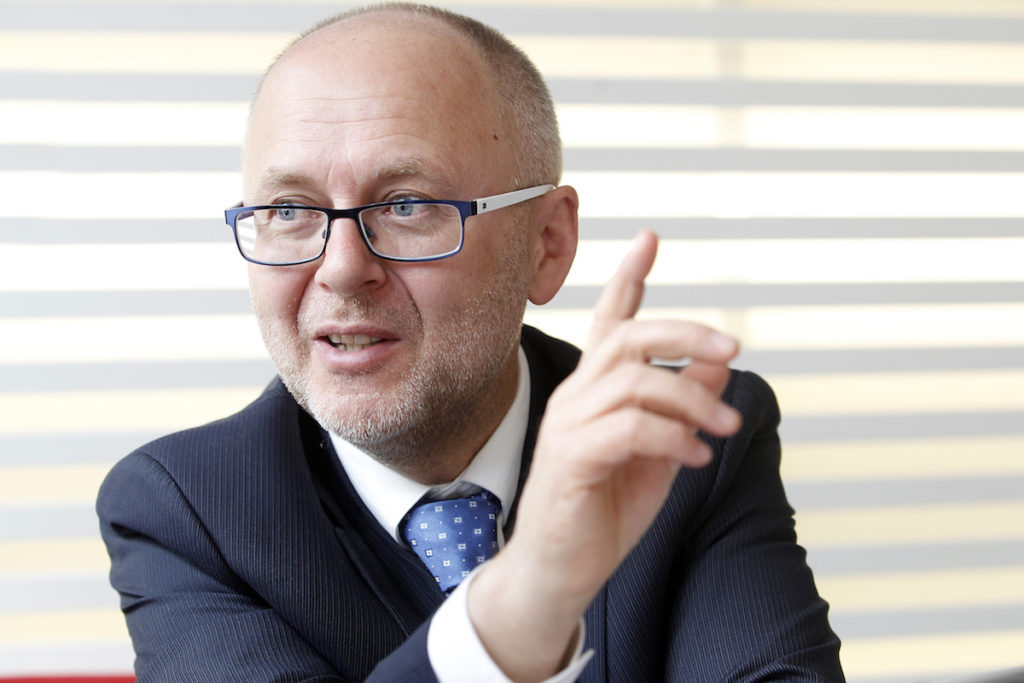


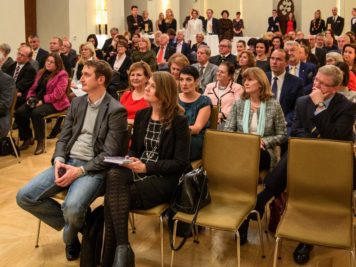
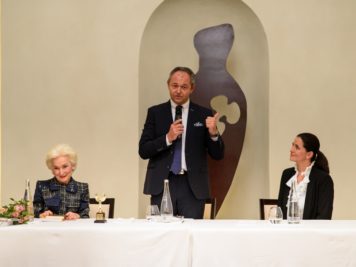
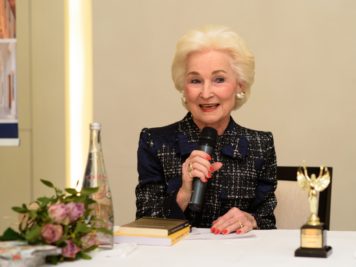
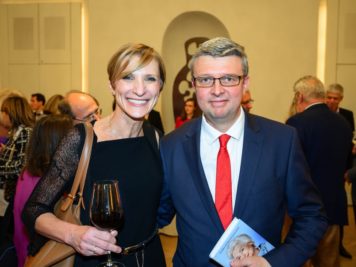
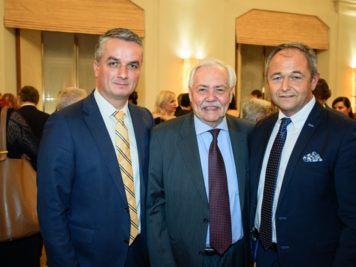
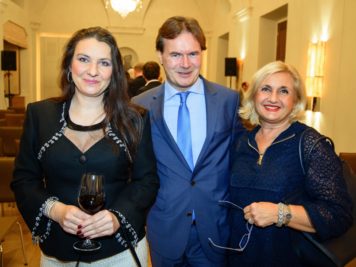
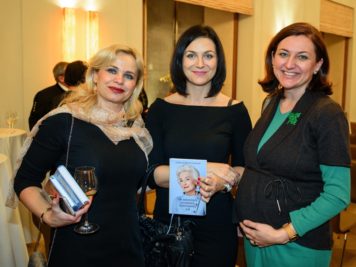
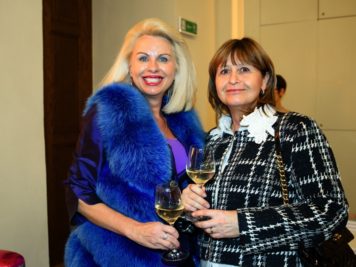
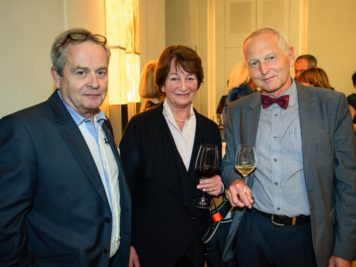
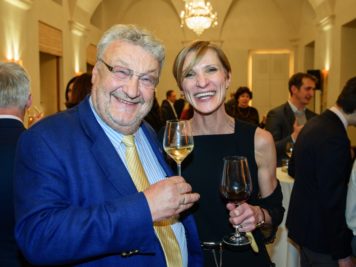
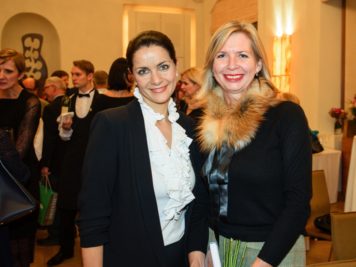
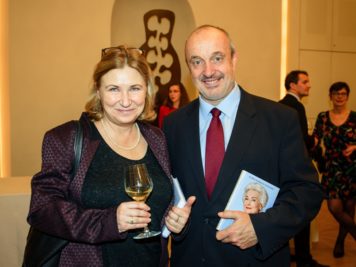
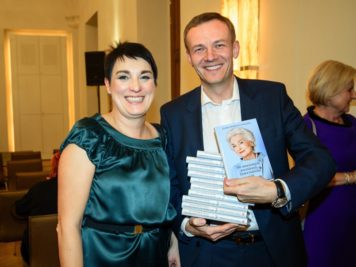
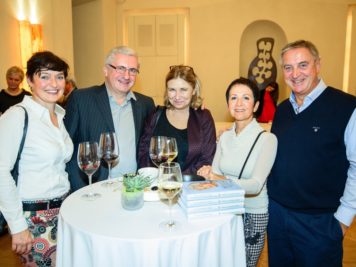
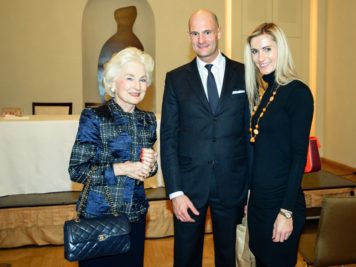
 A week after the Trump-Clinton presidential election, I received several emails from my sisters, who live in the U.S., lamenting that they and most of the people they know were in a terrible state, anxious and depressed with the outcome of the election. As a point of reference that supports their observations, the day after the election, Canadian Embassies all over the U.S. reported their phone lines were jammed by American callers asking about requirements to obtain a resident visa for Canada.
A week after the Trump-Clinton presidential election, I received several emails from my sisters, who live in the U.S., lamenting that they and most of the people they know were in a terrible state, anxious and depressed with the outcome of the election. As a point of reference that supports their observations, the day after the election, Canadian Embassies all over the U.S. reported their phone lines were jammed by American callers asking about requirements to obtain a resident visa for Canada.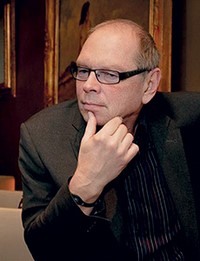 The end of the year often becomes an opportunity for some kind of a reflection. I have not done this for a long time, so I hope you may show some tolerance now and let me share a few points with you here. Definitely they are not only about the politics.
The end of the year often becomes an opportunity for some kind of a reflection. I have not done this for a long time, so I hope you may show some tolerance now and let me share a few points with you here. Definitely they are not only about the politics.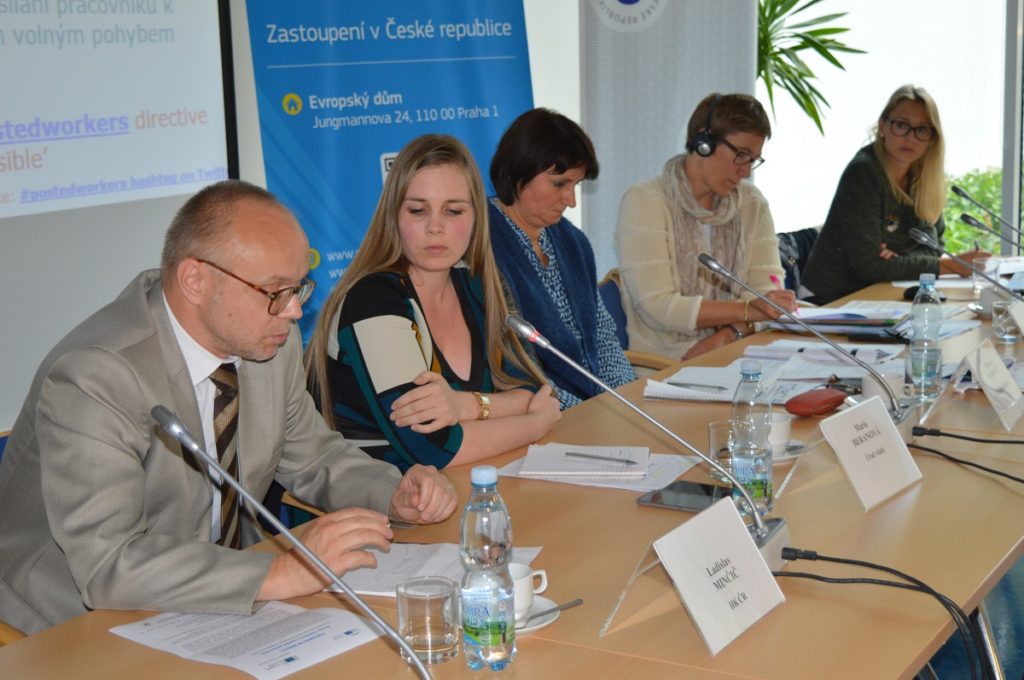
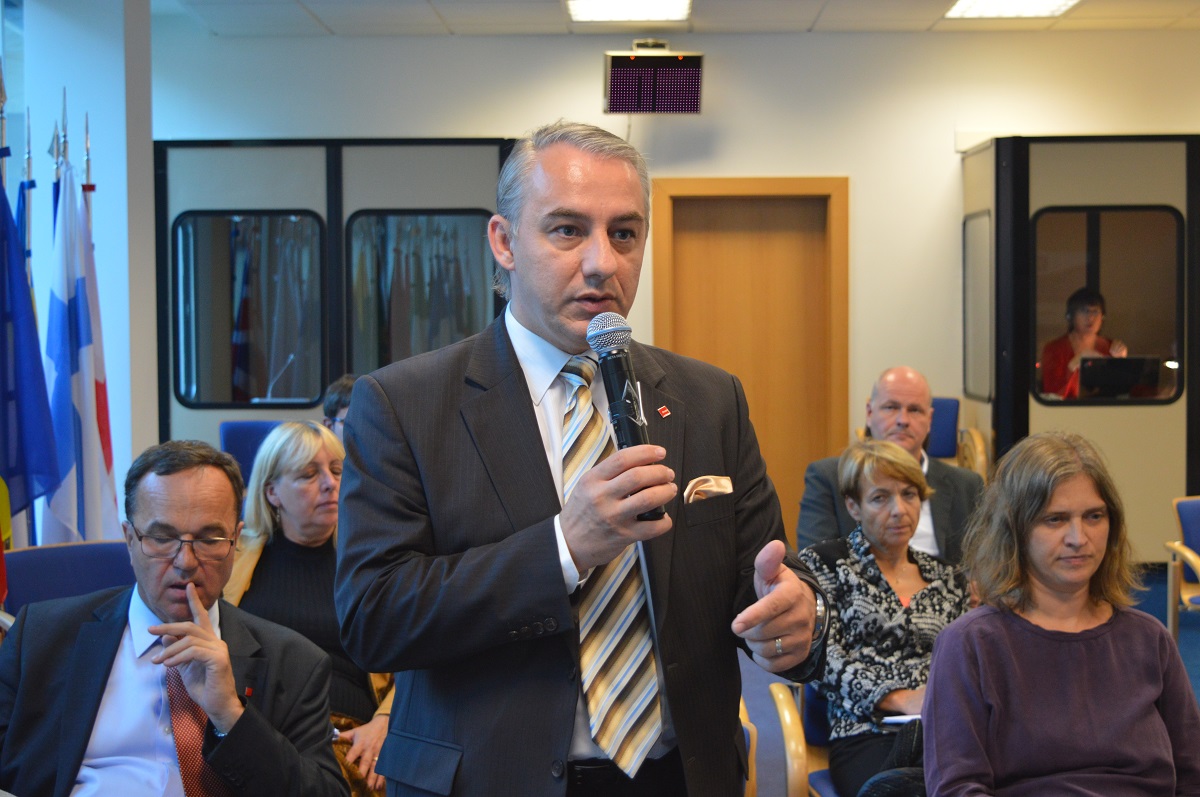
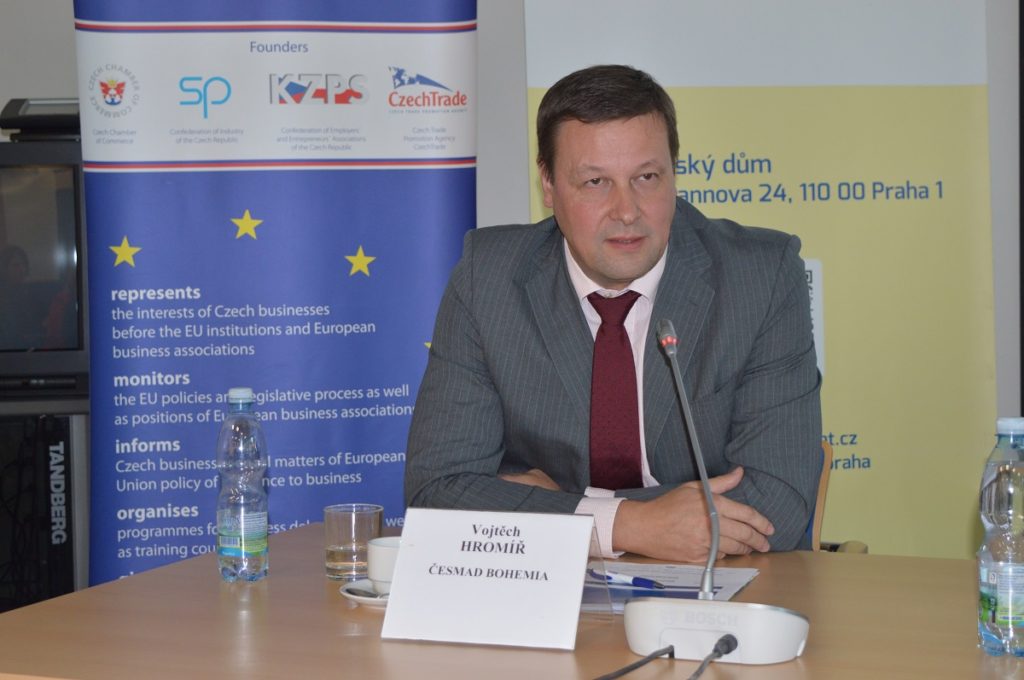
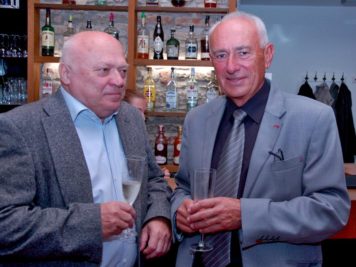
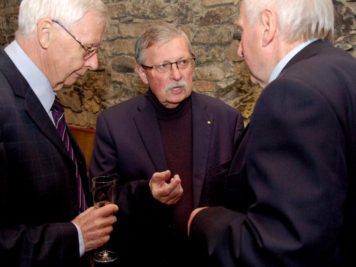
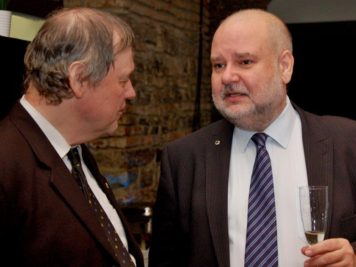
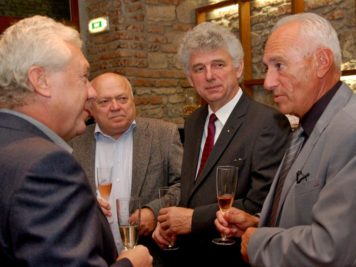
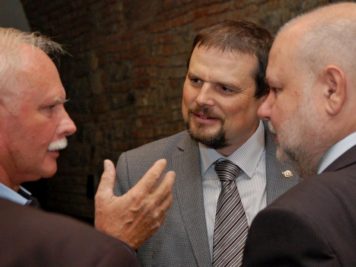
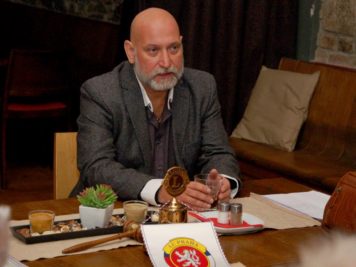


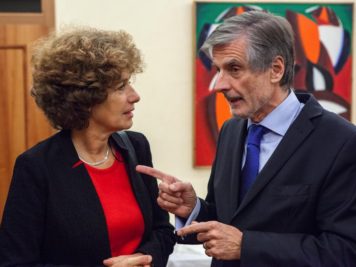
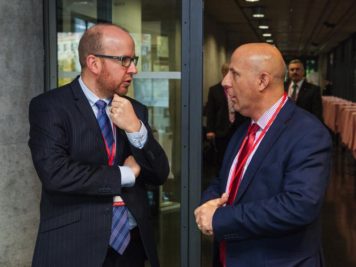
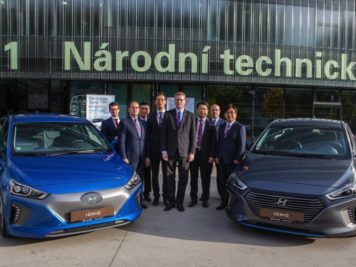
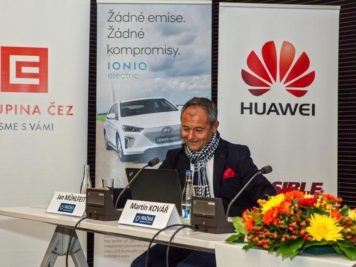
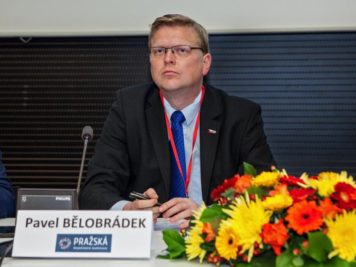
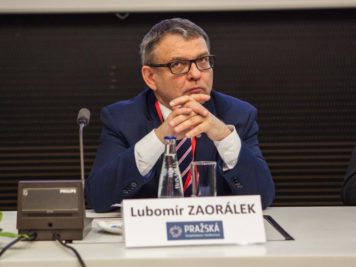
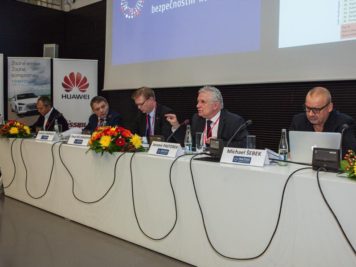
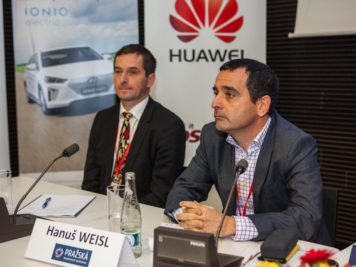
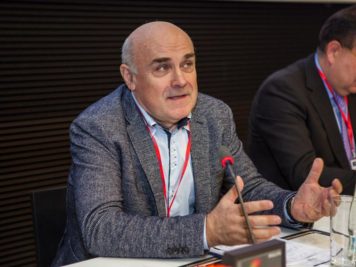
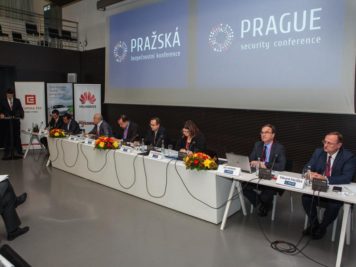
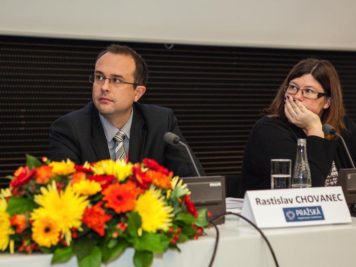
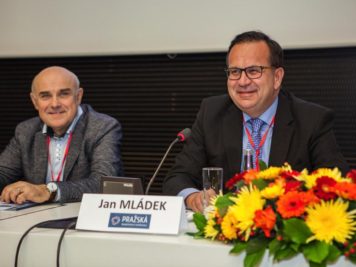
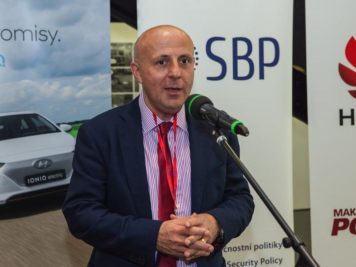
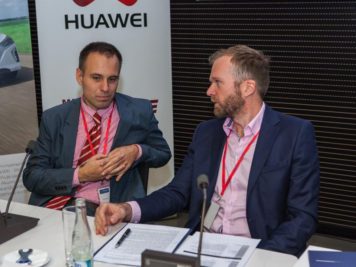
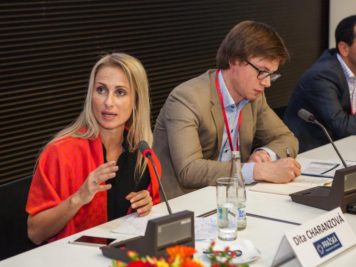
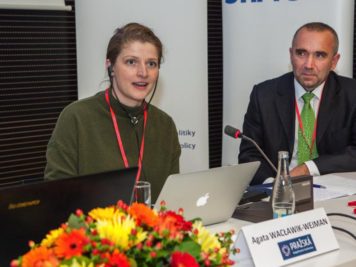
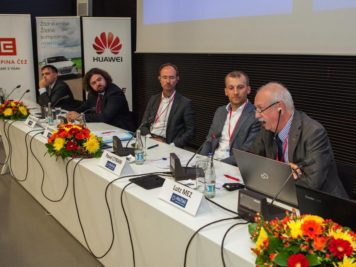
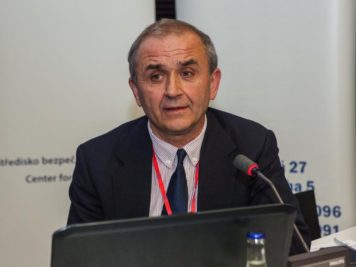
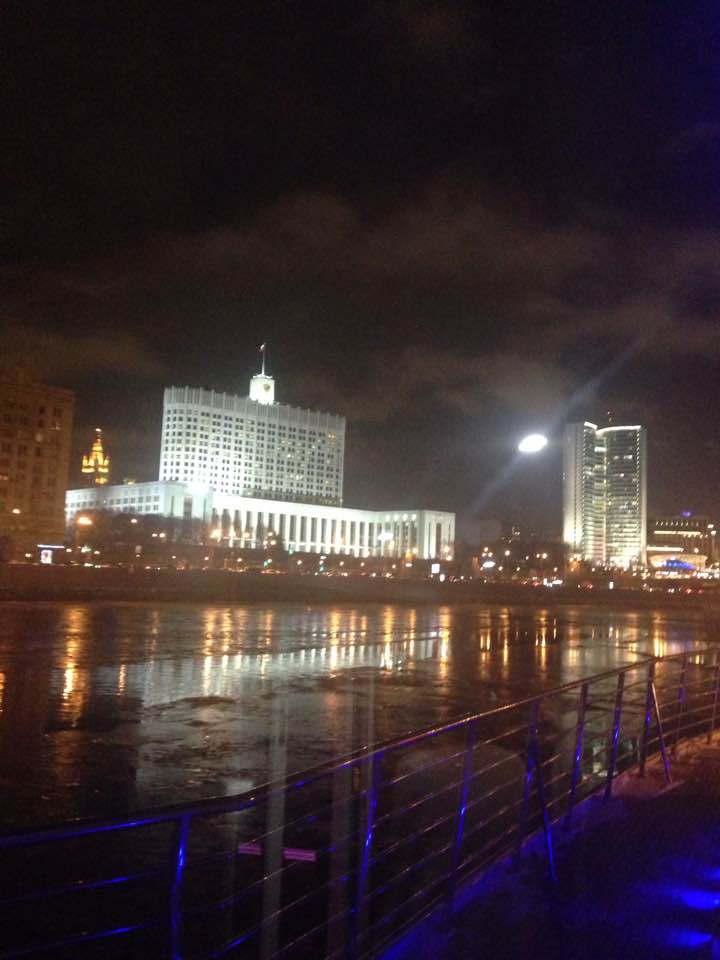
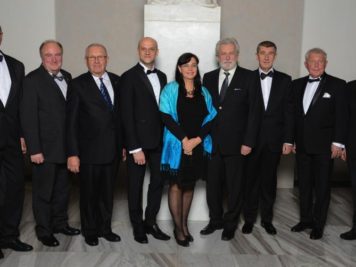
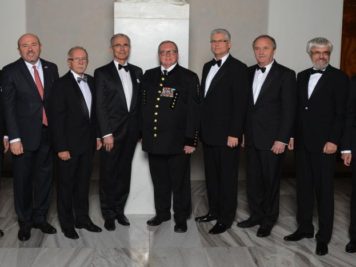
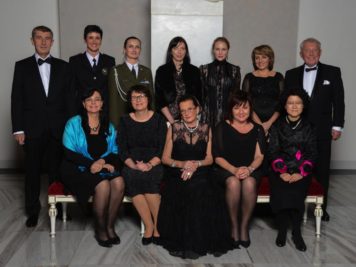
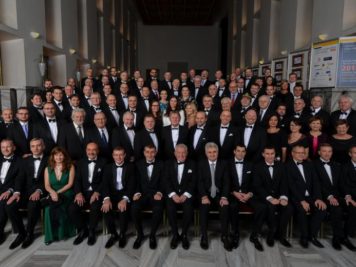
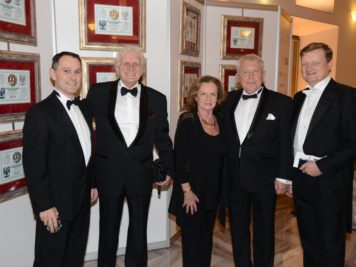
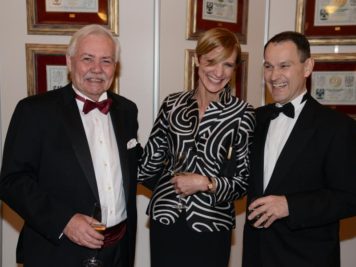
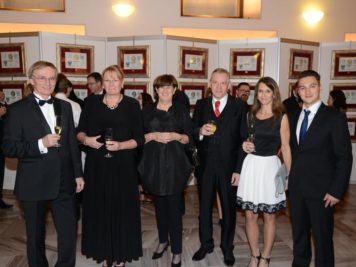
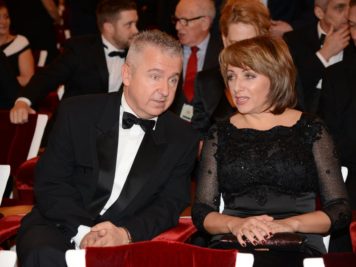
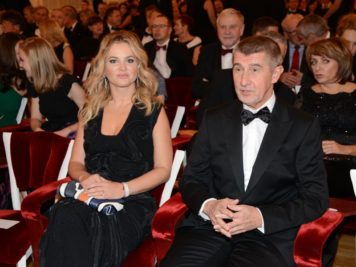
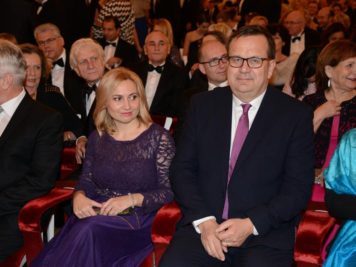
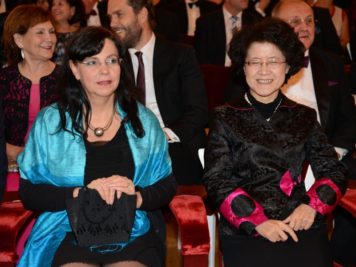
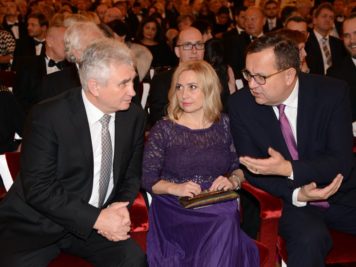
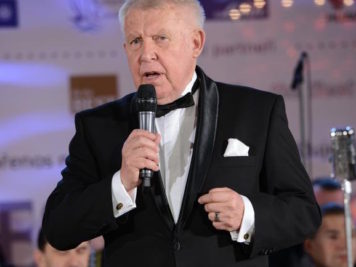

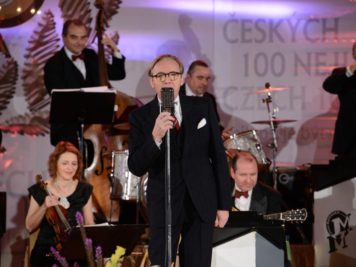
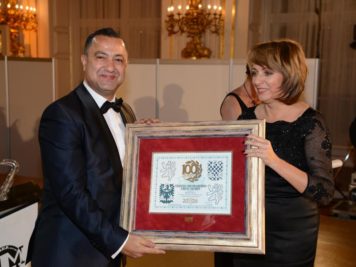
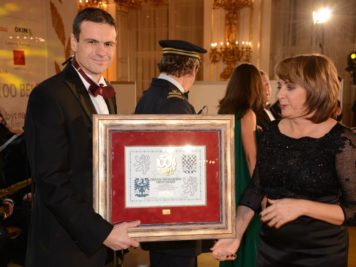
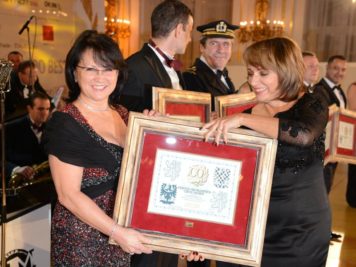
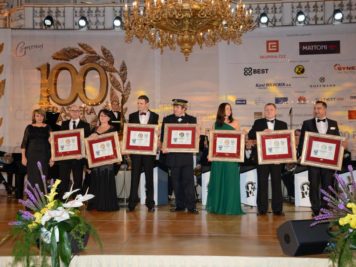
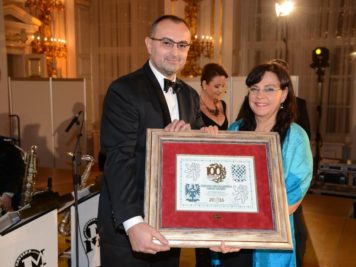
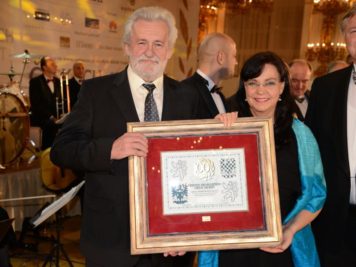
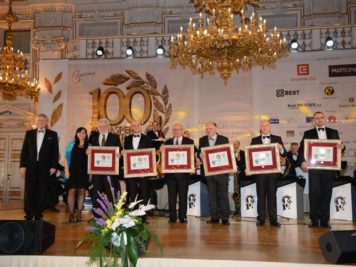
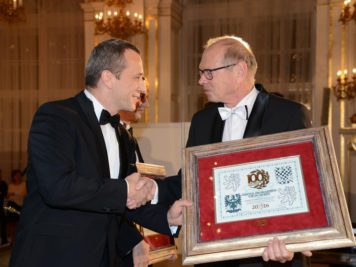
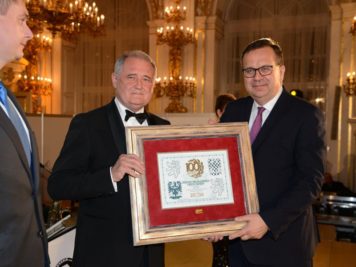
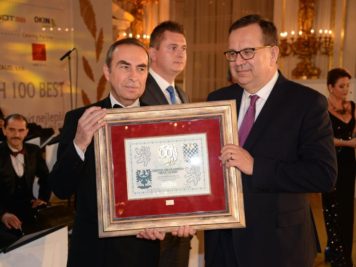
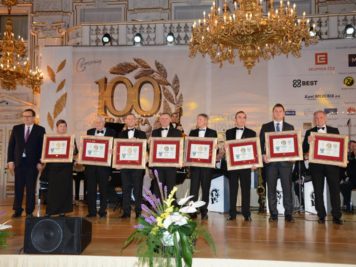
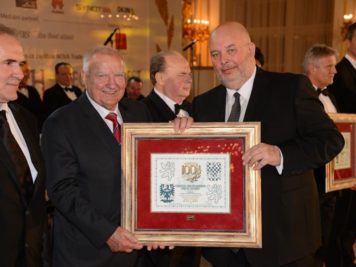
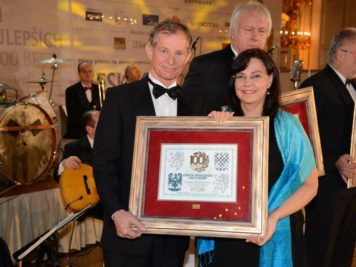
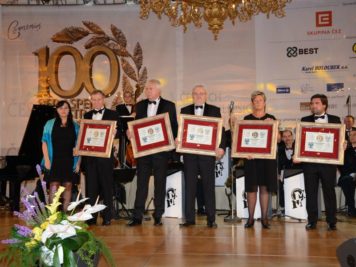
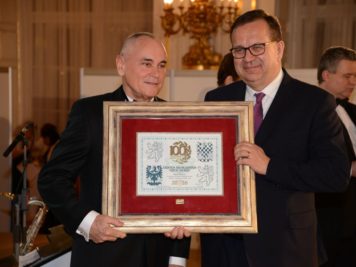
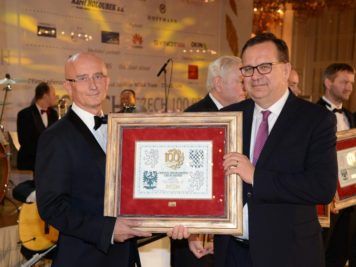
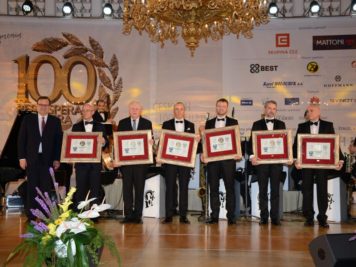
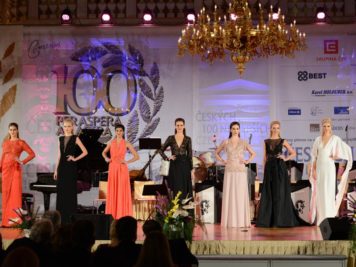
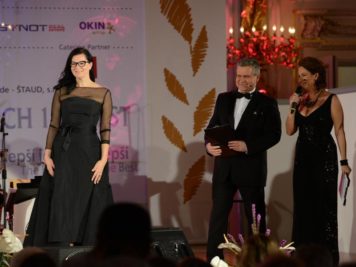
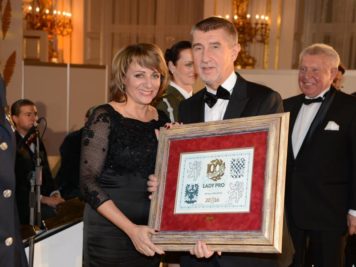
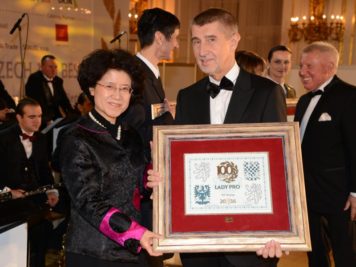
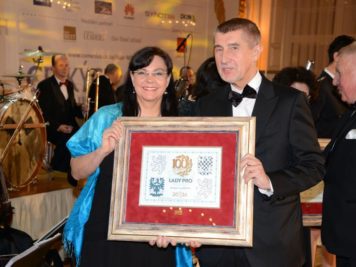
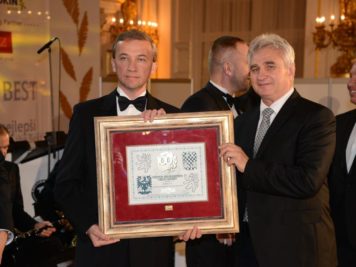
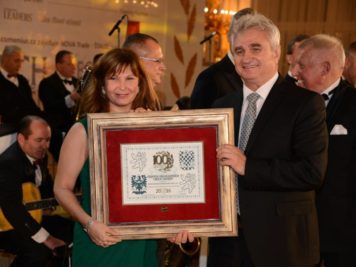
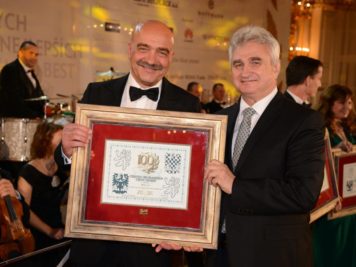
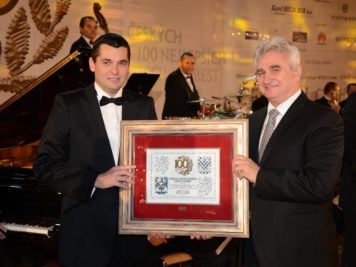
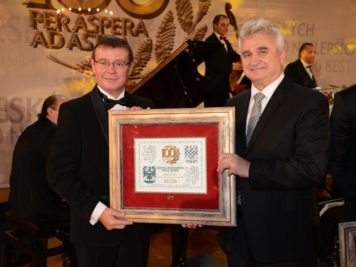
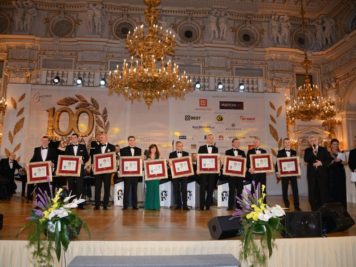
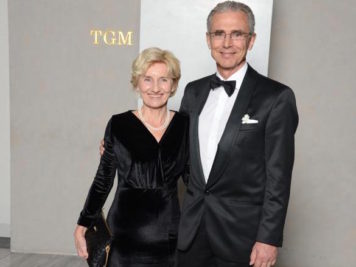
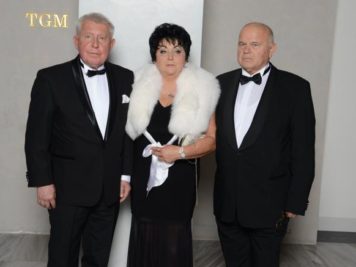
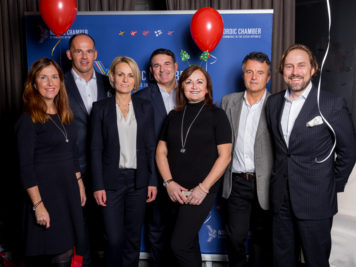
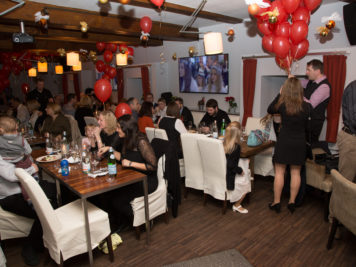
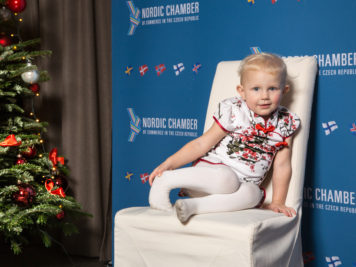
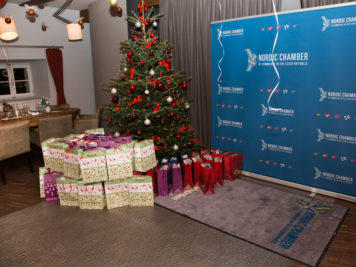
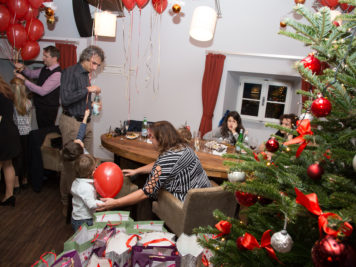
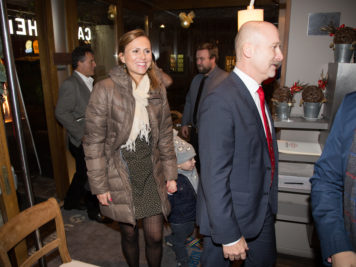




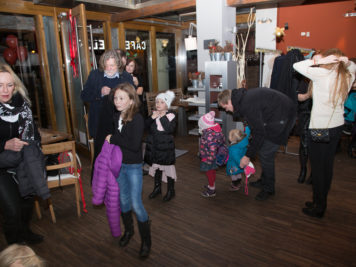
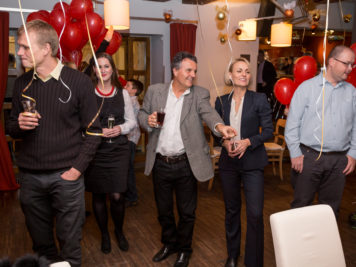
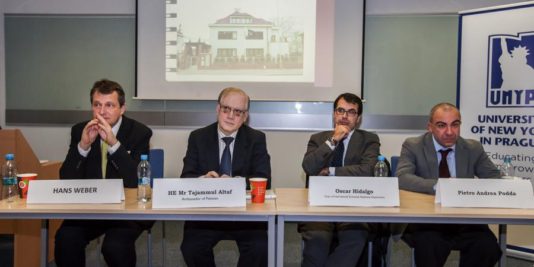
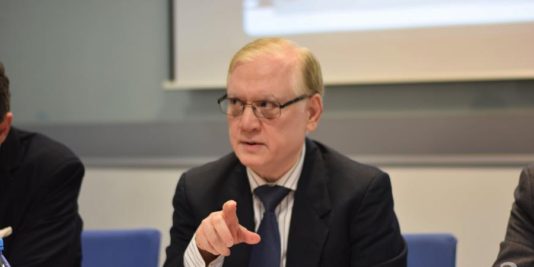
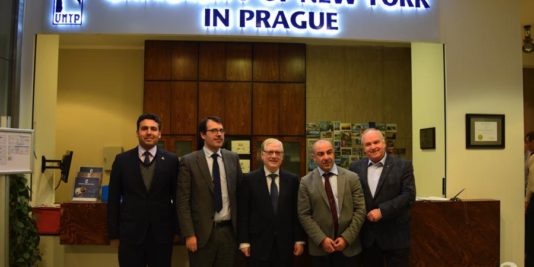
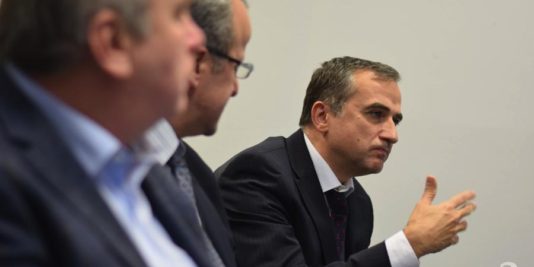
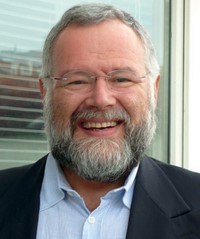 We are all participants in one of the biggest and shocking scandals on earth. Almost 40 percent of food produced for human consumption, gets lost or wasted globally. In the Czech Republic, almost 730 000 tons of food are wasted each year.
We are all participants in one of the biggest and shocking scandals on earth. Almost 40 percent of food produced for human consumption, gets lost or wasted globally. In the Czech Republic, almost 730 000 tons of food are wasted each year.